In honor of Transgender Awareness Week, here are 5 incredible stories by members of the community. Happy Trans Week!
Nikki Hayden, 26, psychology student, London
Until I was about four or five I didn’t know I wasn’t a girl, to be honest with you. One of my earliest memories, about five years old, was being yelled at by a teacher for going to the toilet with the girls. About the same age I realised I was different to these other boys. At the age of nine I refused to have my hair cut. I didn’t have it cut until I was 16, because having it cut was suc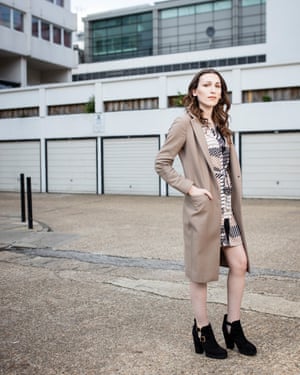 h a torment to me.
h a torment to me.
School was extremely difficult. I got bullied a lot. I was picked on for being too thin, for being feminine, for not liking football, for hanging round with girls, for having long hair. They mocked everything they could think of in terms of gender and sexuality.
I learned what trans meant through YouTube. I knew how I felt but I didn’t know there was a term for it. I was basically just trying to Google what I felt. A lightbulb went off in my head and I thought, this explains all the issues I’ve had as long as I can remember.
I never really told my family. They know, but I just started transitioning. I never said: “Oh, by the way …” My mum asked me if I was transgender when I was around 19 after I’d already transitioned. She said: “Well, are you?” And I was like: “Are you blind?”
On a day-to-day basis I don’t tell people I’m transgender. The thing about trans people is, we feel very normal. It’s the way we are, it’s only when people say you’re not normal that you feel that way.
I’ve always been extremely feminine, I always felt that way. I can’t say that I ever felt like a boy, I just had to live as a boy for the first 16 years of my life.
Trans people are the same as everyone else, our ideals in life are to be happy, to be respected, to be comfortable. I’ve had people who have openly said to me that they’ve had prejudices around trans people but as soon as they’ve met me they’ve understood more – it’s who I am and the way that I was born. There’s no real difference between myself and people who are cisgender [non-transgender].
Keith Reynolds, 18, student, Surrey
A lot of people have it in their head that we wake up and decide to be trans. I want people to know that it’s not a choice. Nothing has happened in my life to make me trans. I was born trans.
I’m desperate for hormones and surgery. My dysphoria makes me feel like I’m embarrassed for people to look at me. In my head I’m this weird thing that is ugly. I have to wear baggy clothes to hide my hips, I have to think about how many layers I have to wear to hide my chest.
I really understand that the NHS is overstretched because there’s a sudden influx of people being referred. I completely understand why, but that doesn’t stop the frustration.
Surat-Shaan Knan, 40s, project manager for Liberal Judaism, London
I didn’t really know anything about gender identity until quite late, when I was in my mid-20s. I also come from a secular Jewish family, so I didn’t know much about what it means to be Jewish either.
I identify as non-binary, trans-masculine. Being trans and Jewish seemed a complete oxymoron. I thought, it can’t be, I have to decide between them. But I had this wonderful community here to give me all that space and time to come out.
I feel very blessed that everyone, including family and friends, have been extremely supportive throughout. I haven’t had to go through what many trans people have to go through.
Years ago when I came out I went to the wall [Western Wall in Jerusalem]. There are three sections – the male section, the female section and an ungendered section. Now I would probably go to the ungendered section, but it was my first time presenting as male in such a holy place and I went to the male section of the wall. It made me so happy to do that, to go to the part of the wall I wanted to. I was transitioning medically and spiritually and it was one of the most important moments of my life.
A Jewish online magazine reported on that and it sparked off online, I got really abusive messages. I thought, these people don’t know me, I don’t think anyone should be able to tell you who you are and how to live your life. Yourself is yourself, even in the religious community.
A lot of people from mainstream trans communities ask me, how can you be a person of faith, because even your own religion has been so horrible to LGBT people in general and trans people specifically? That’s true. But it’s about what faith means and leaving out what some leaders and institutions do with it.
In the media, the focus is often on the pathology and medical transitioning and that’s a big part of it, but there are so many layers of what it means to be trans. It’s almost like trans people are one-dimensional, they are just these people who need medical help. I do hope we will change our view on what trans looks like. It’s not just something on the outside, it’s something that’s very deep and spiritual.
We are created in the image of God. I am part of that as a trans Jew.
Jenny-Anne Bishop OBE, 70, retired sales manager, scientific instrumentation, Rhyl, Wales
I knew I was trans from about three or four years old. From a very early age I thought one day I’ll wake up and my body will be like my sisters’ and my parents would say: “Oh, we had a girl, not a boy as we thought.”
When I went to university I learned about transsexuals and that some of them transitioned. I brought this up with my tutors and they said: “People like you don’t do that.” They said: “Just get married and it’ll all go away.” That was the perceived wisdom then – they told gay and lesbian people the same thing.
So I was persuaded that I should get married. Within three or four months I told my ex how I felt and initially she was very supportive. I used to go to a support group once a week; I’d have a weekend out once a month where I’d get dressed up and go clubbing with some other girls in Manchester. I had to travel a lot for work, which gave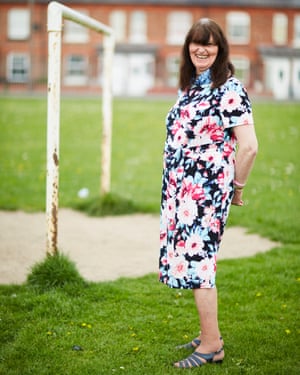 me opportunities to be myself. These coping strategies kept me going through about 30 years of marriage.
me opportunities to be myself. These coping strategies kept me going through about 30 years of marriage.
When they found out at work I’d regularly lose my job. It’s happened five times, most recently after the equality legislation had been passed. One time, very early on, I was coming back from my support group at night. I got stopped by police at a routine roadblock. The officer asked if I was allowed to drive a company vehicle dressed like that and called my work to tell them I was dressed like a woman.
I had one job where they got rid of me and then they wrote to every company I applied to and said: “Don’t employ this person, they’re trans.” Each time I lost my job we had to move. The last time it happened my wife wouldn’t move any more – that’s what really ended our marriage.
When I transitioned full-time [in 2007] we had difficulties like having the car regularly damaged and having “the trannies live here” painted on the house. When I moved to north Wales to live with my trans partner, Elen, no one knew me as anyone else, so almost all the abuse stopped. Elen and I got married in 2011.
There’s still so much to do, but there have been huge improvements in acceptance. There is much more legislation to support us, particularly in the last few years. That night I got outed by the police officer, I wouldn’t have even dared go into the police station as myself. Now I go in and have lunch with the assistant chief constable or the police and crime commissioner to discuss combating transphobic hate crime.
J Fernandez, 23, administrative assistant, London
The people you see in the media are usually one type of trans person. They’re usually binary [identify as either female or male], they usually pass [as someone of that gender], they’re usually white and they usually have this narrative that they’ve always known they’re the “wrong gender”. It makes other trans people scared to tell their stories.
Non-binary people are people who don’t identify as male or female all the time. There are lots of subsections – you might be agender, gender fluid, bi-gender, a demi-girl or a demi-boy. You might not understand the nuances of the differences, but everyone is always making up new identities to match their experiences and that can only be a good thing. While it can be confusing, it’s better than saying you can only be this thing and we won’t talk about anything else.
I just identify as non-binary and don’t put myself into any sub identity. Some days I like to be a woman and I’m also OK with identifying as being a guy. I’m pretty much nothing at the moment.
I came out as a trans guy and transitioned. I took testosterone, I’ve had top surgery [chest reduction] and then a hysterectomy in 2015. The hormones and surgery is about aligning my body to what it should have been at birth. Being born with the correct parts would have made things easier, but at the same time I don’t want to be told that my body is wrong.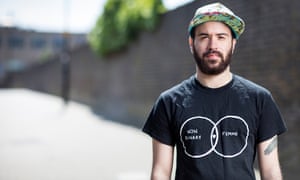
It’s very difficult to get treatment as a non-binary person. They were dismissive about the fact that I was feminine. Non-binary people are used to it, you are warned when you go in [to the gender clinics], if you want treatment you will have to present as male or female and stick to that story.
I don’t want to be part of any mainstream [pro-trans] movement if it doesn’t include non-binary people. In terms of celebrity, there needs to be a lot more diversity. It’s a circle: people don’t come out if they don’t see anyone like them.
I’m mixed-race: my mum is Spanish and Nigerian. I am still finding out how I connect with an identity apart from a western LGBT identity. That’s something I’m still working on. Within the religion indigenous to the Yoruba people [an ethnic group in Nigeria] there a lot of gender fluid deities; as a trans person trying to find my roots, that’s one part of my heritage that I feel positive about.
Compiled by The Guardian


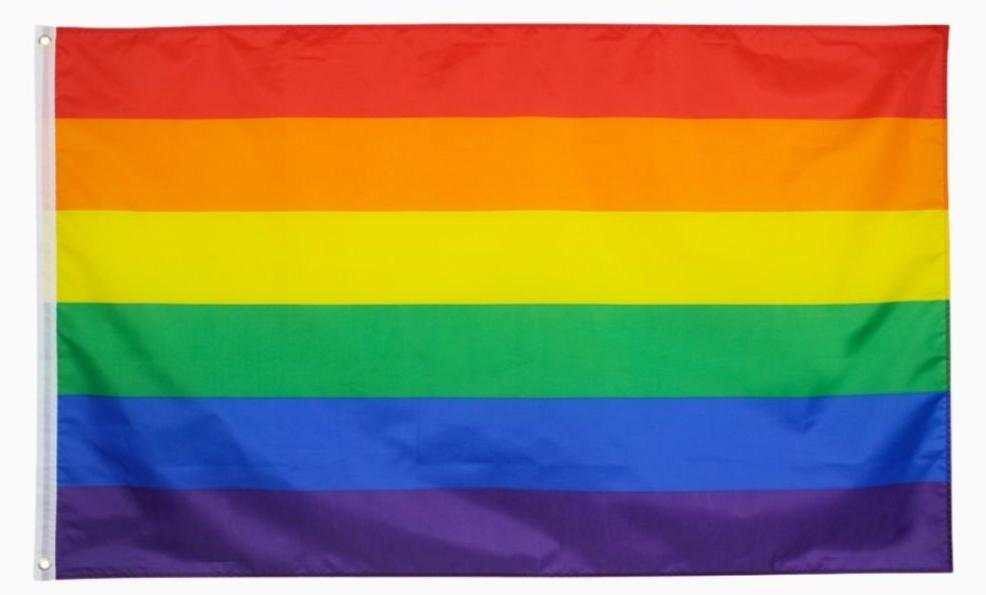
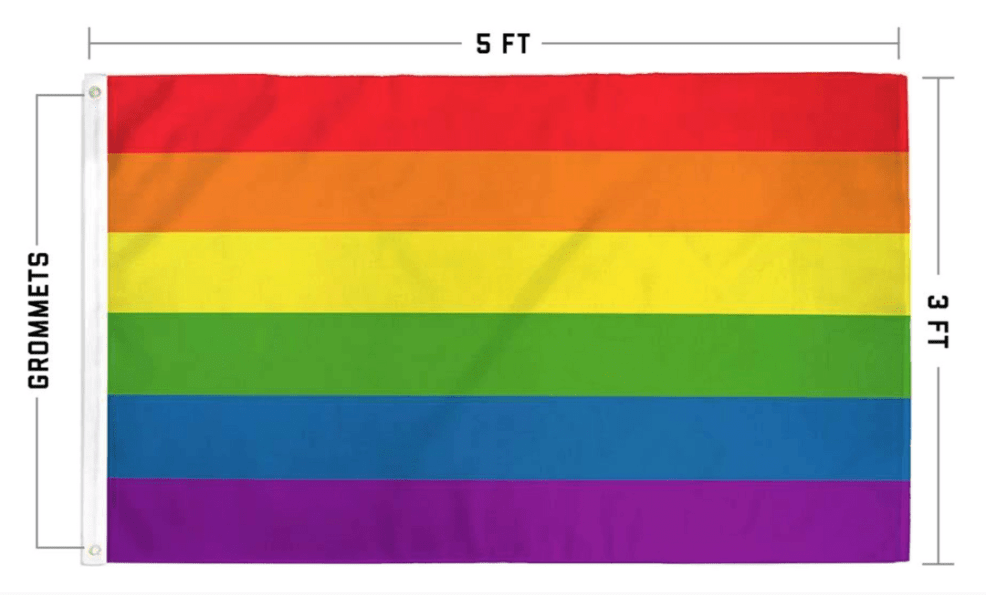
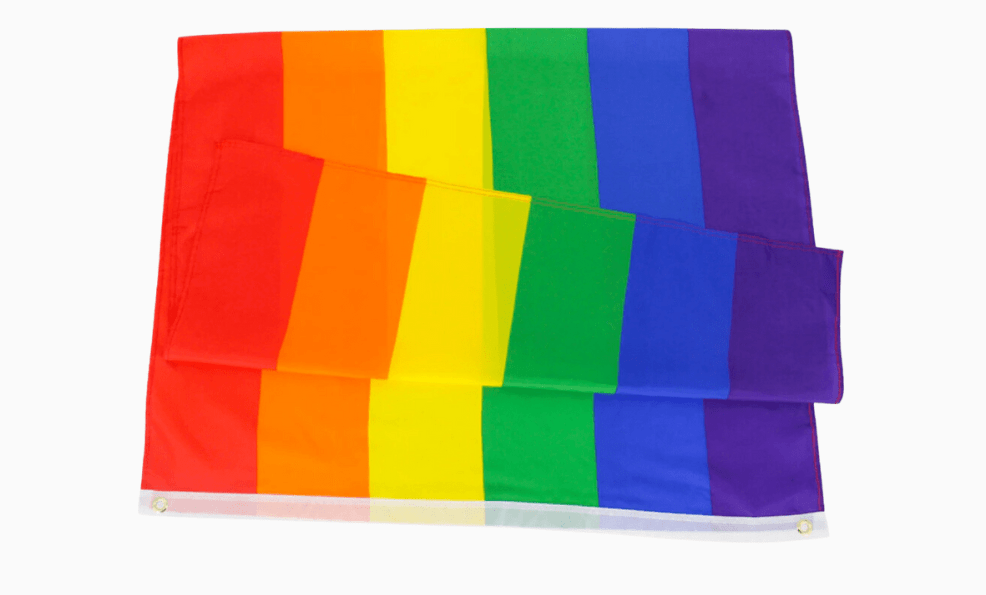
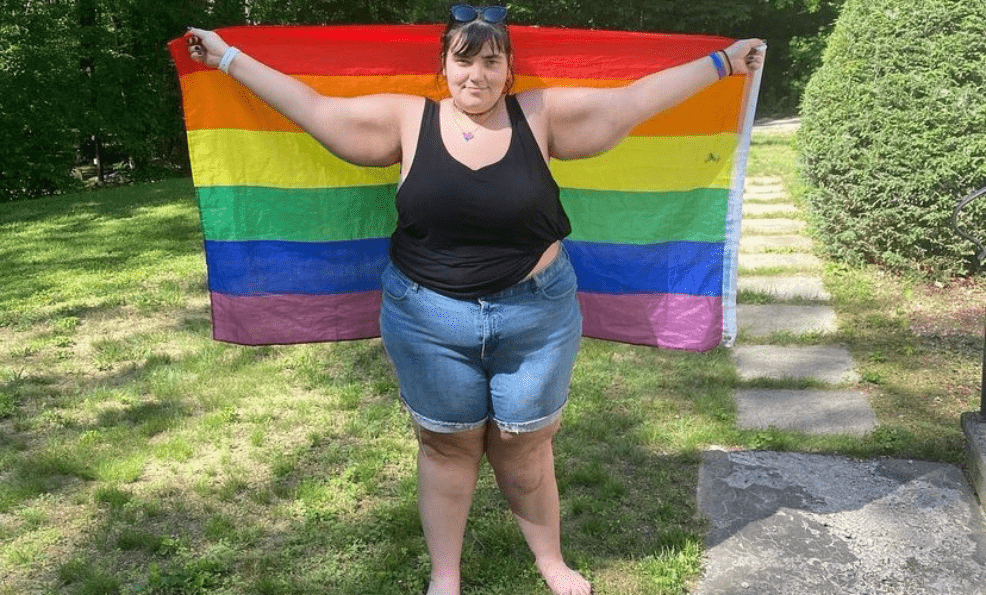
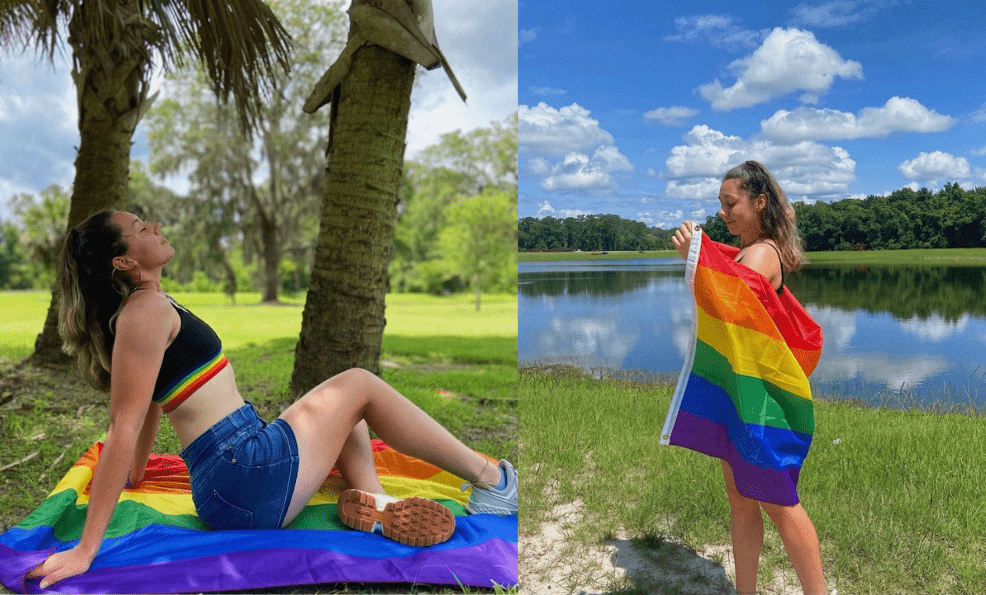
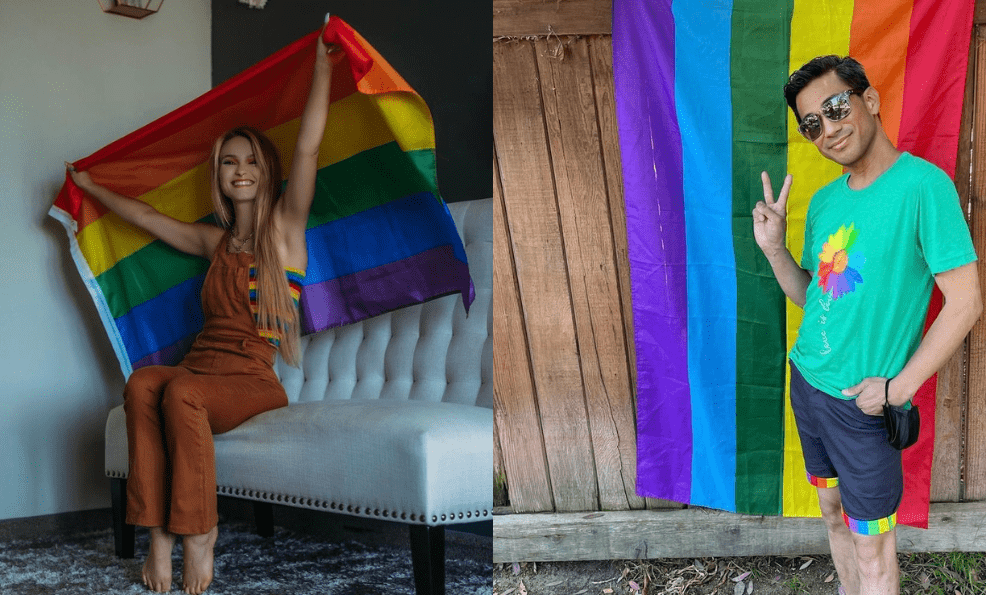
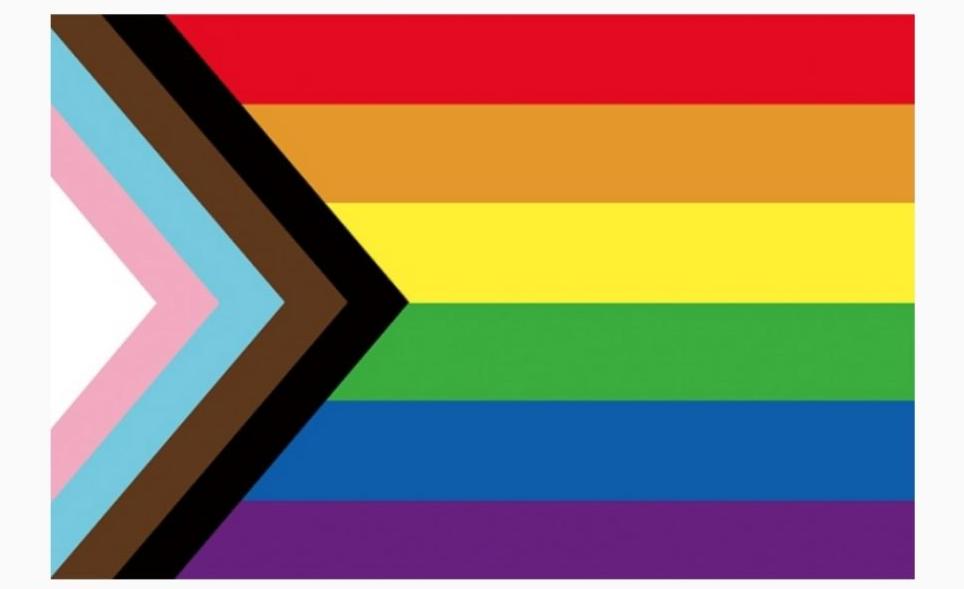
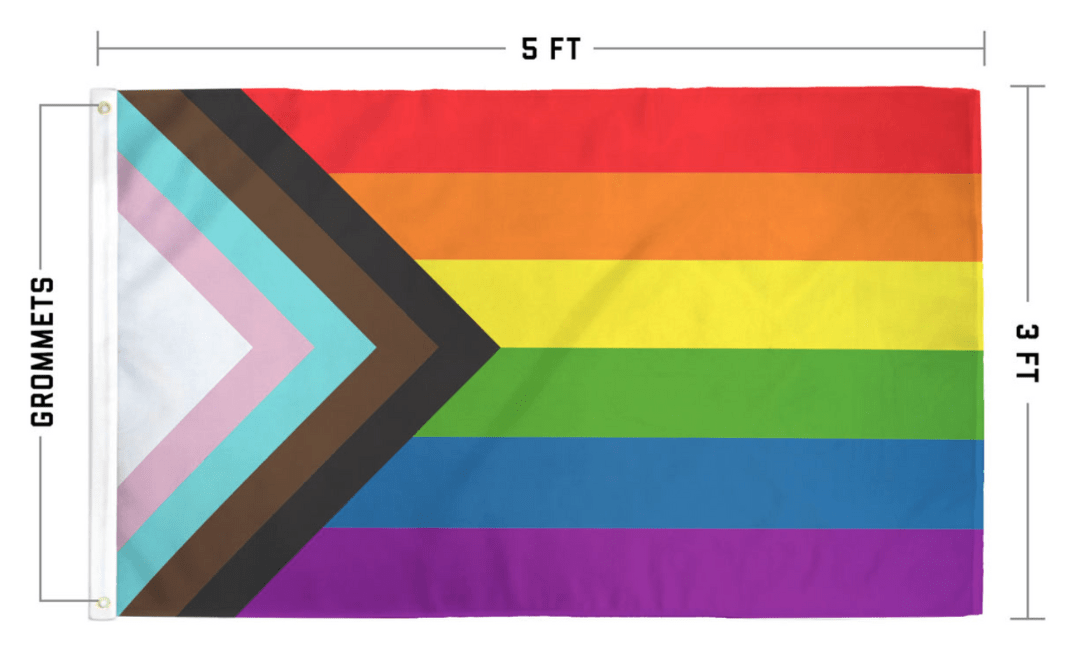
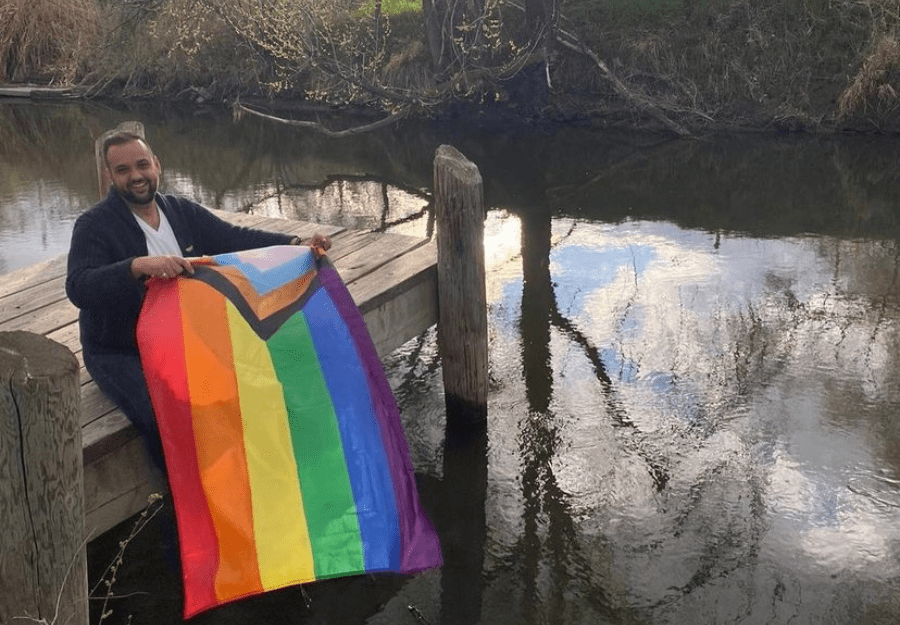
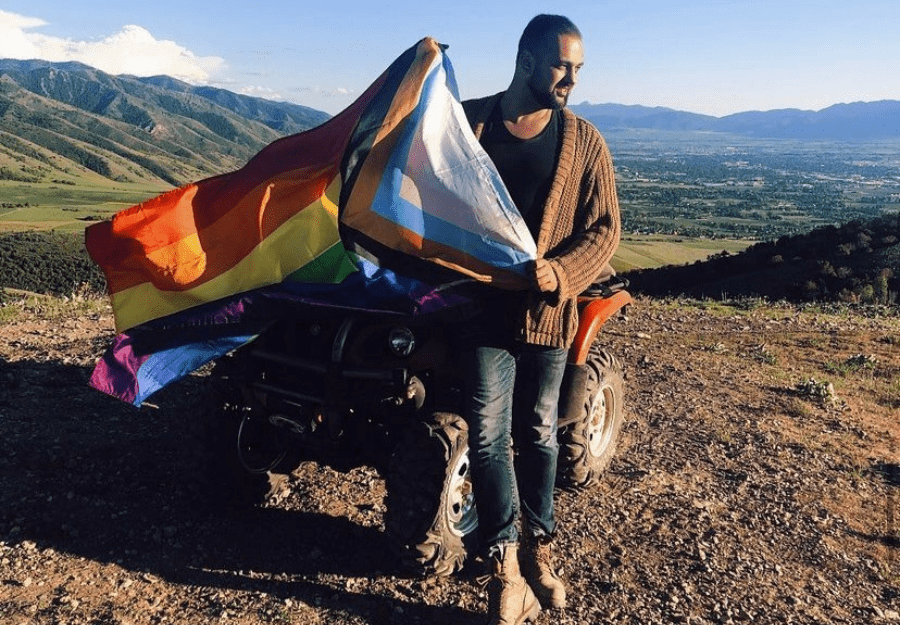
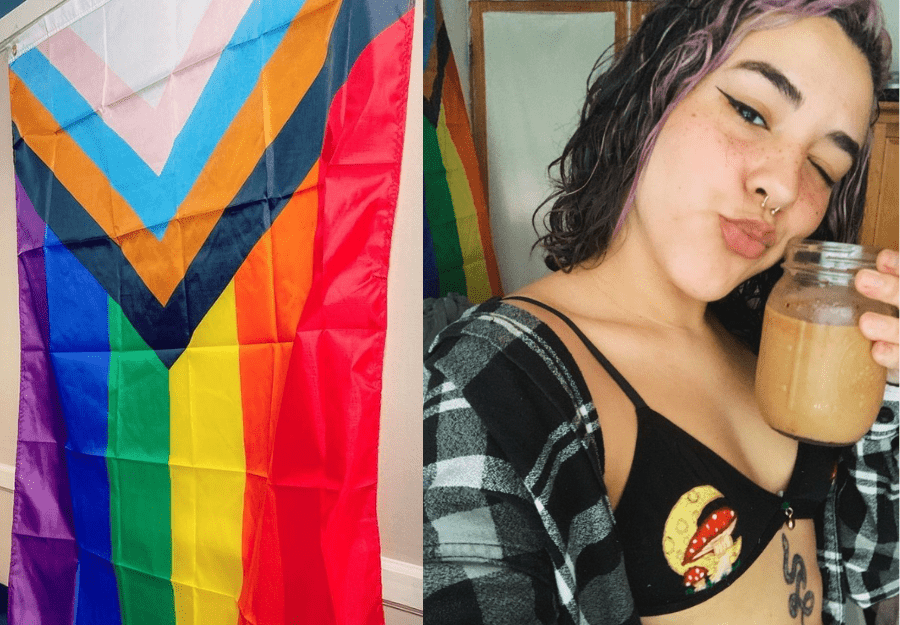
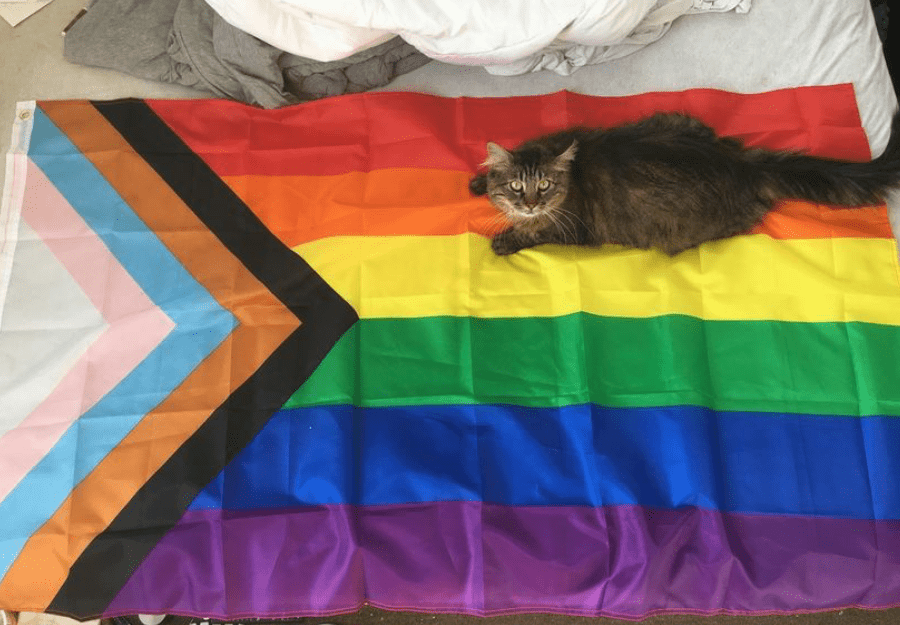
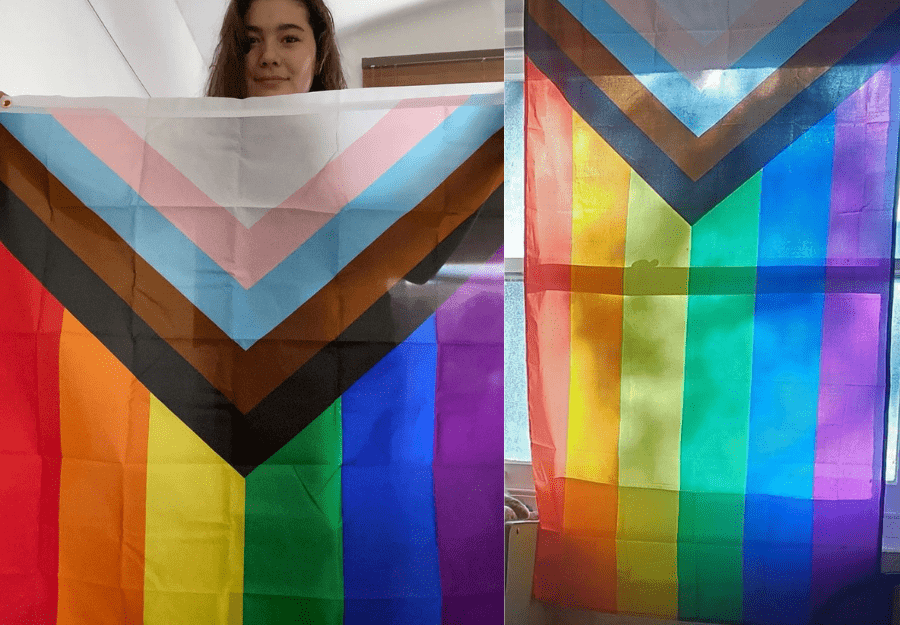
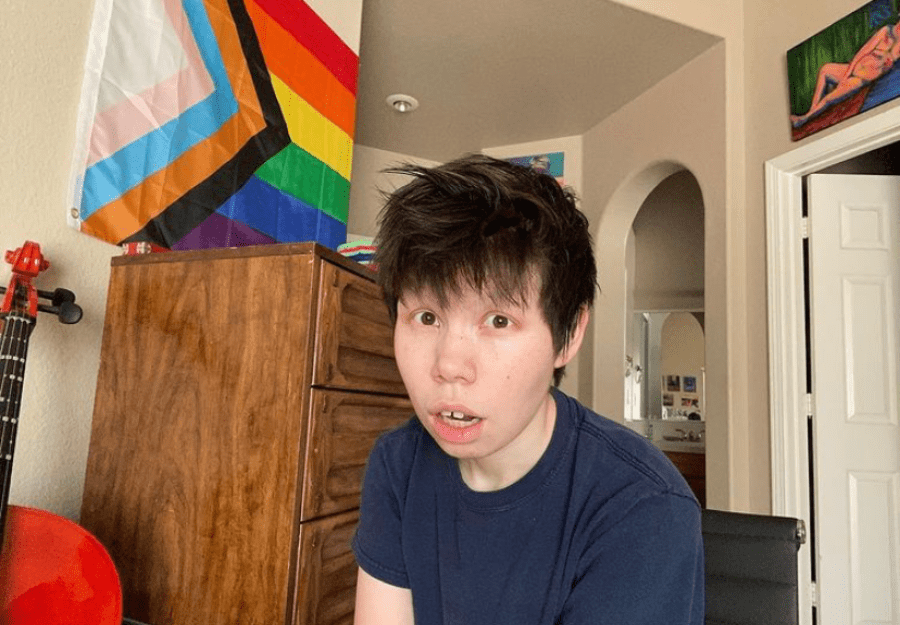
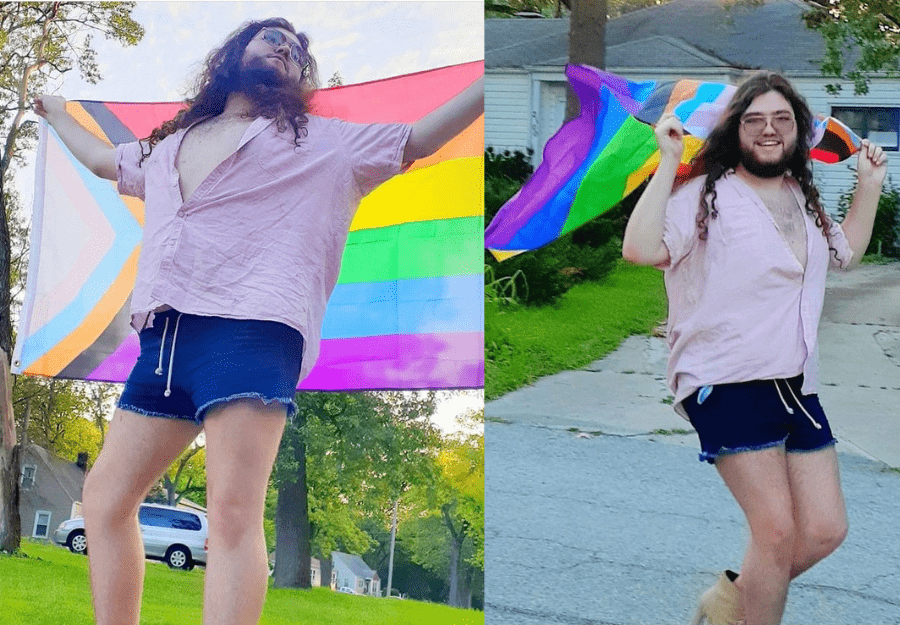
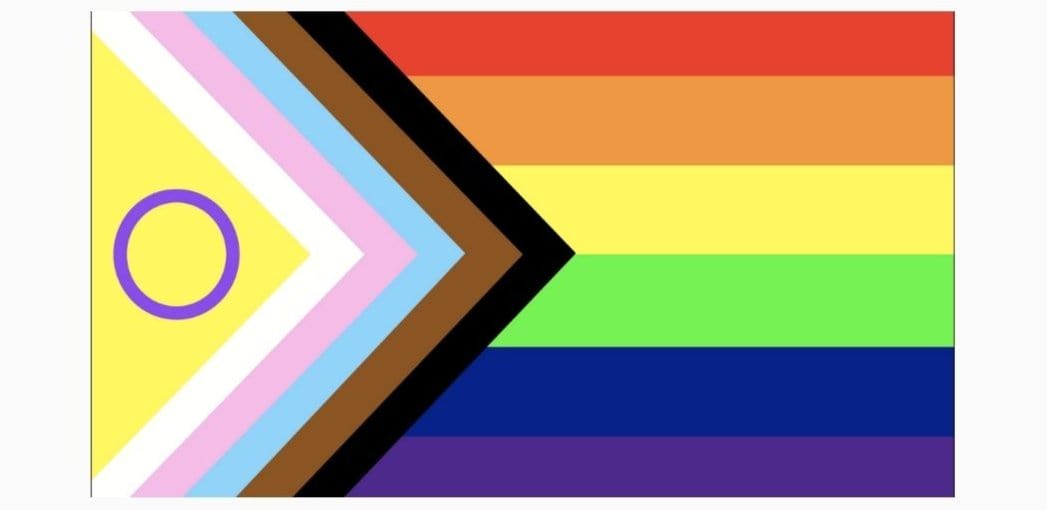
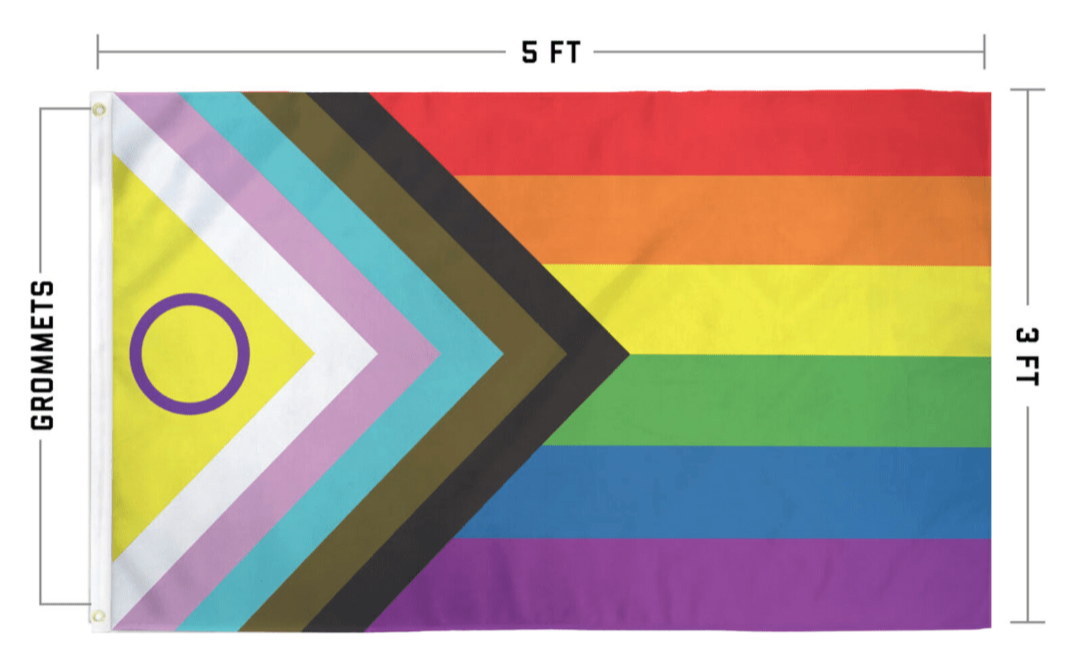
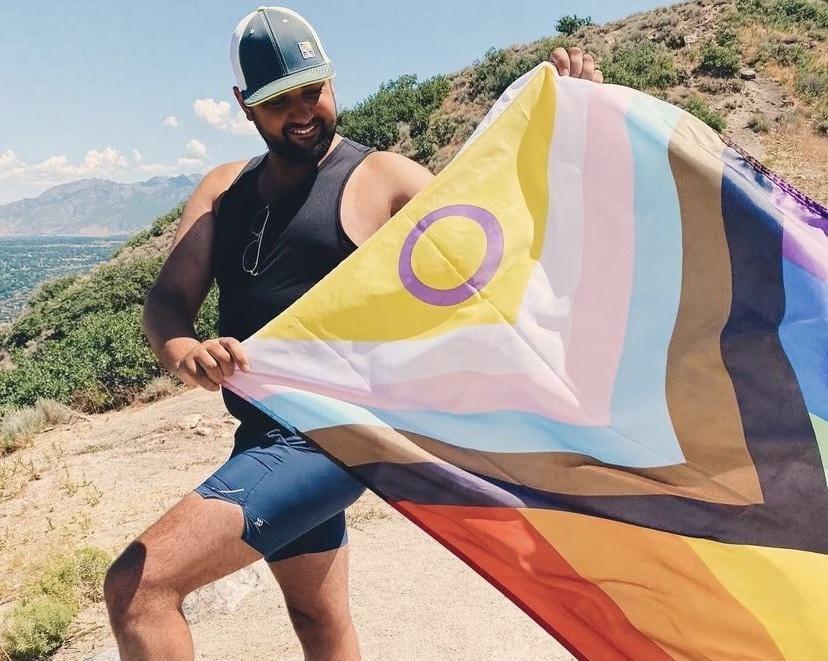
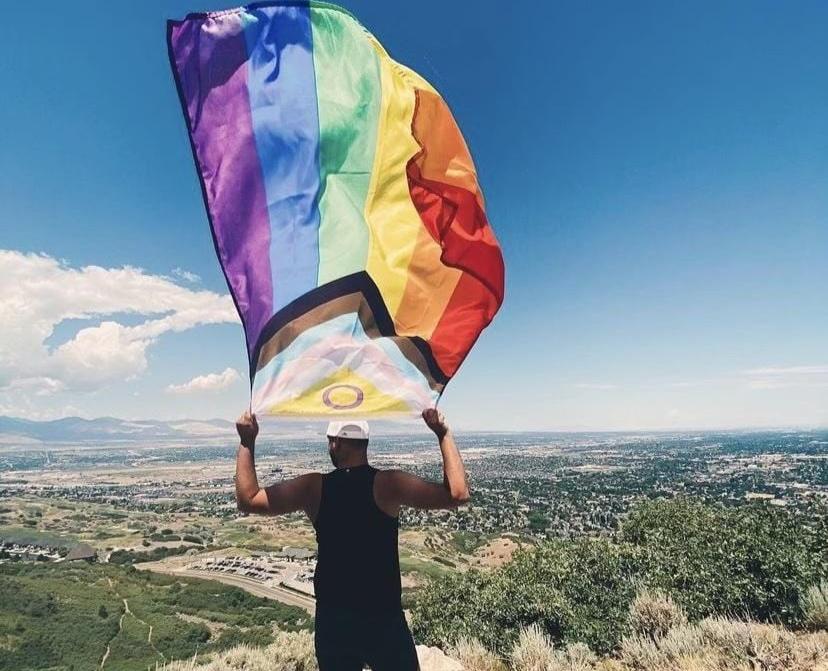
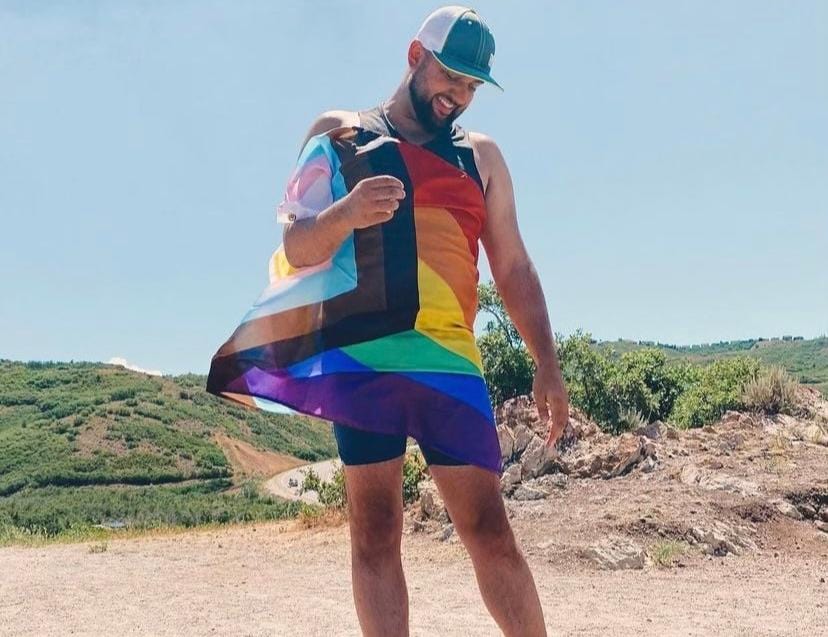
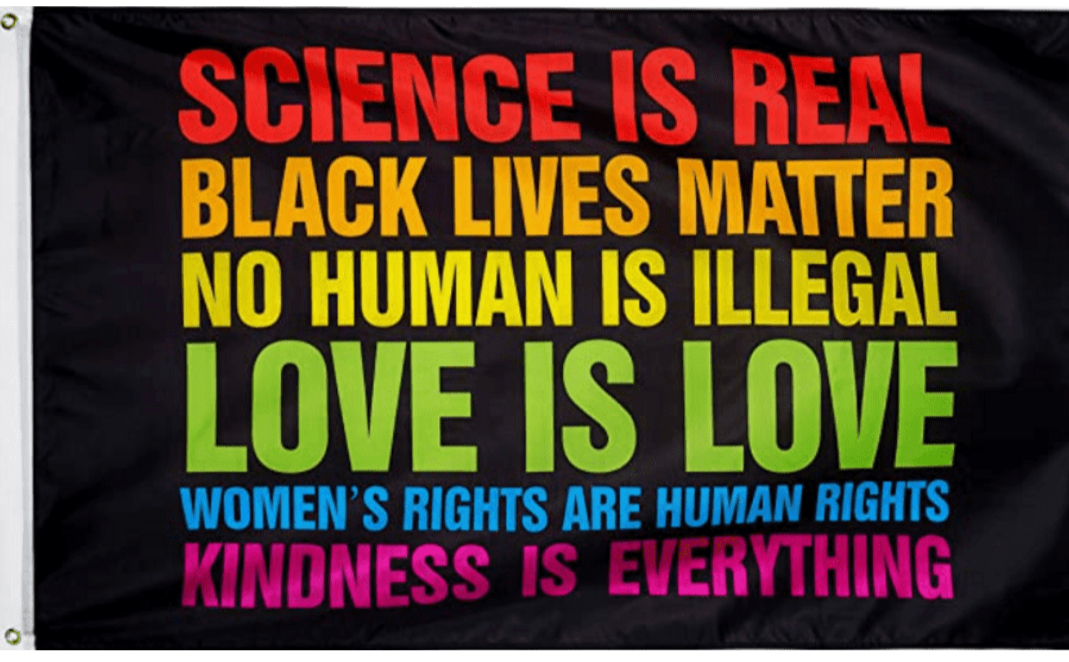
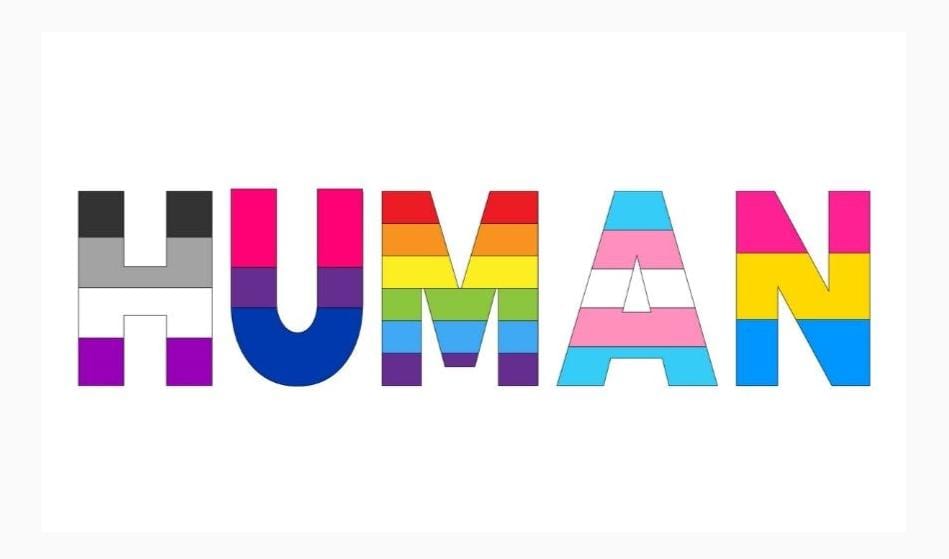
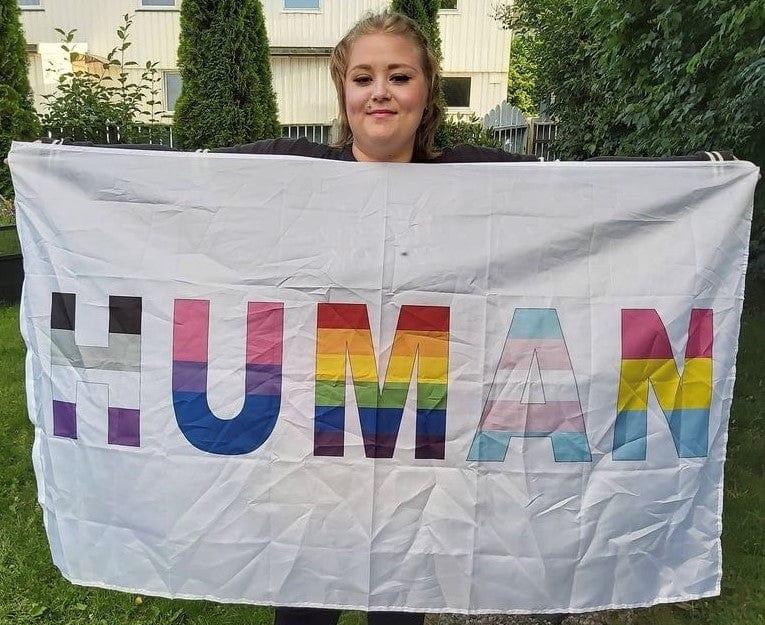
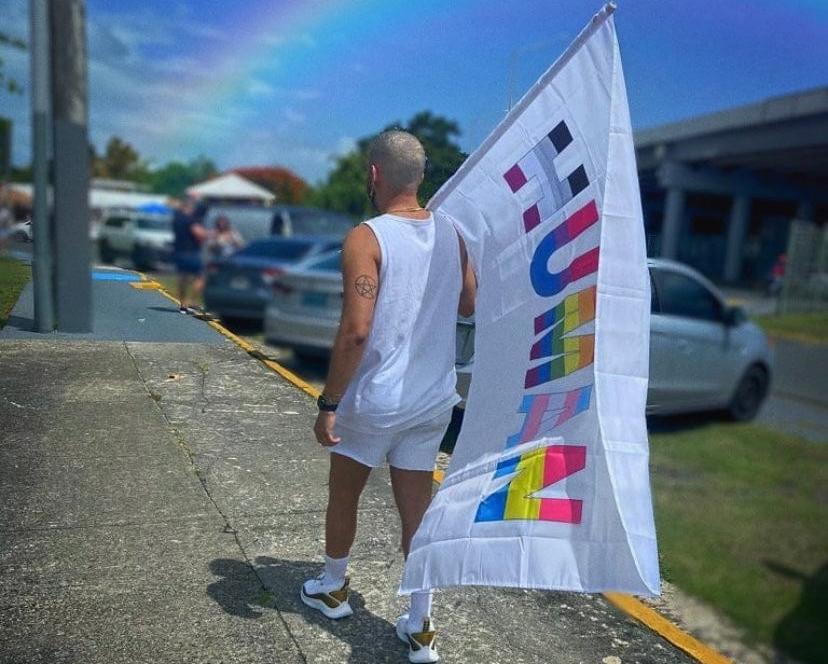
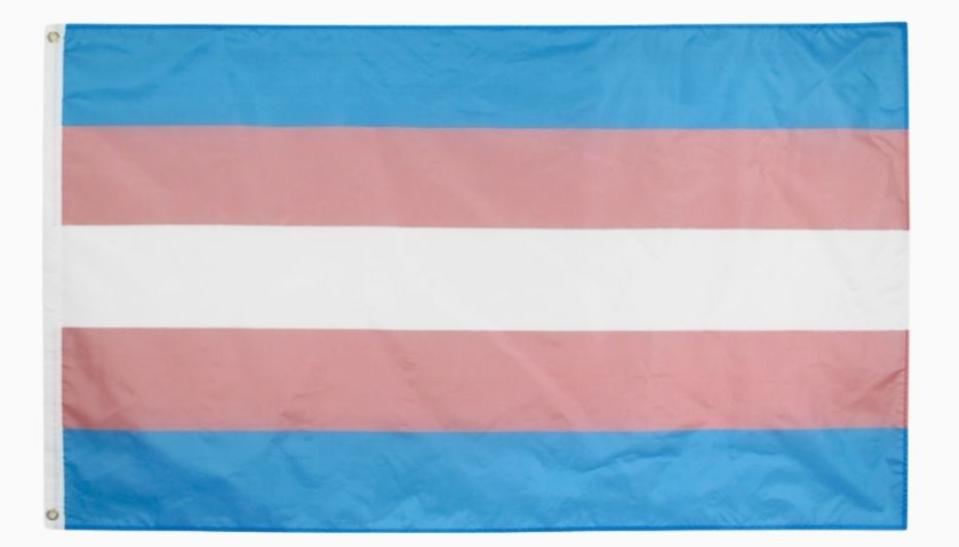
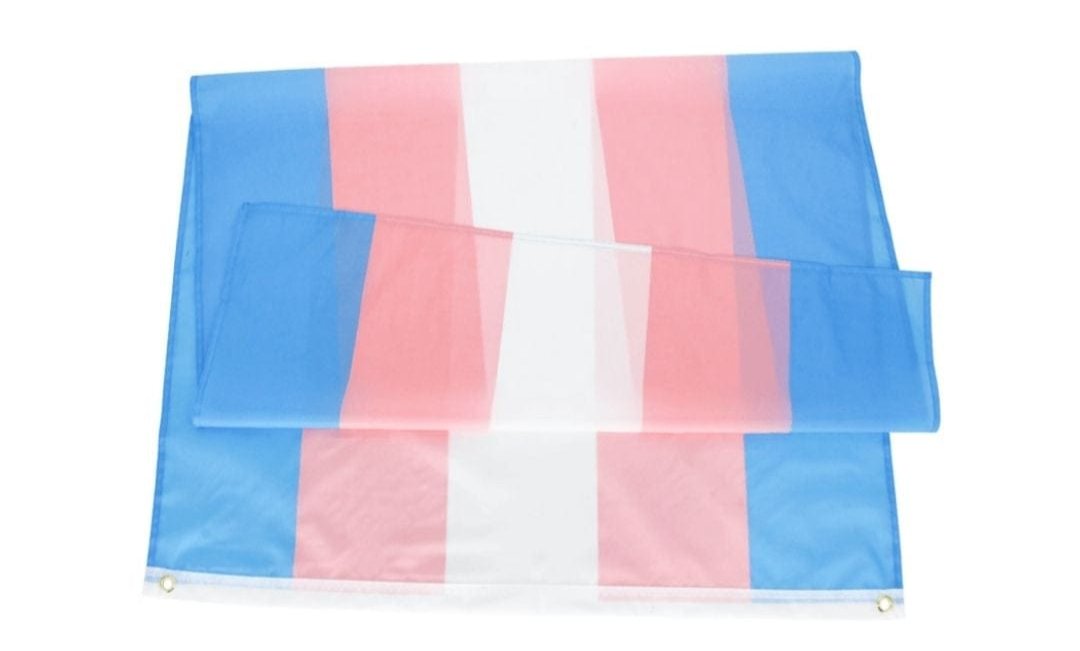
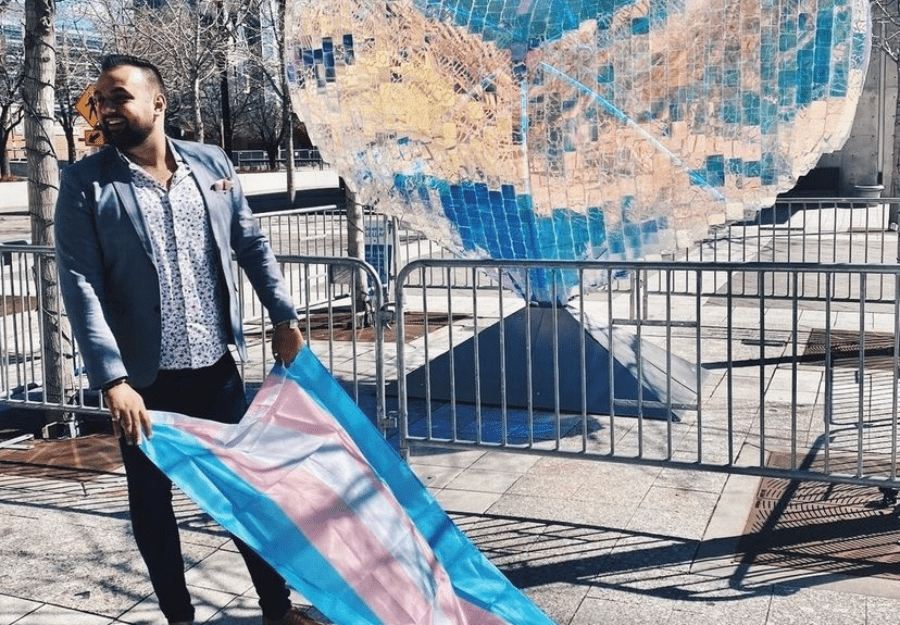
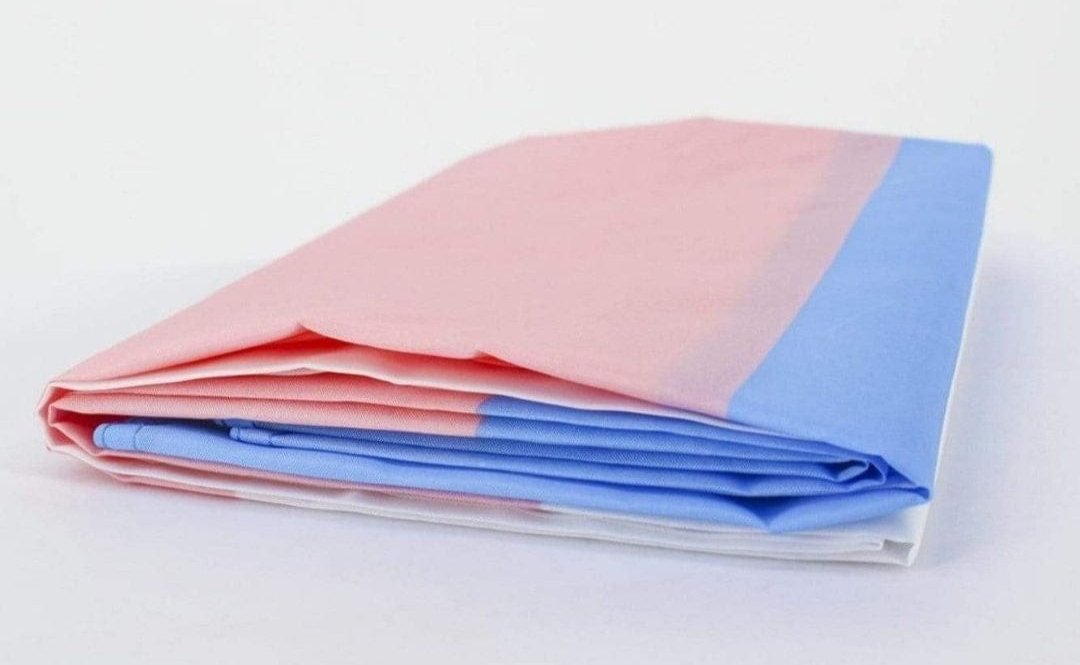
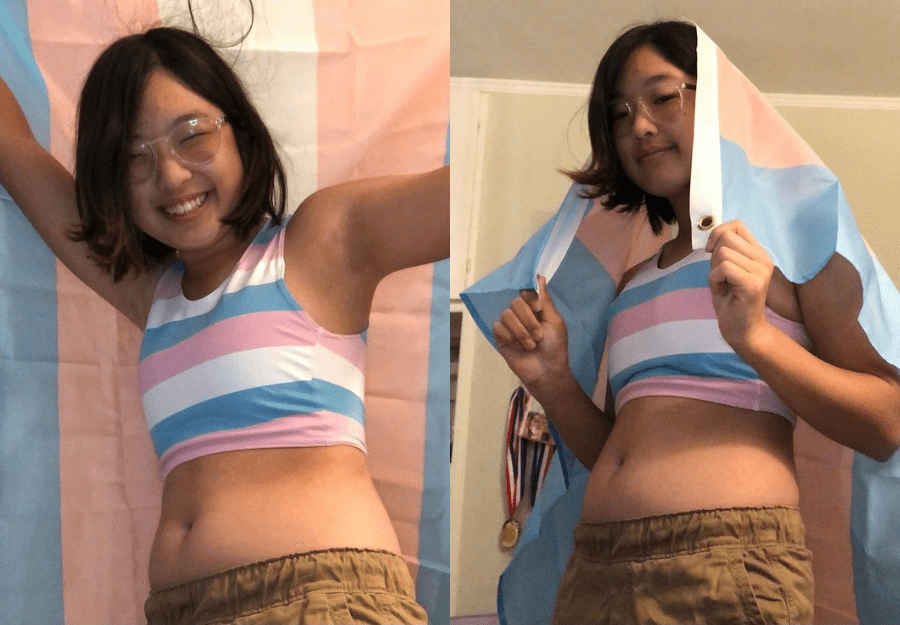
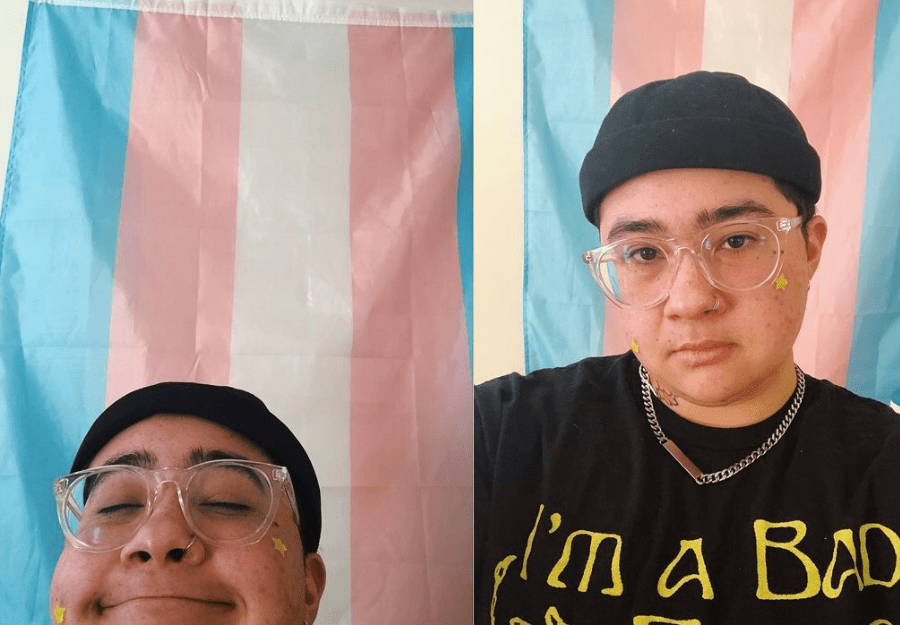
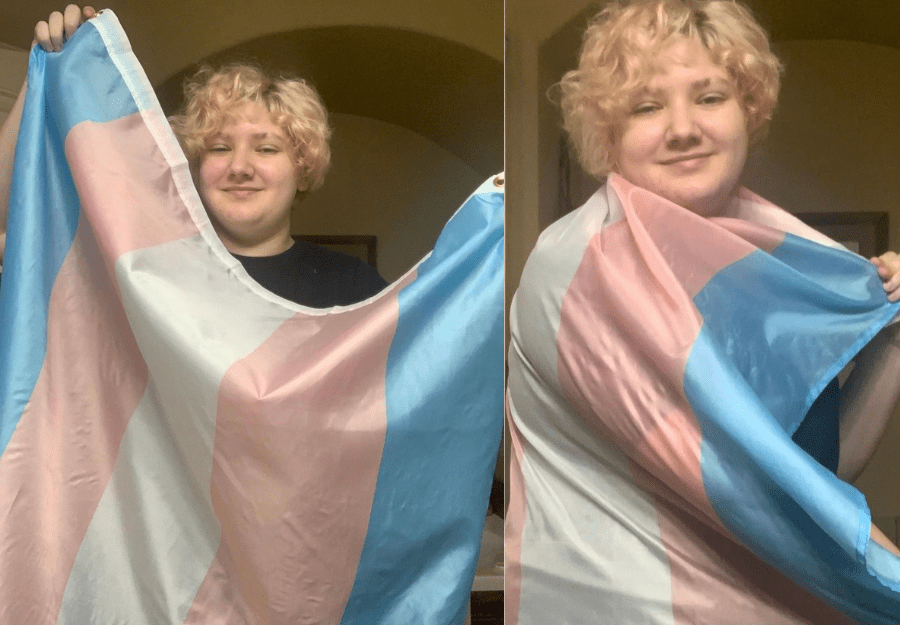
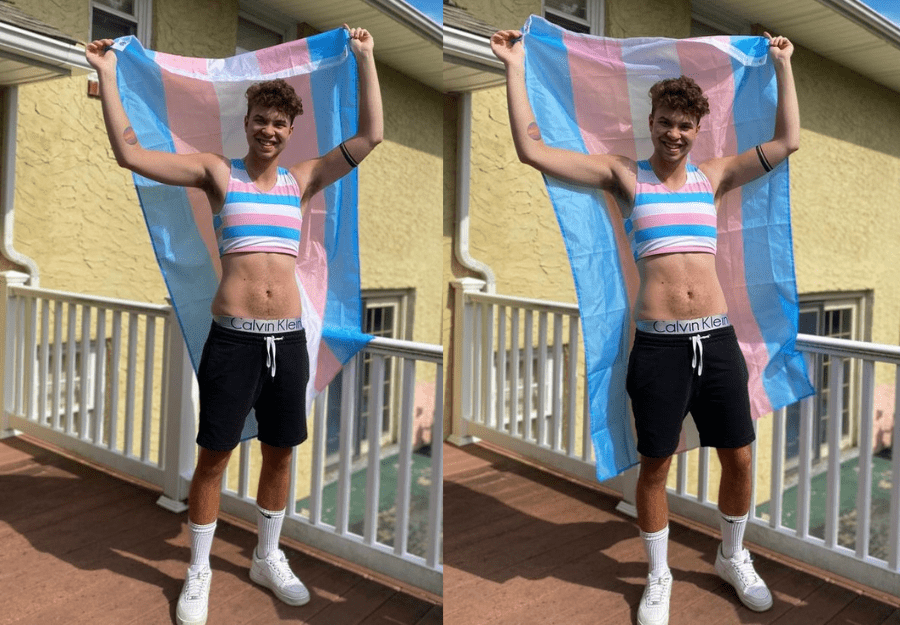
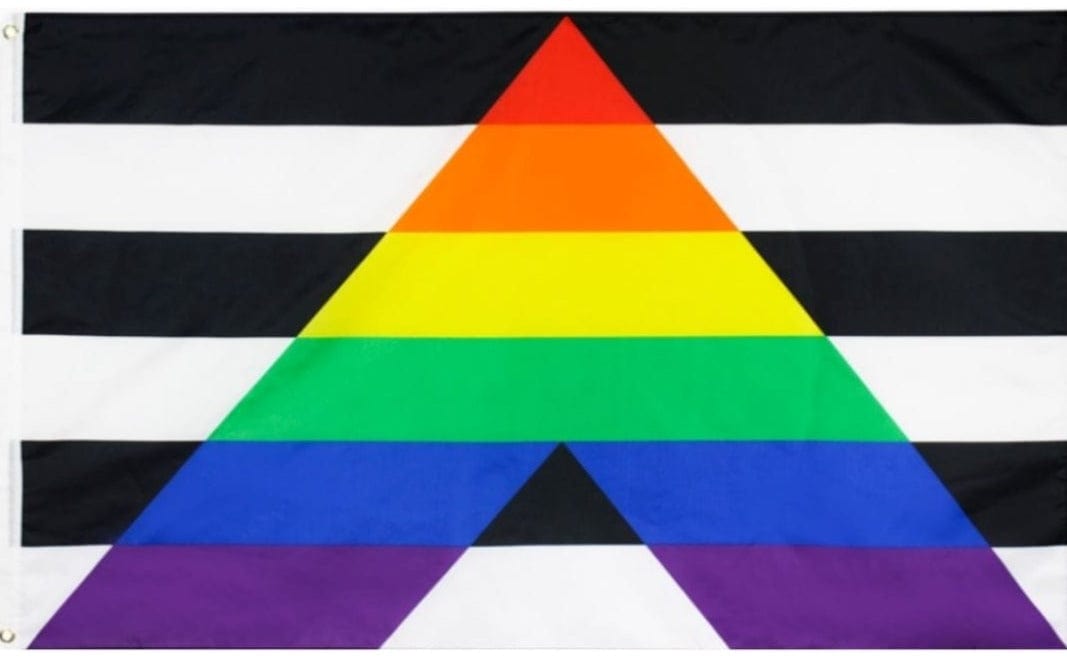
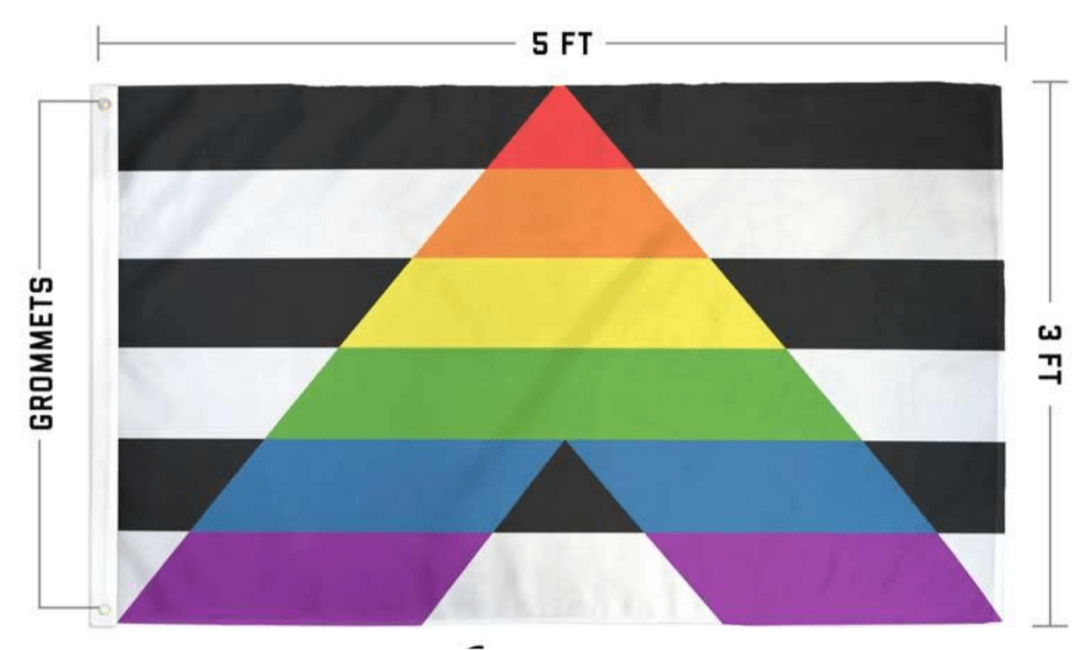
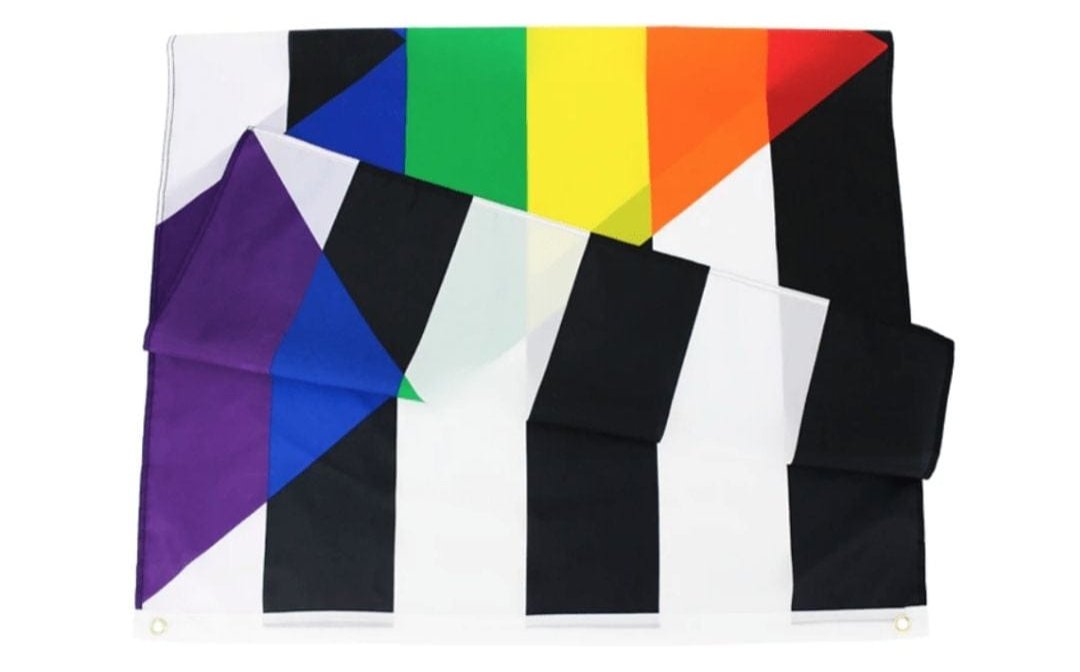
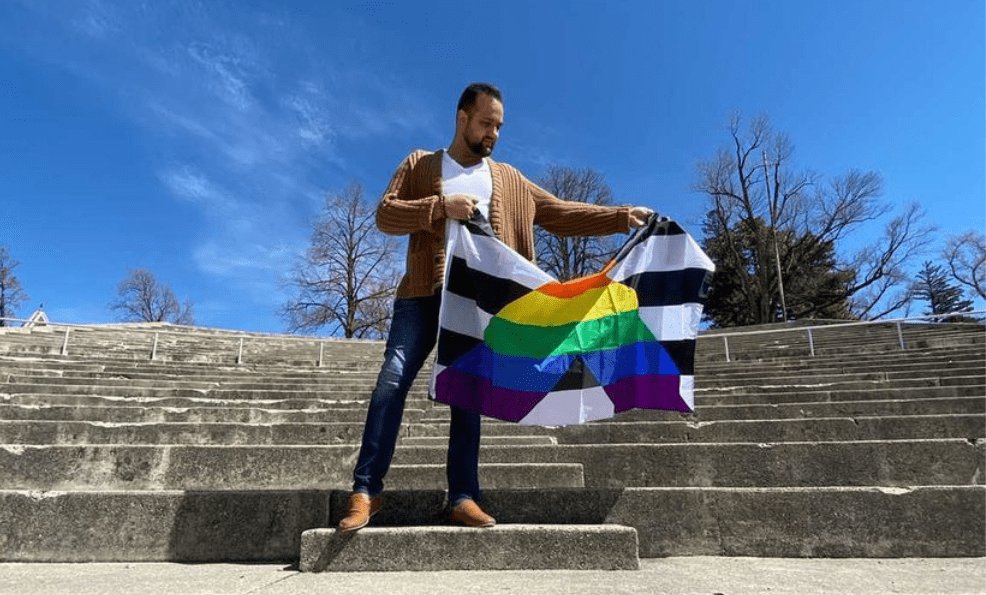
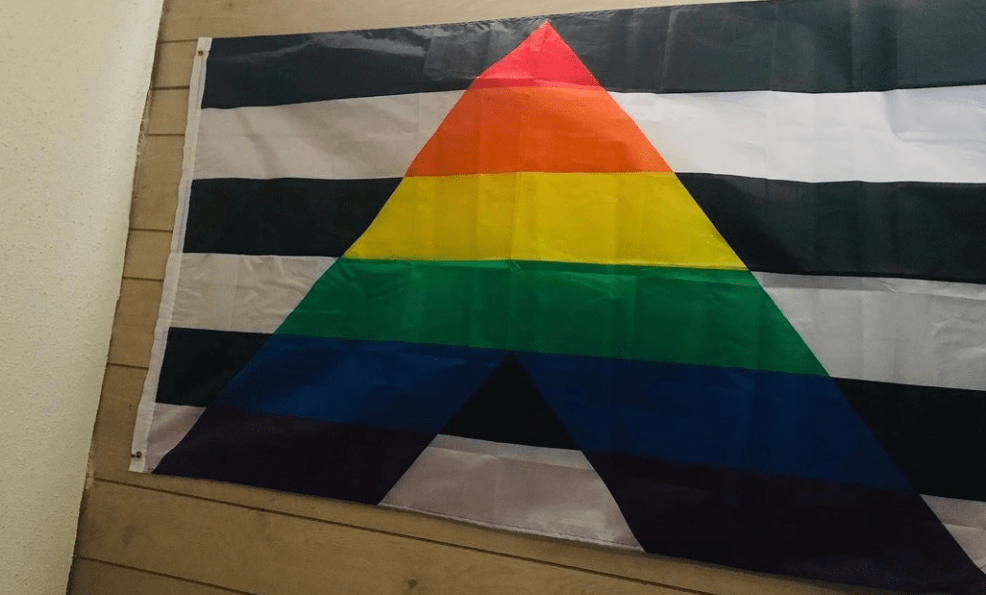
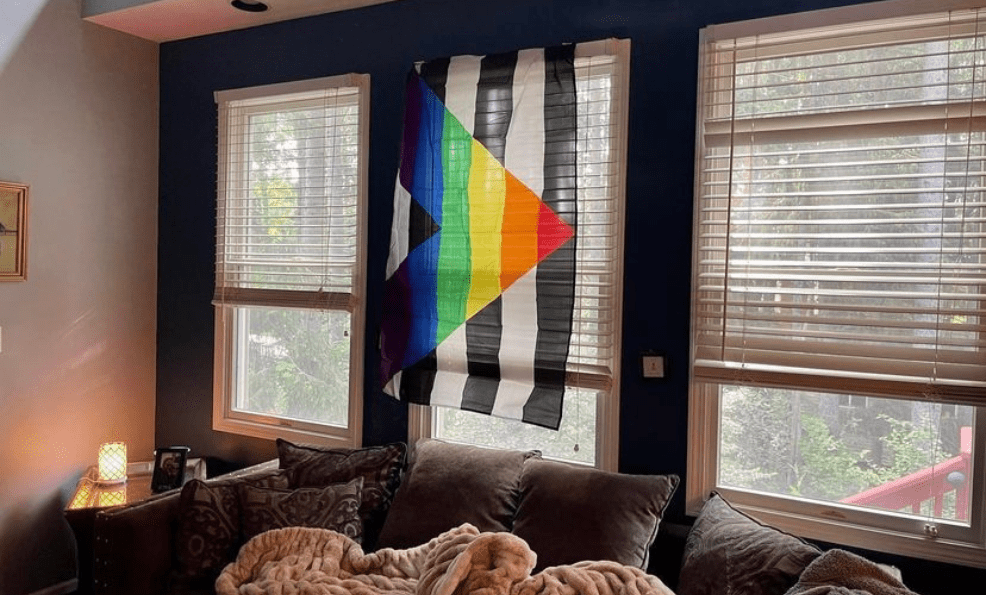
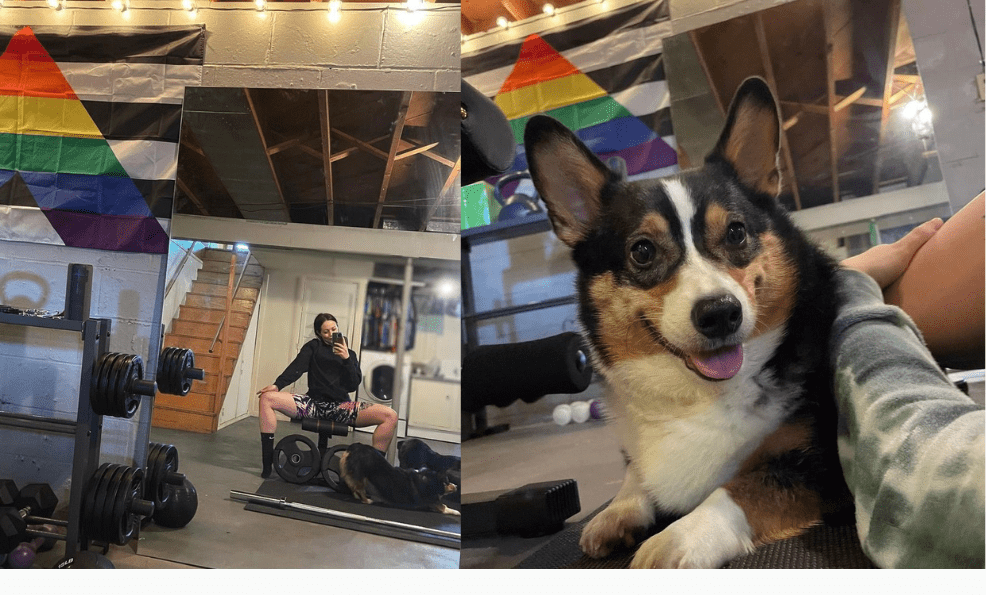
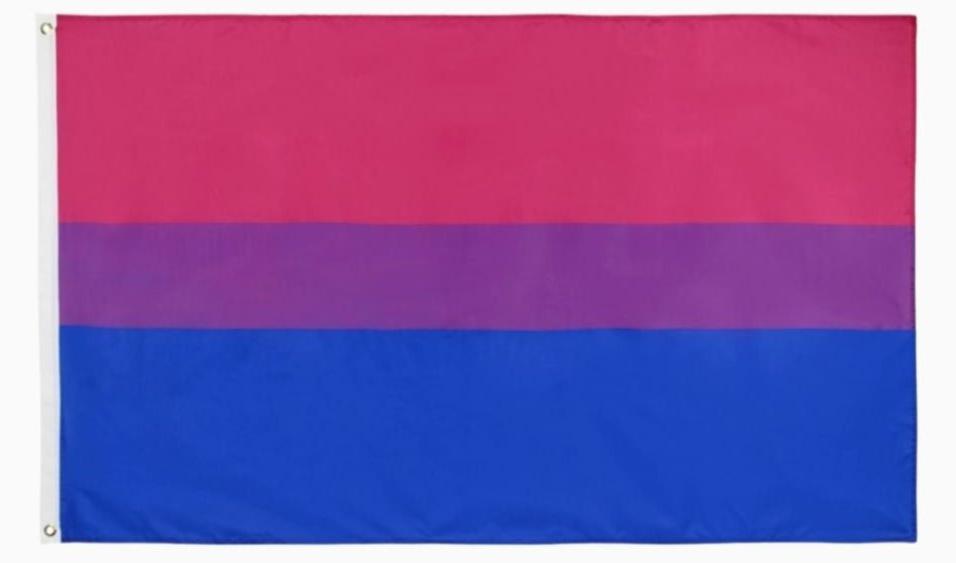
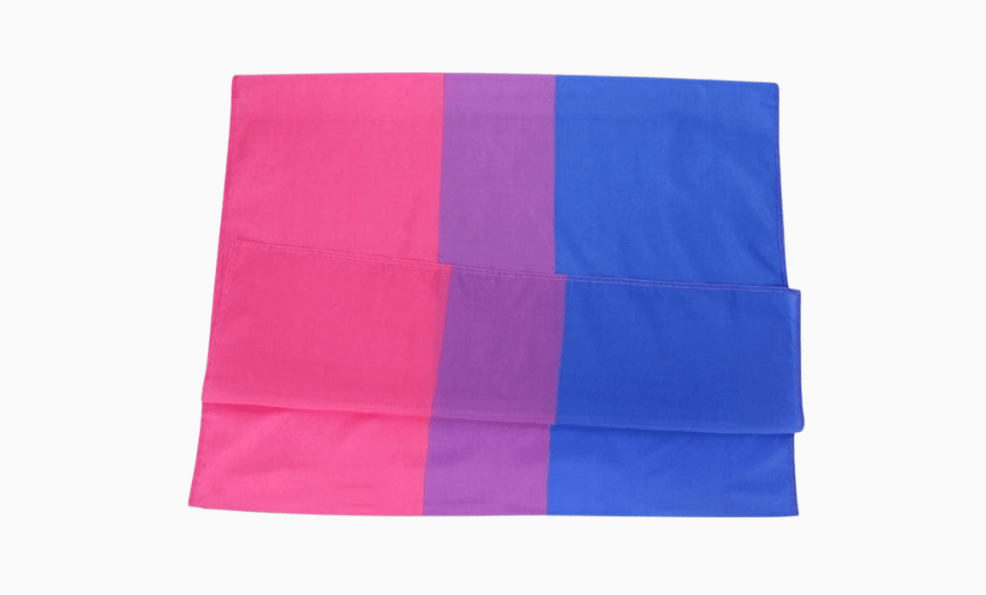
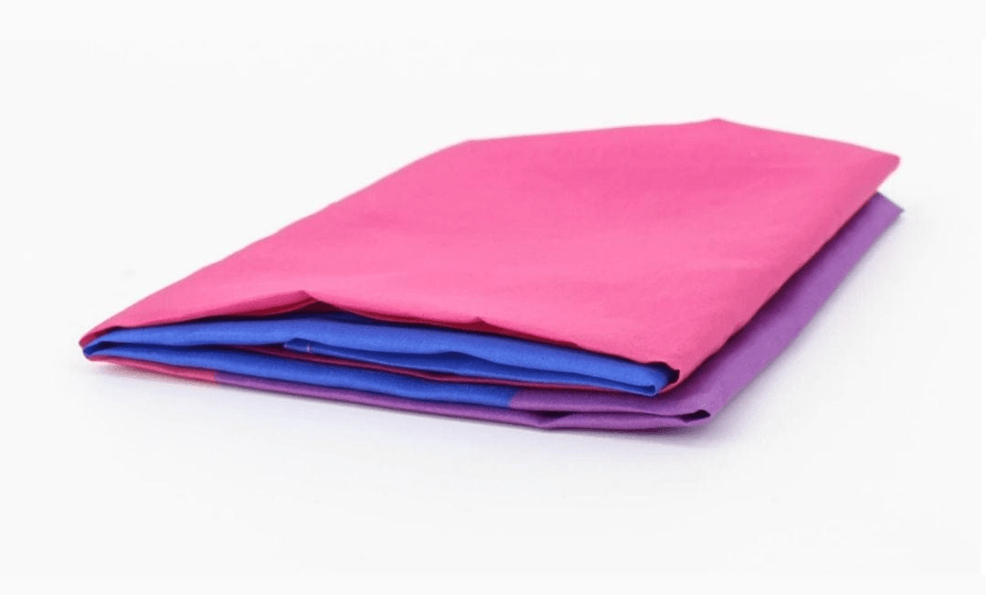
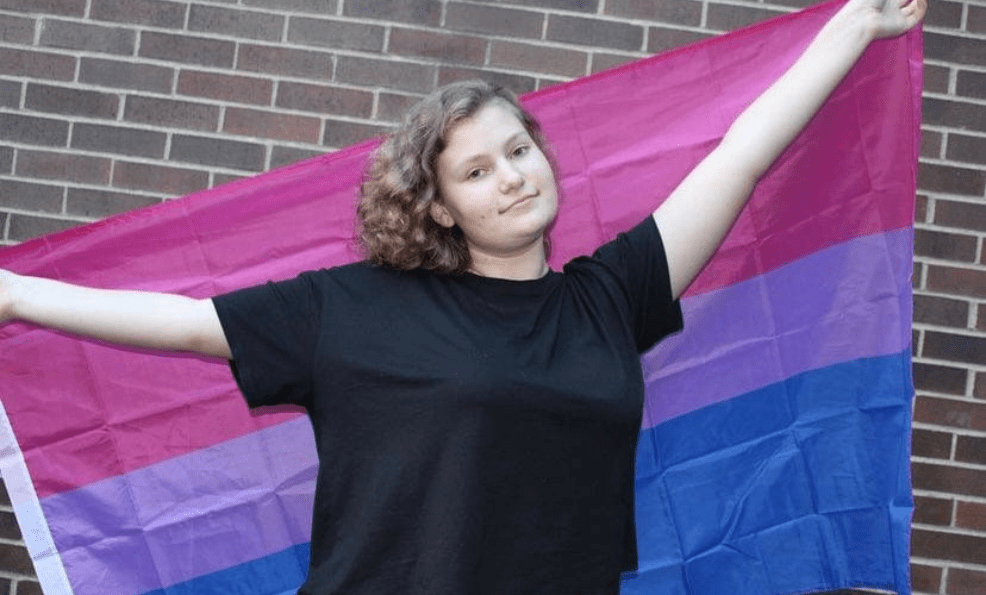
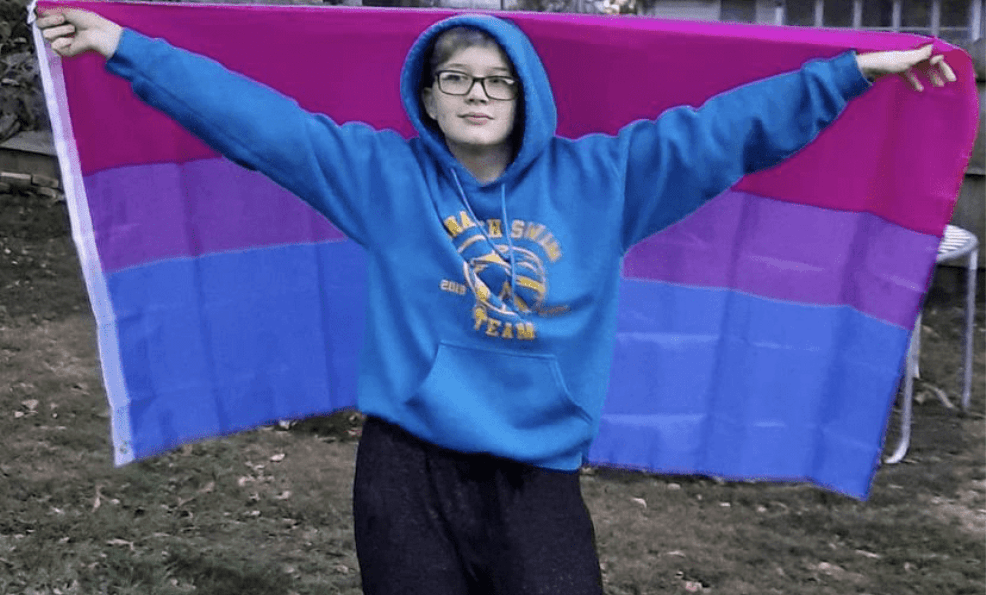
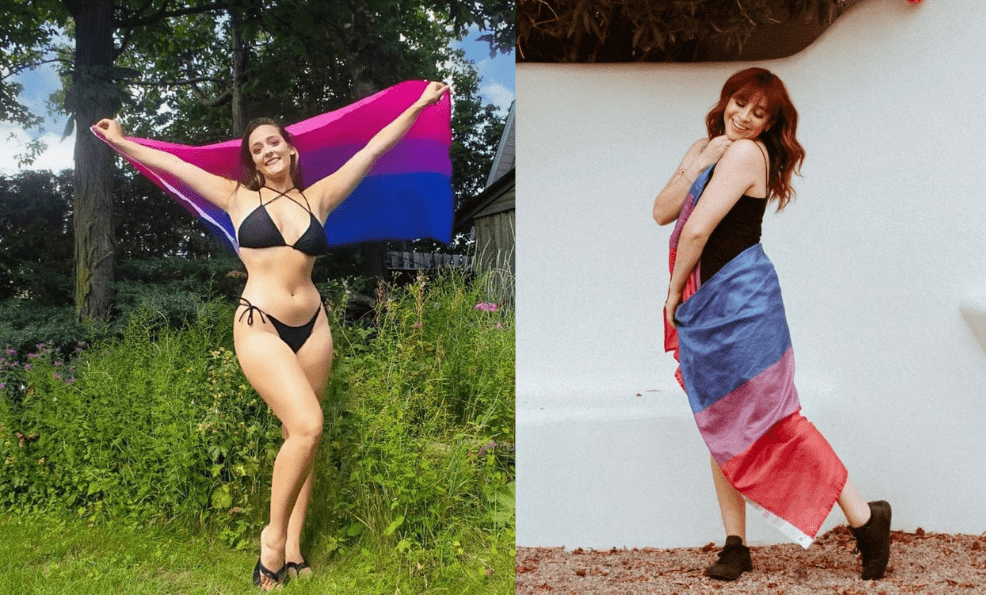
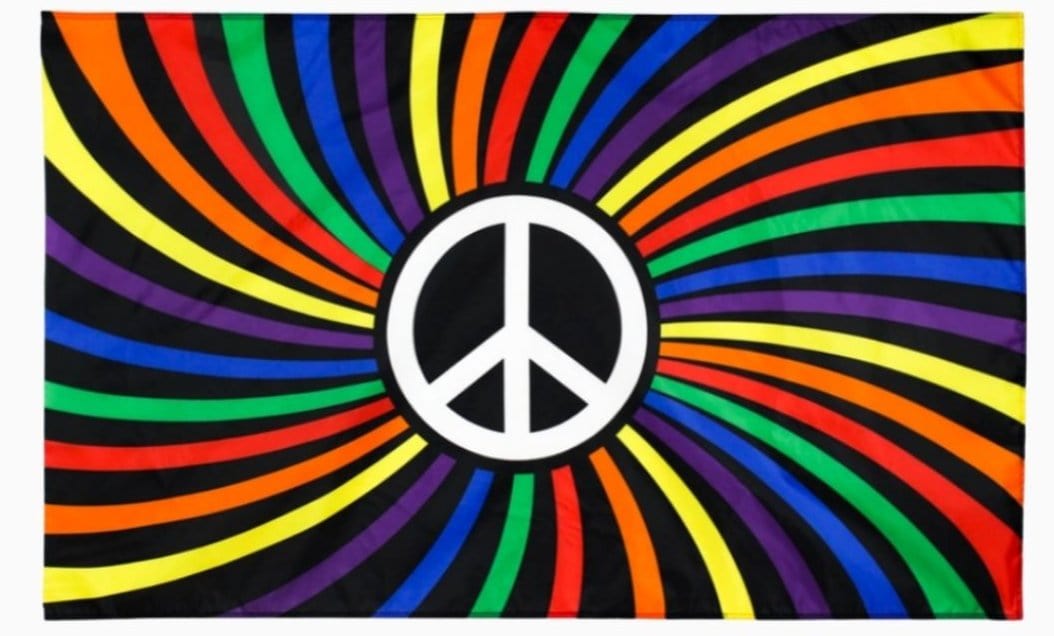
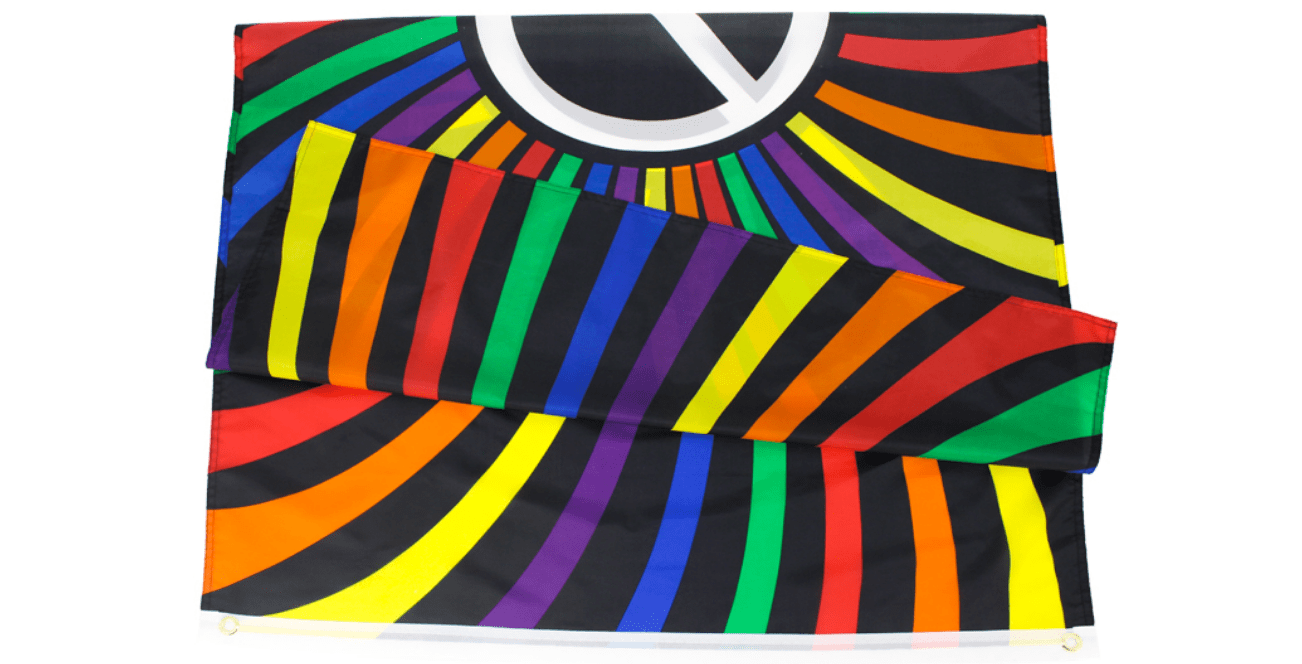
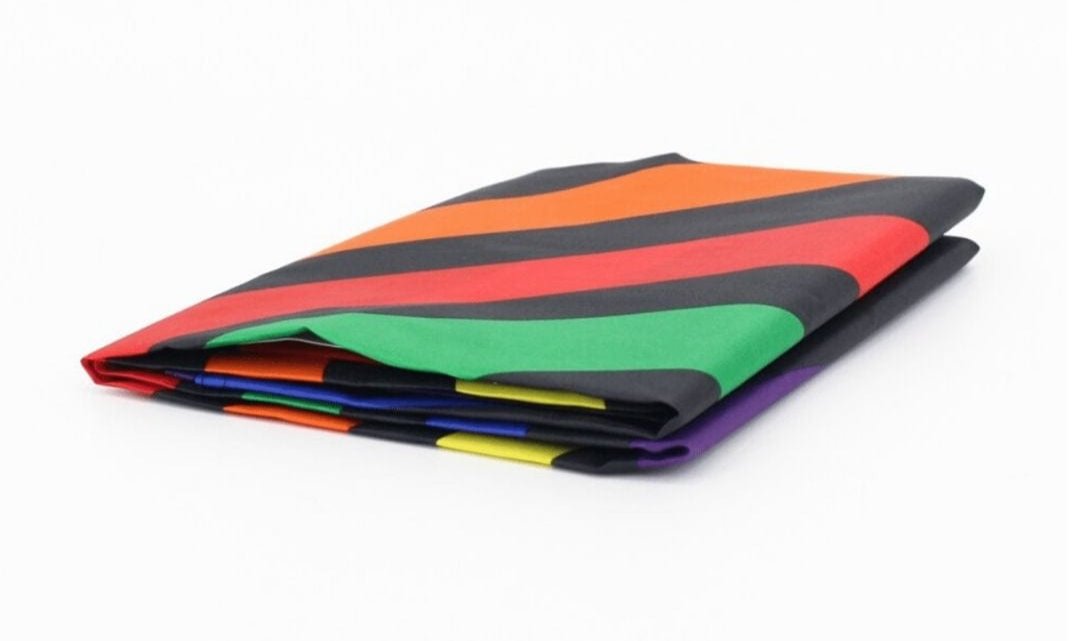
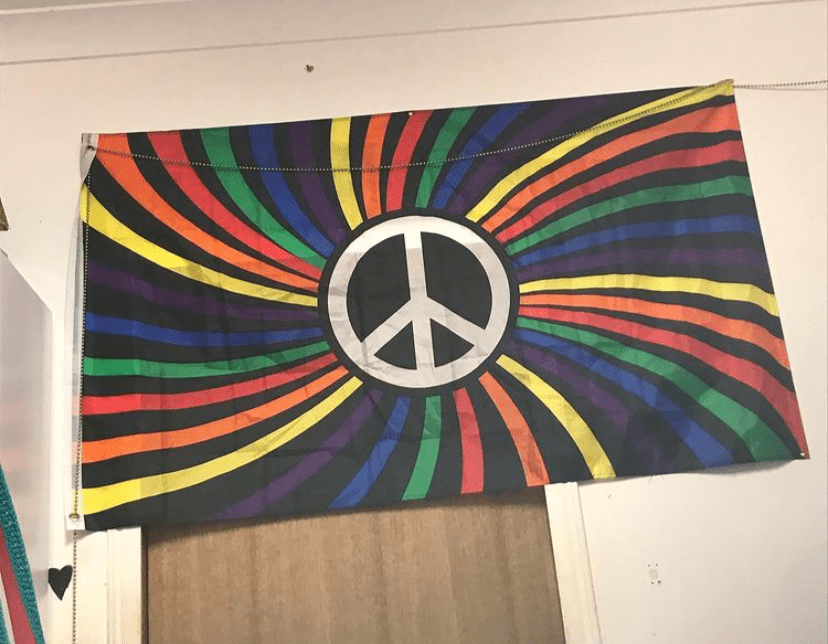
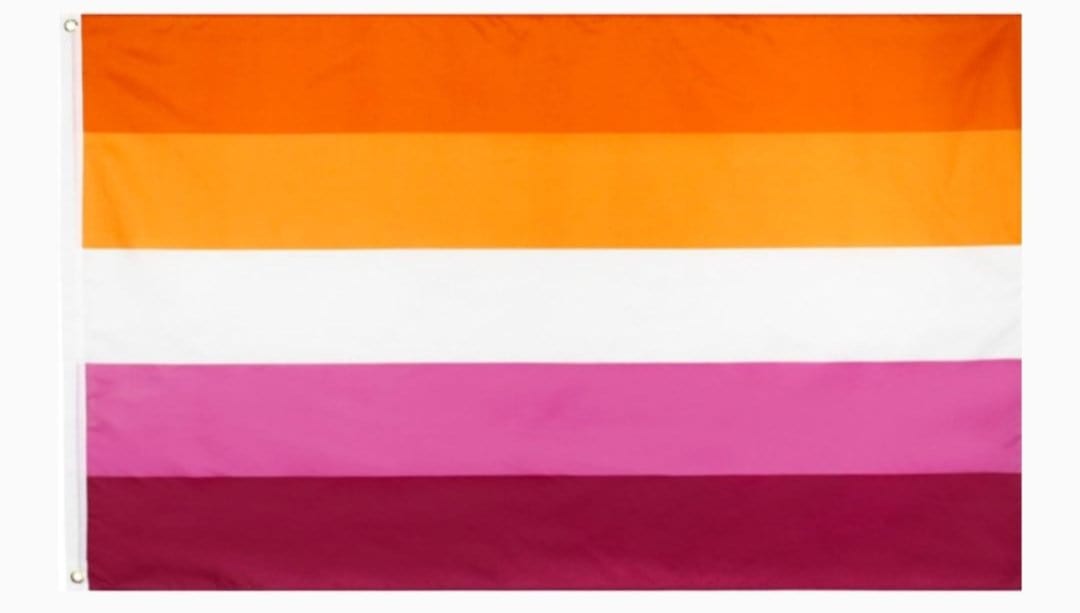
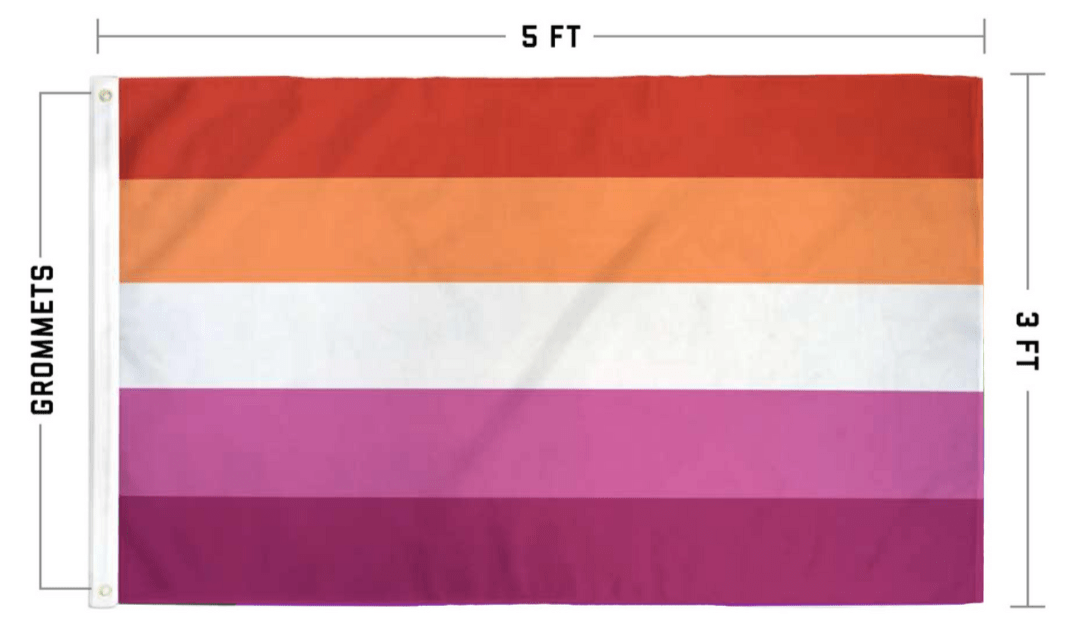
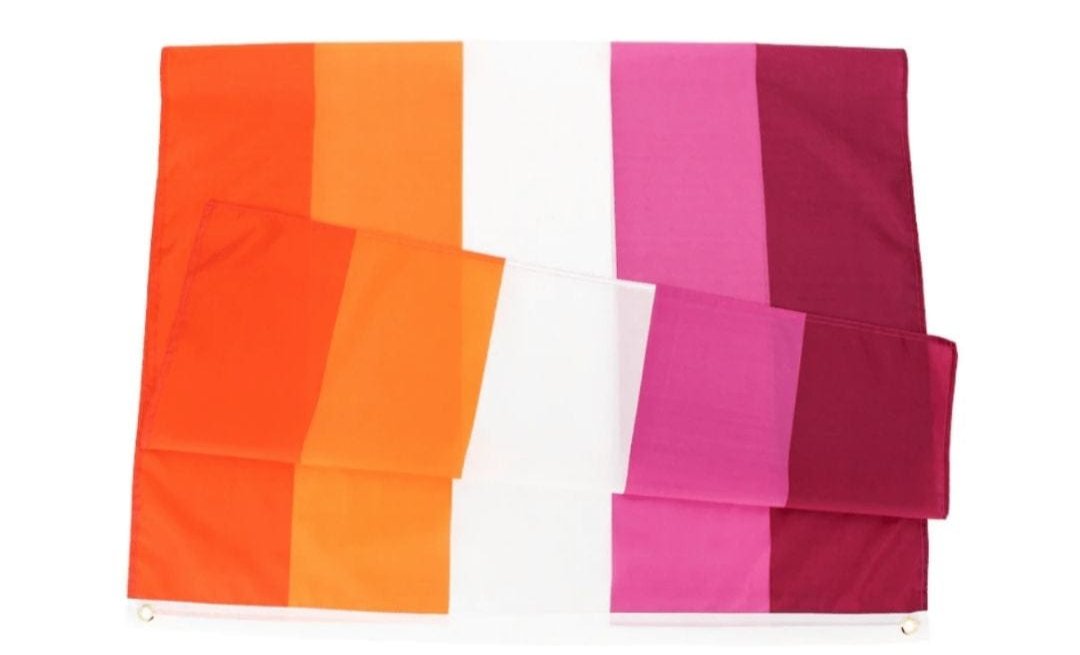
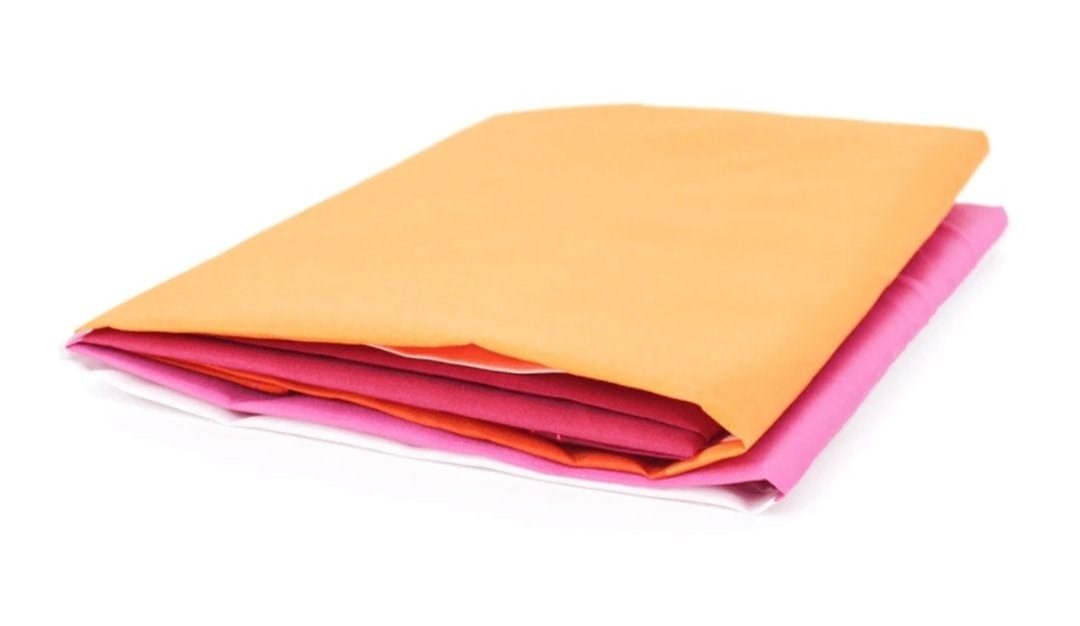
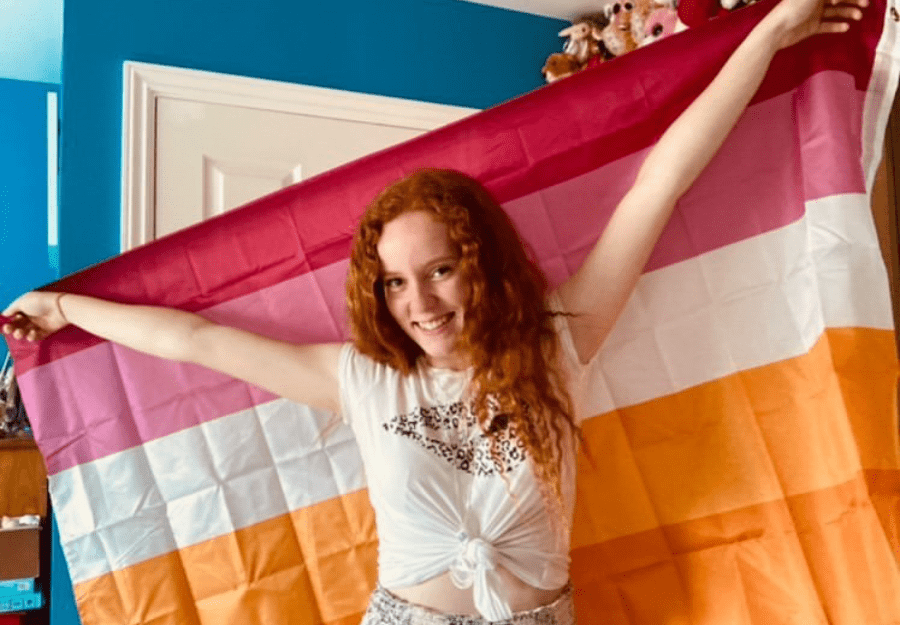
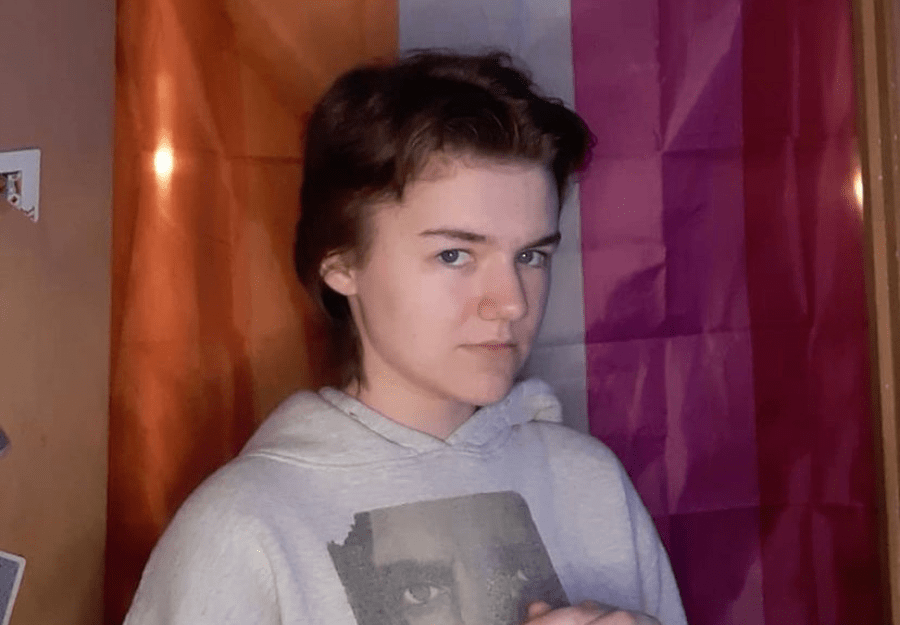
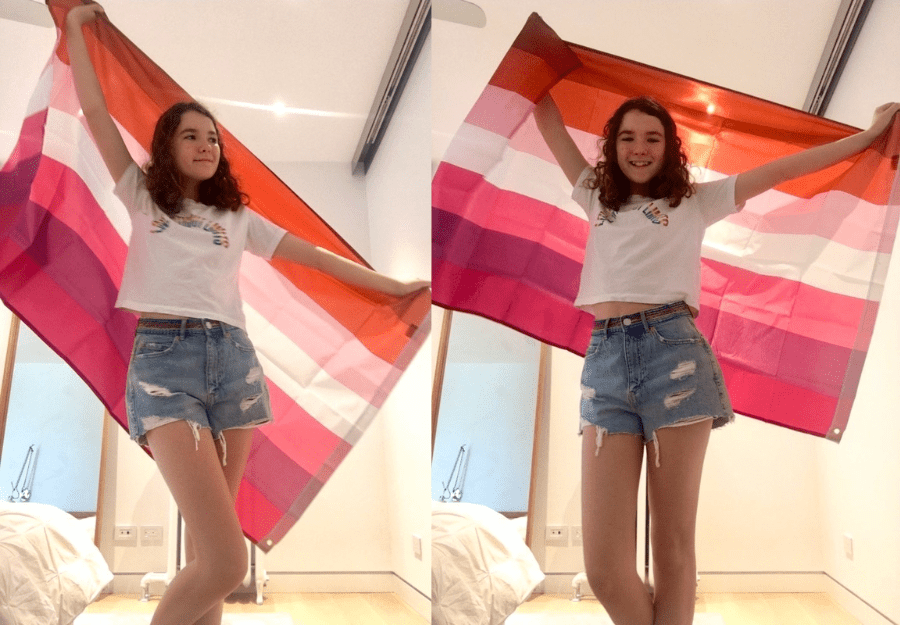
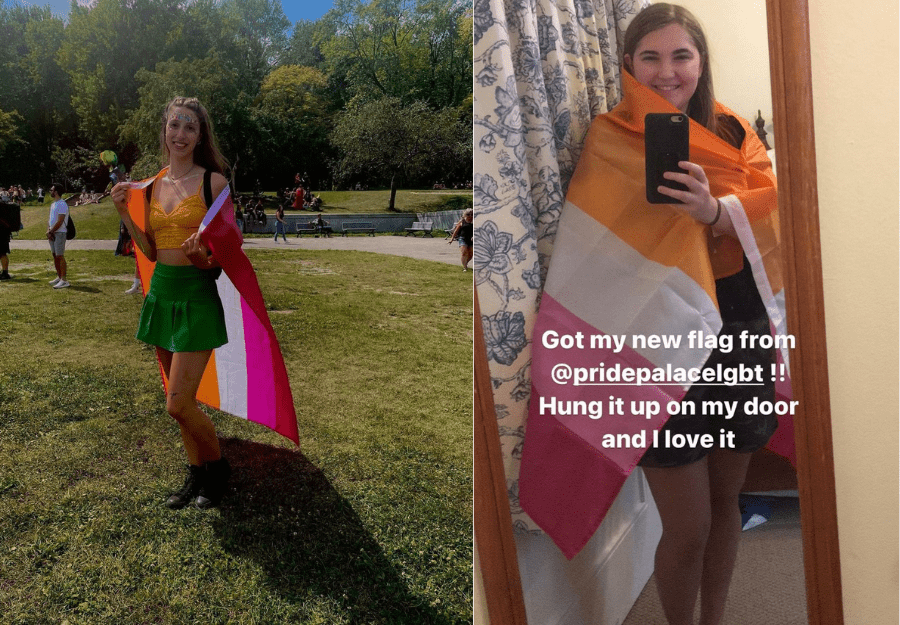
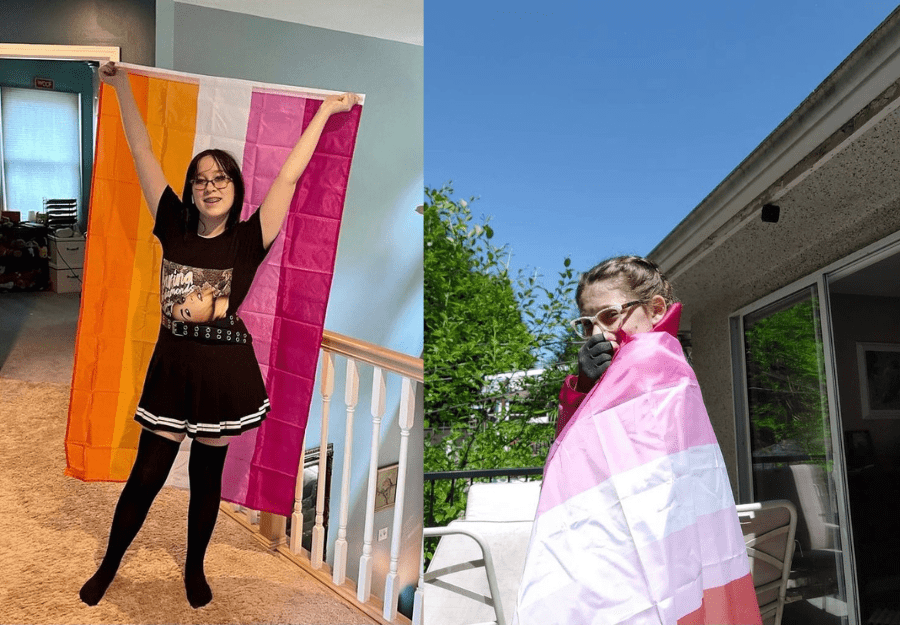
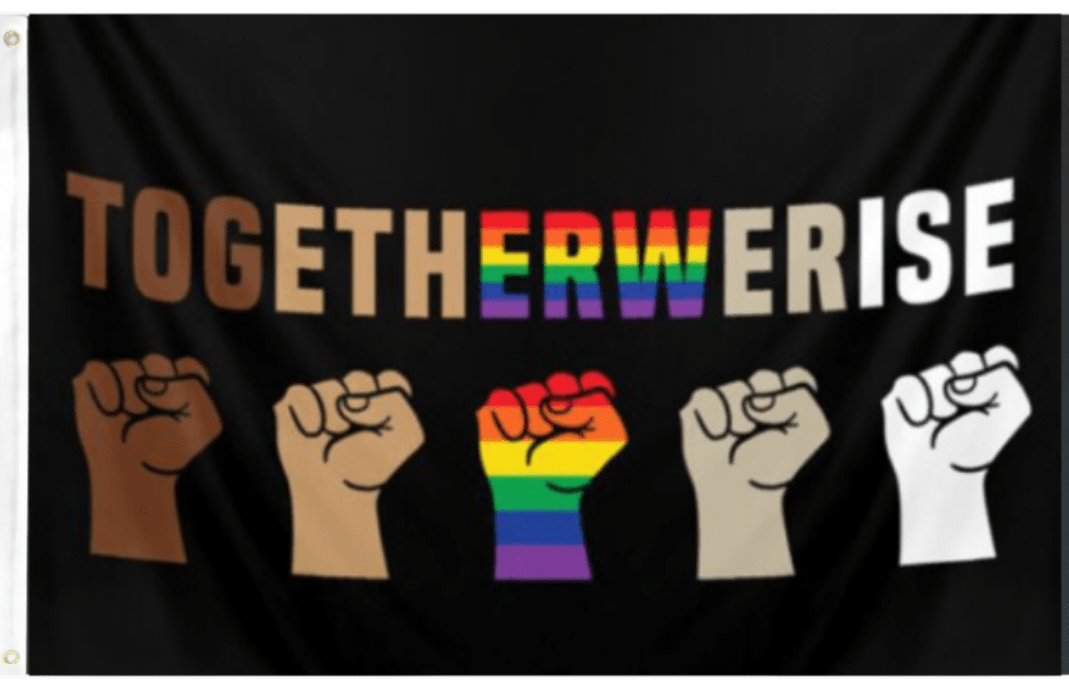
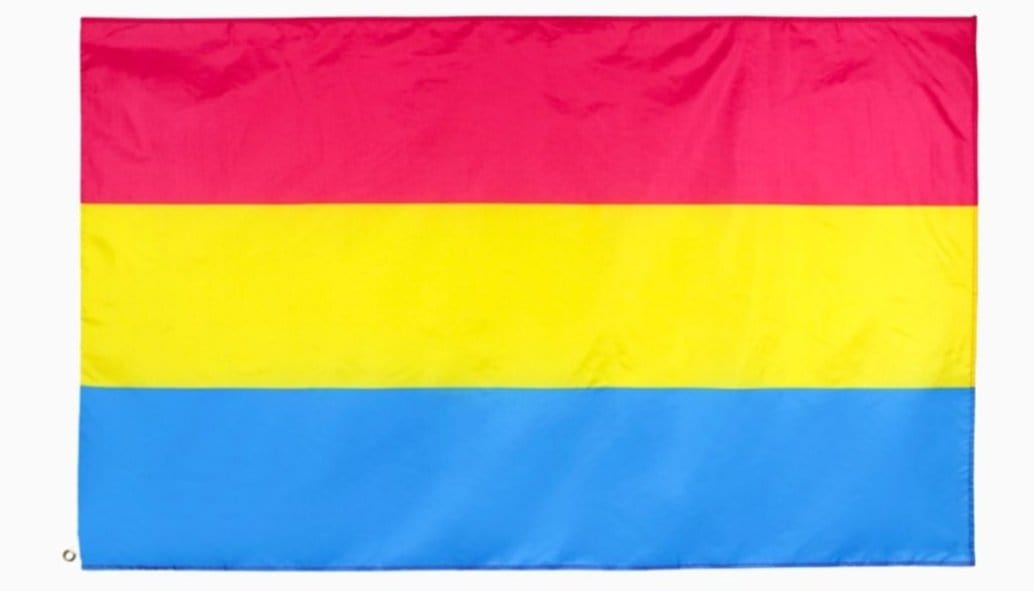
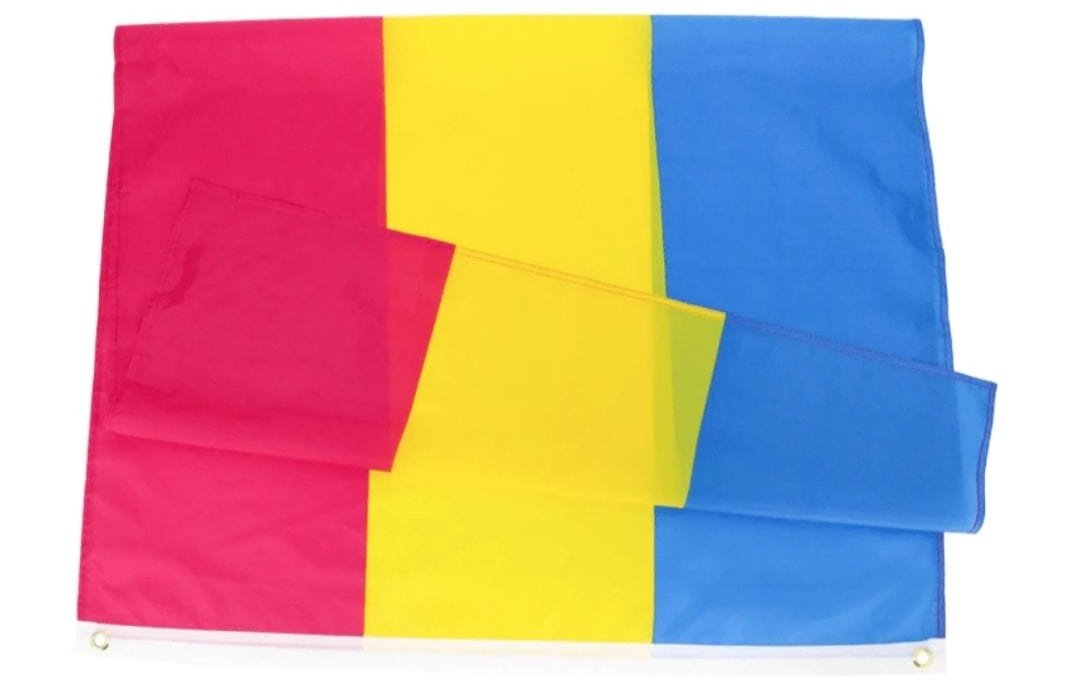
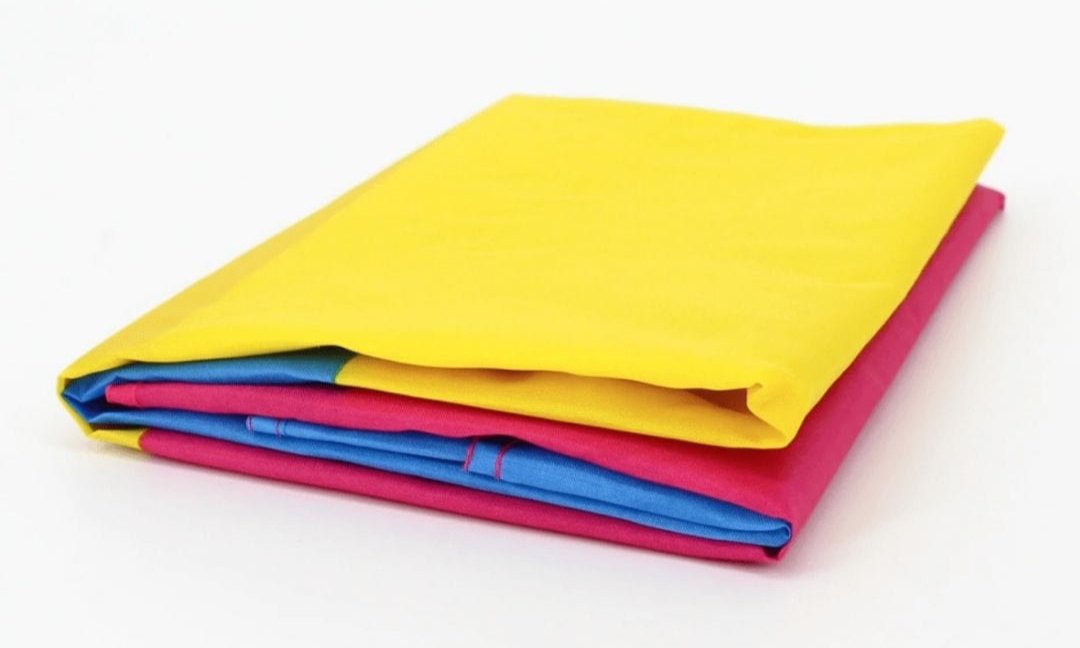
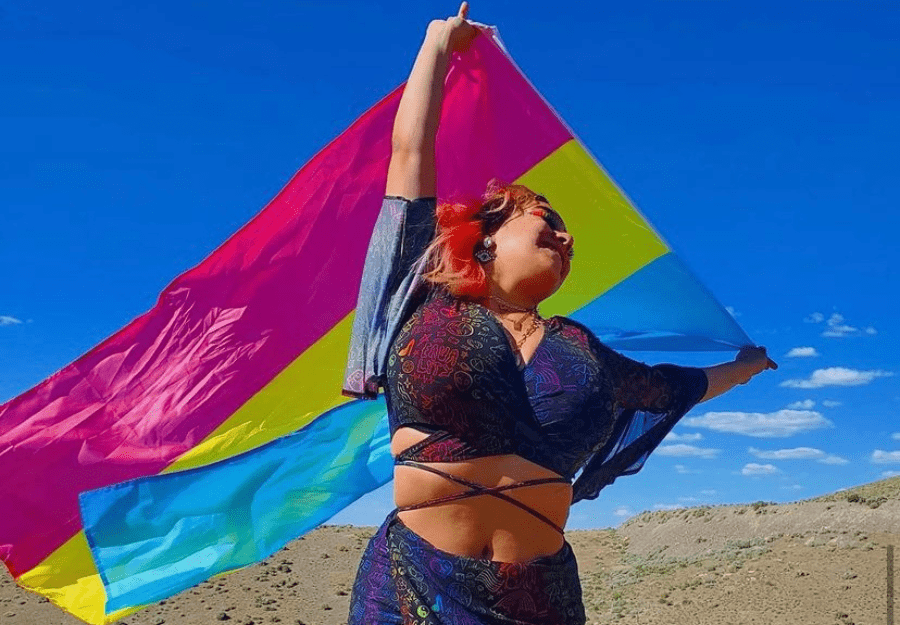
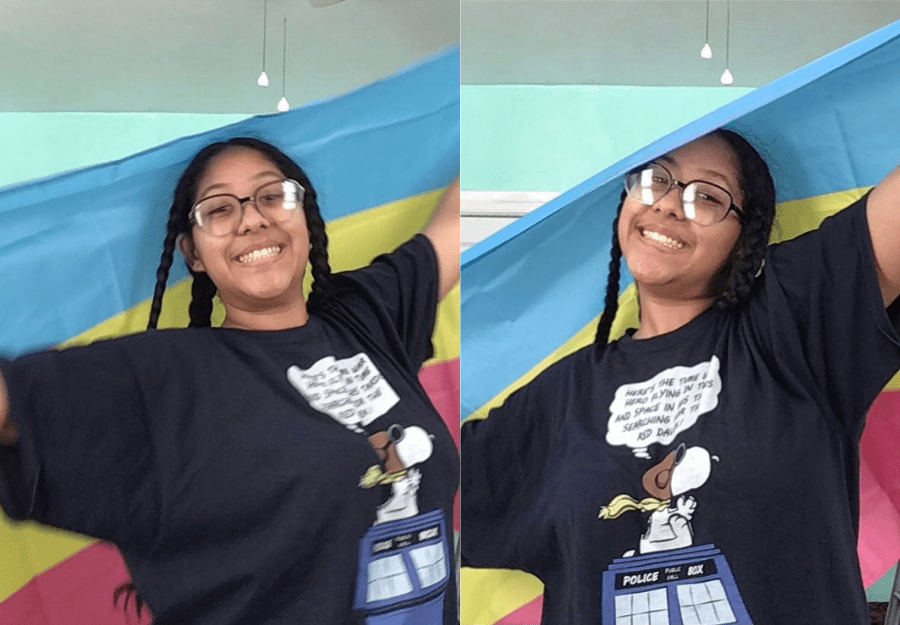
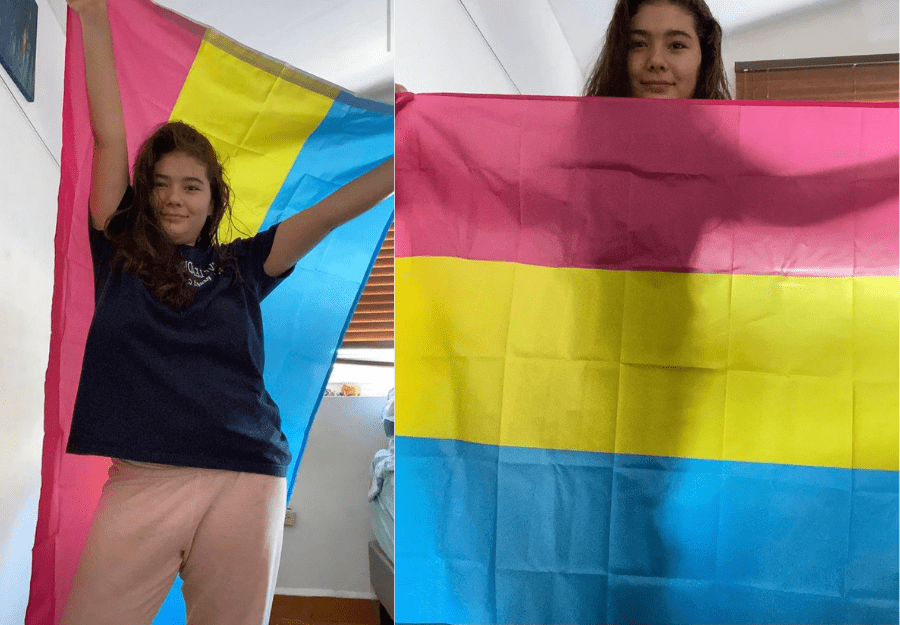
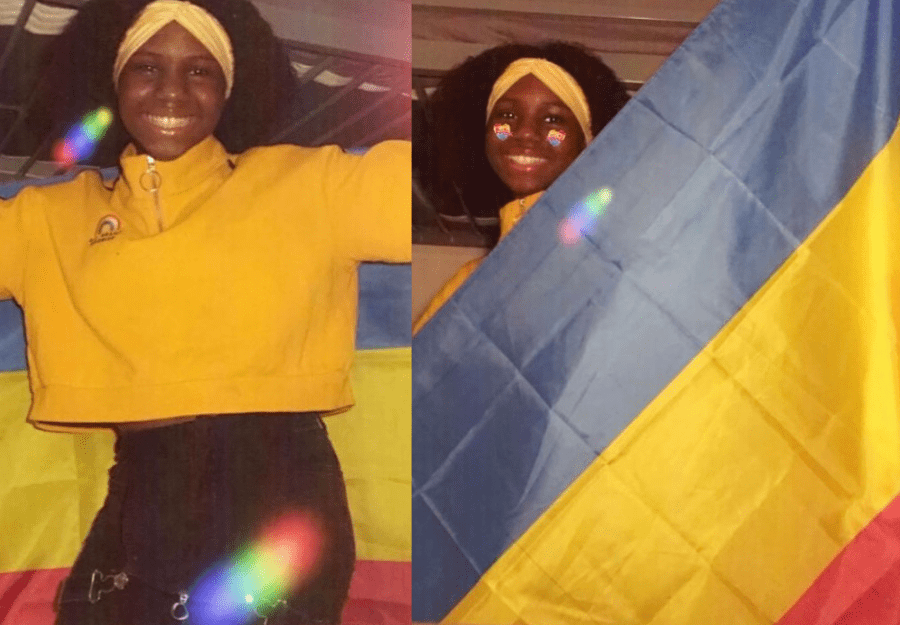
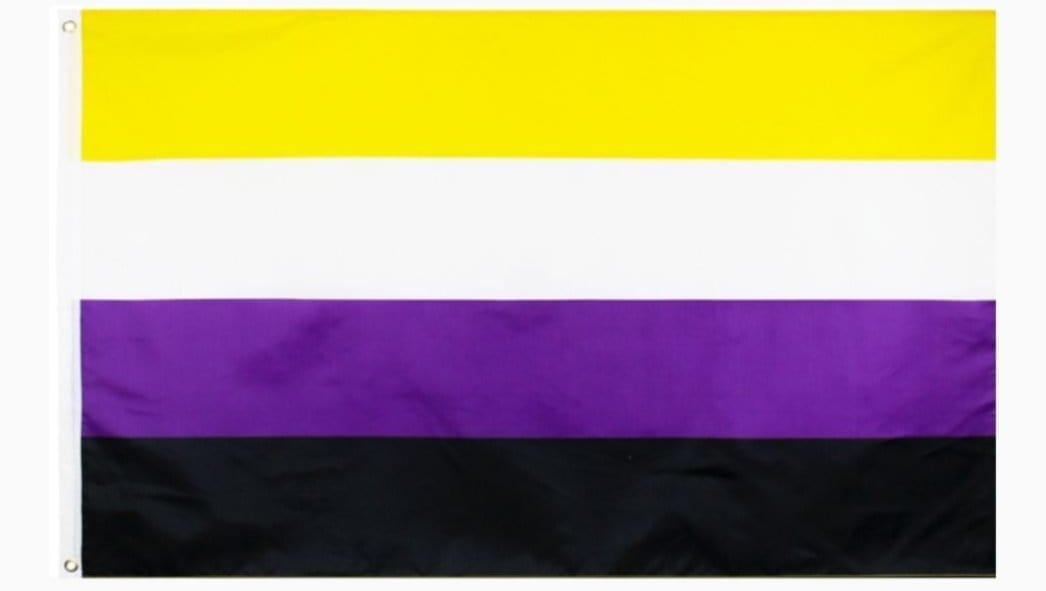
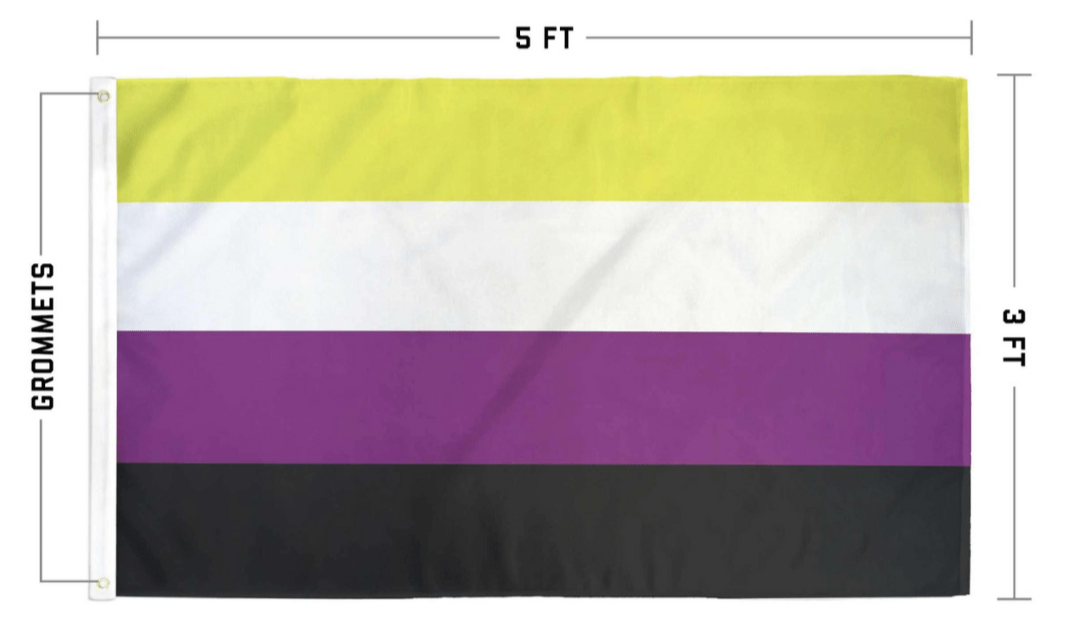
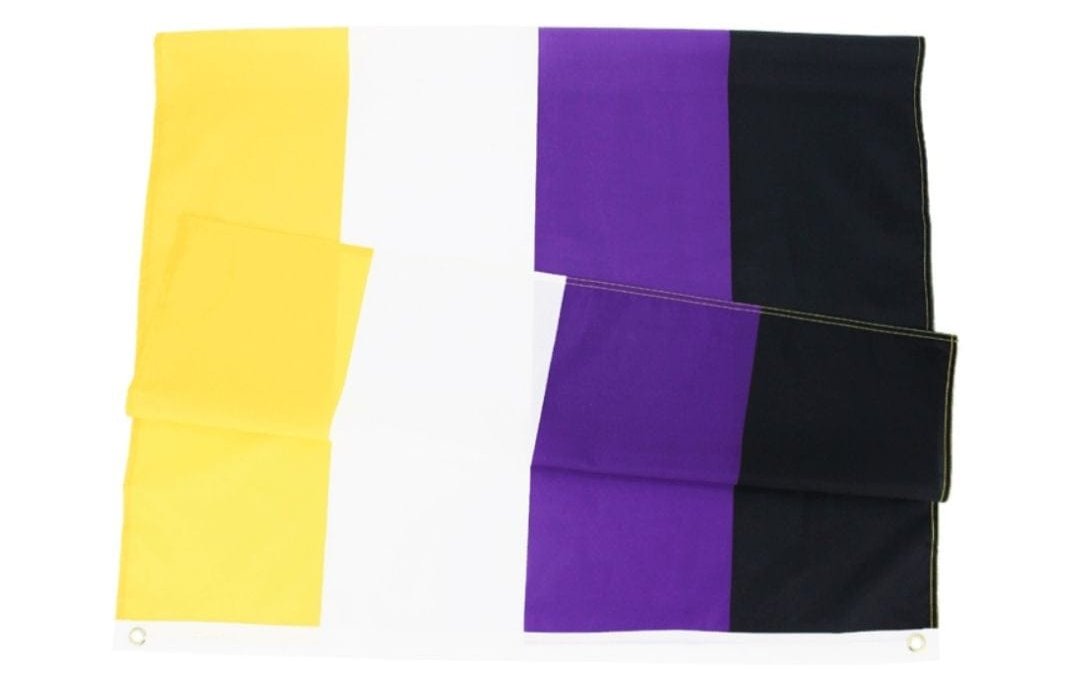
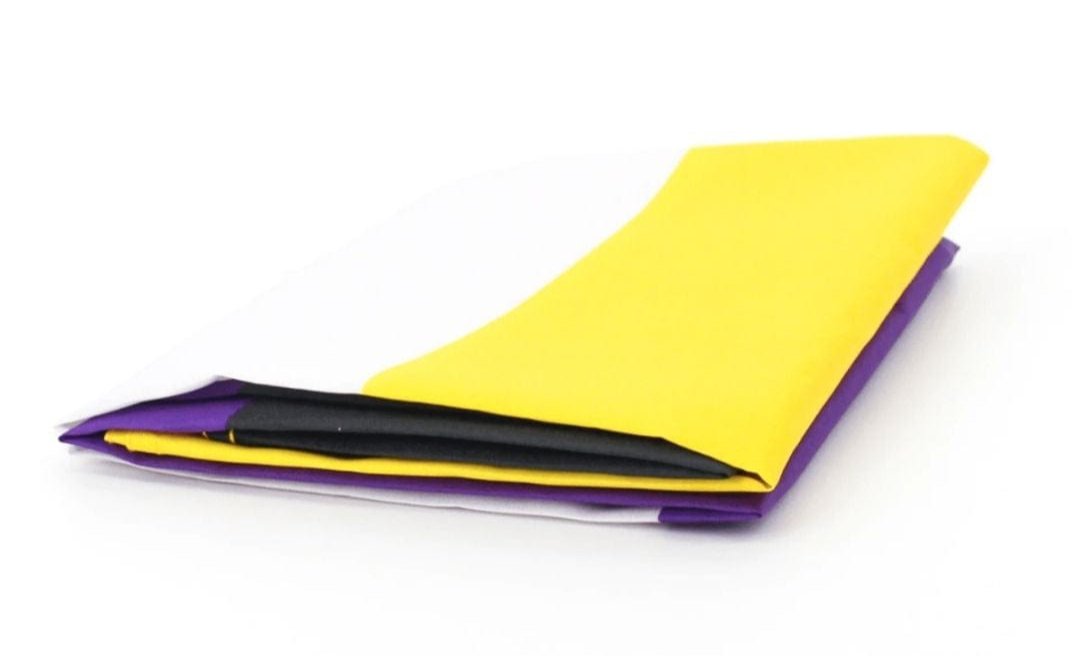
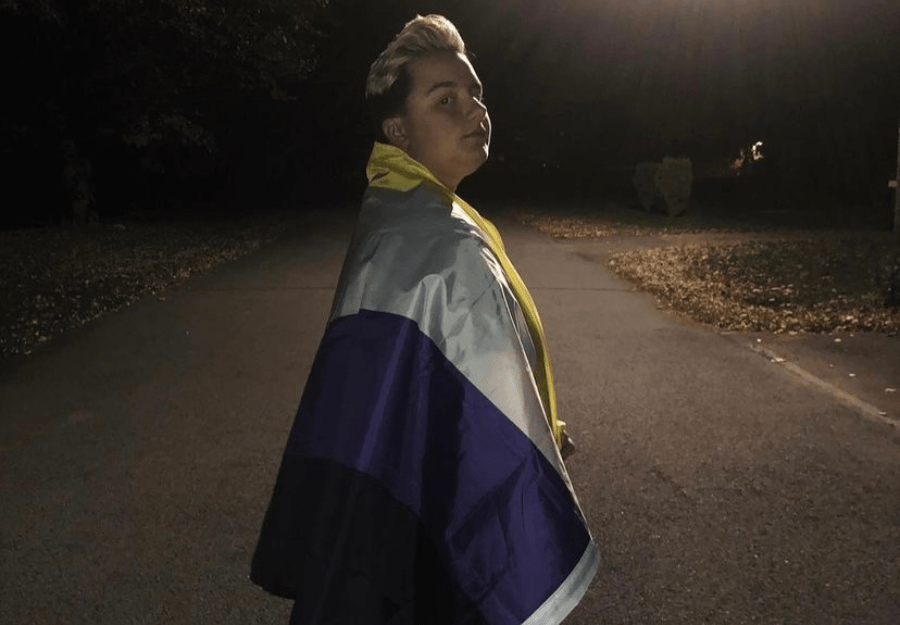
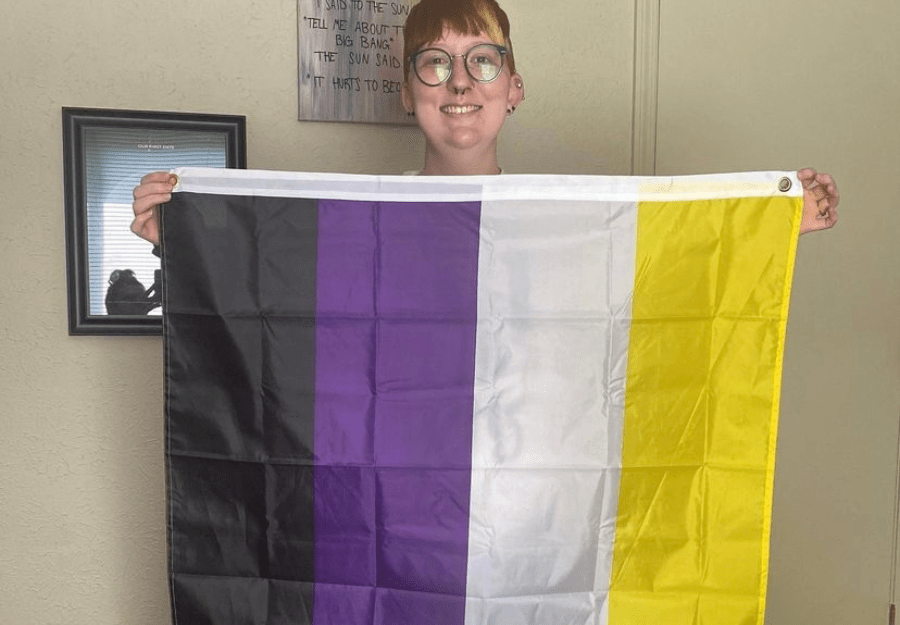
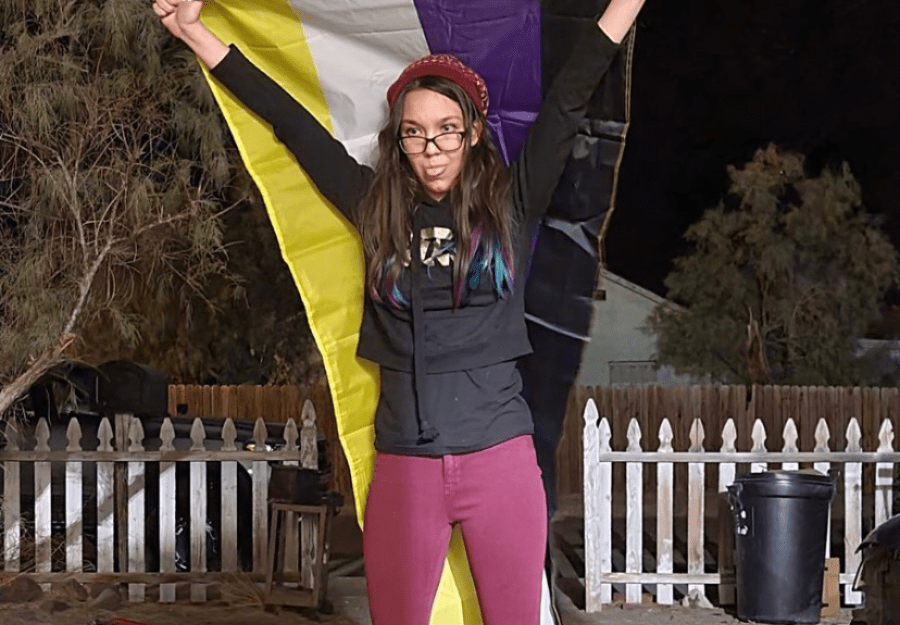
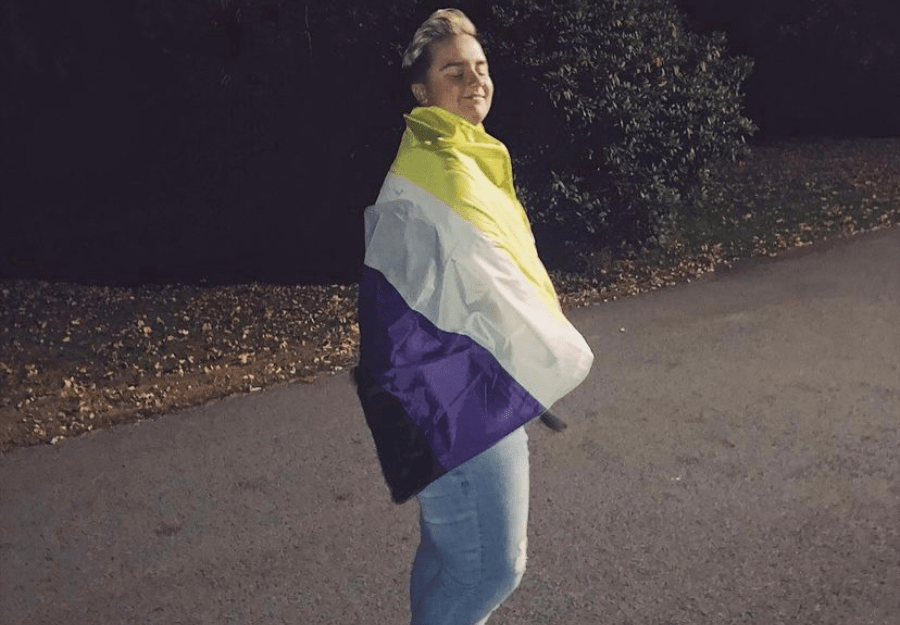
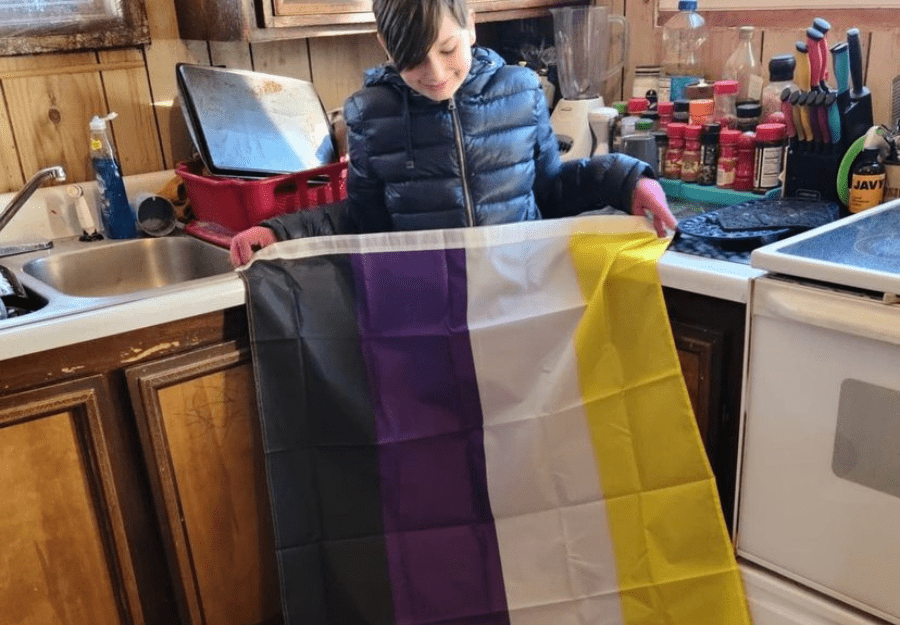
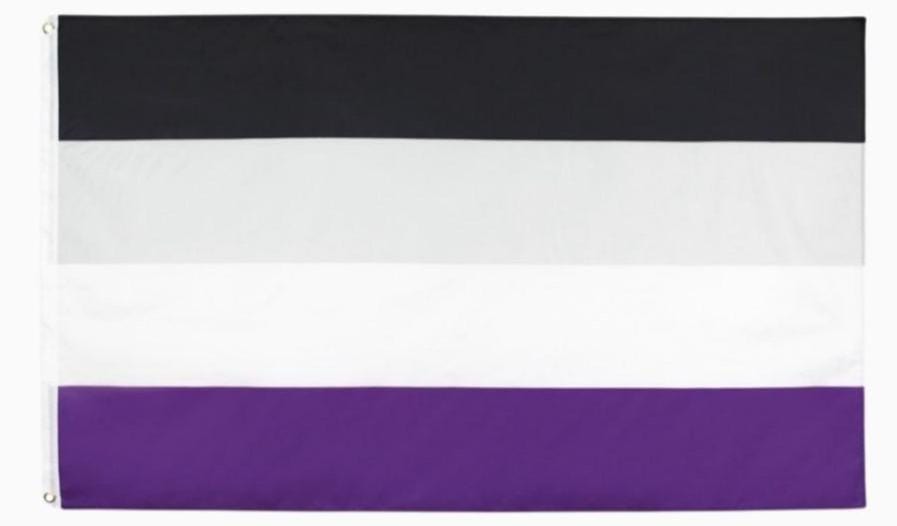
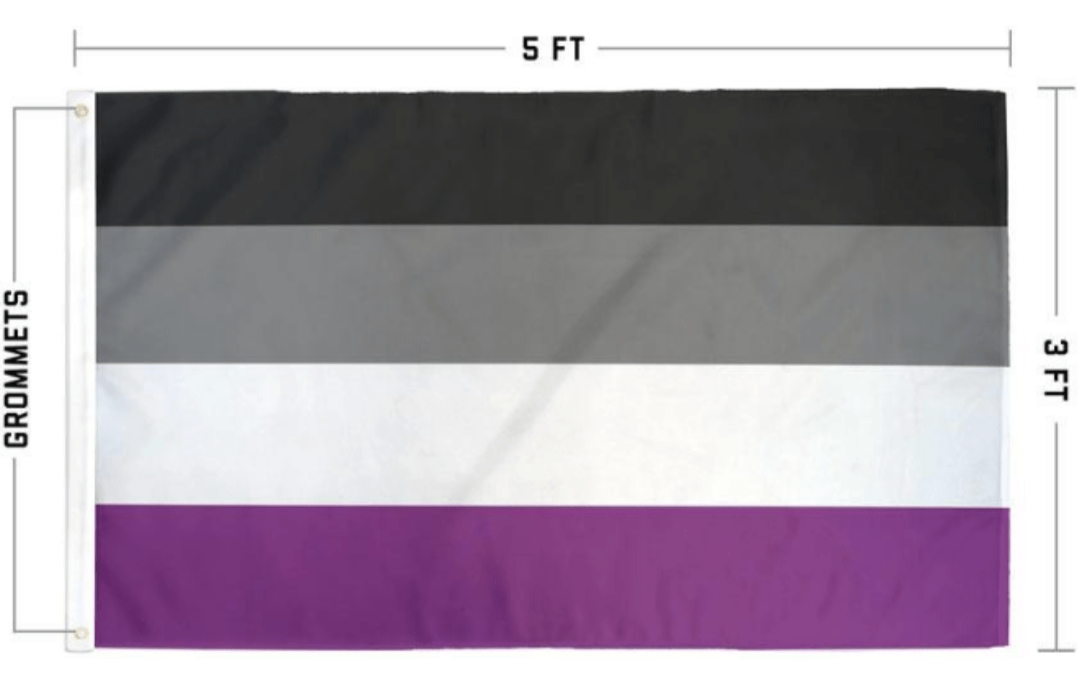
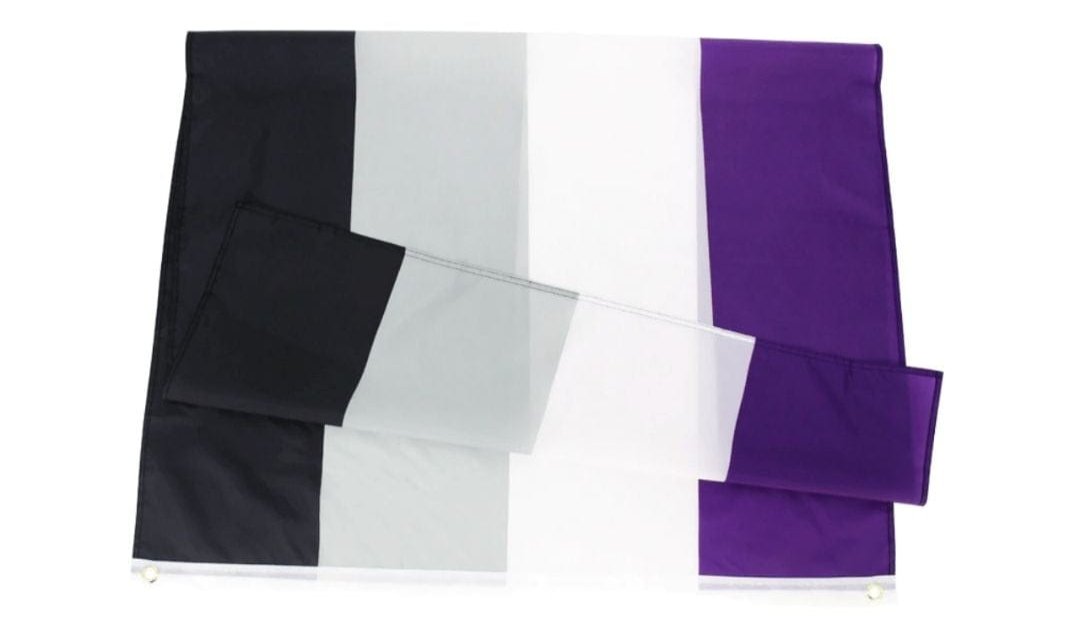
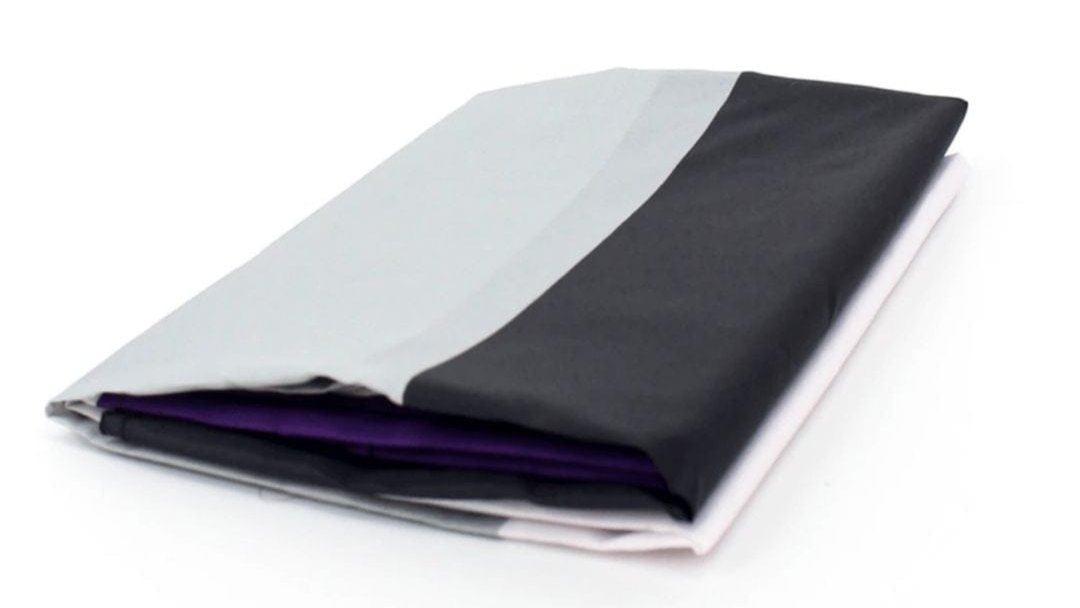
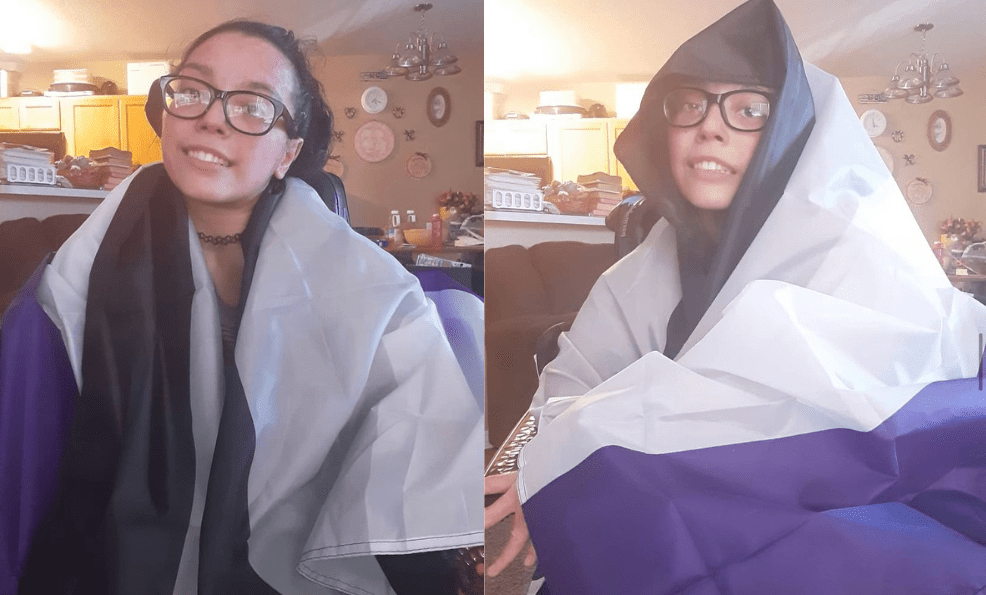
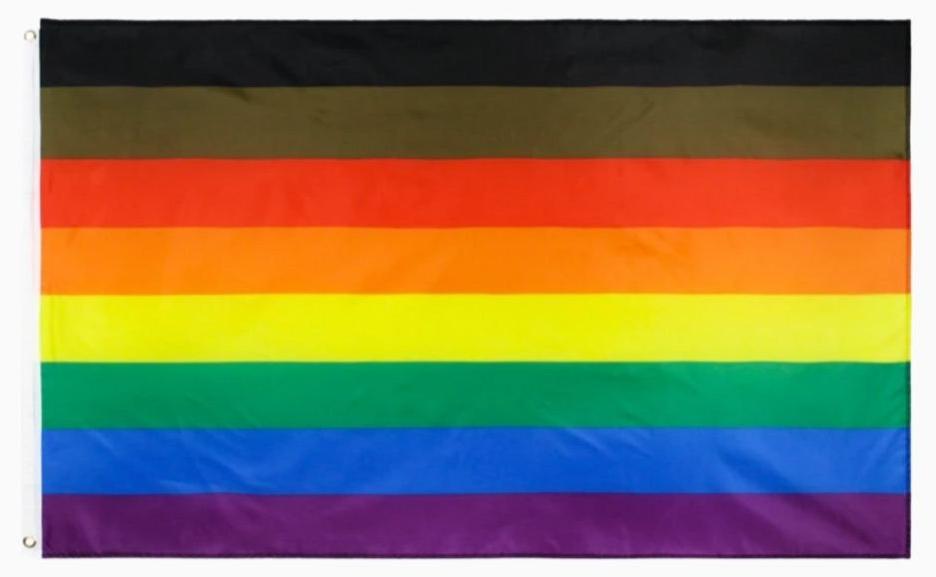
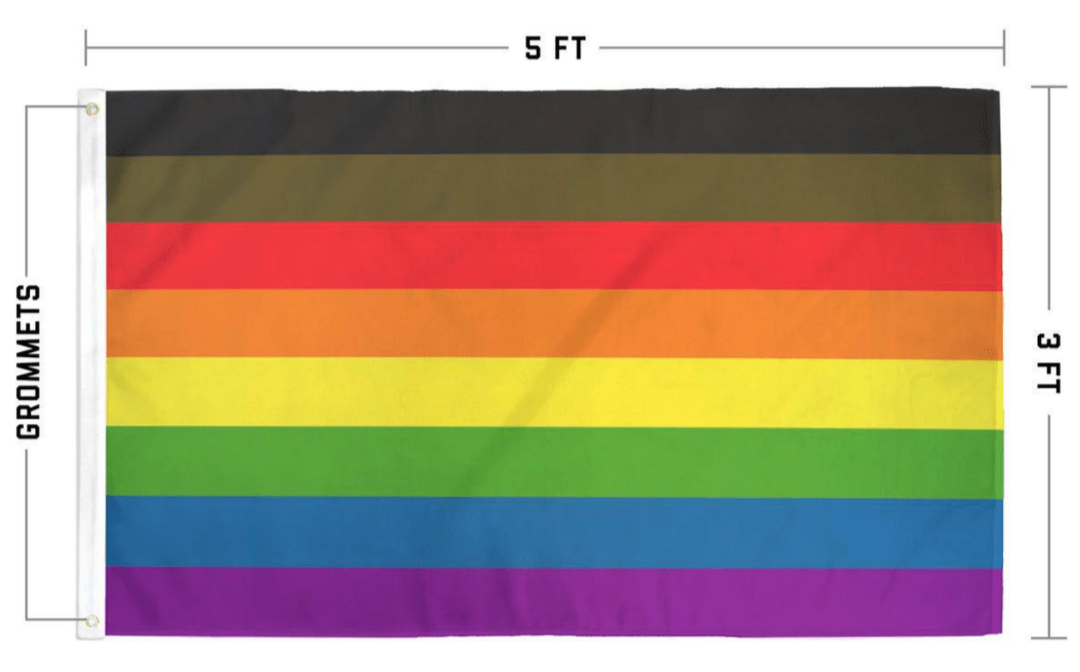
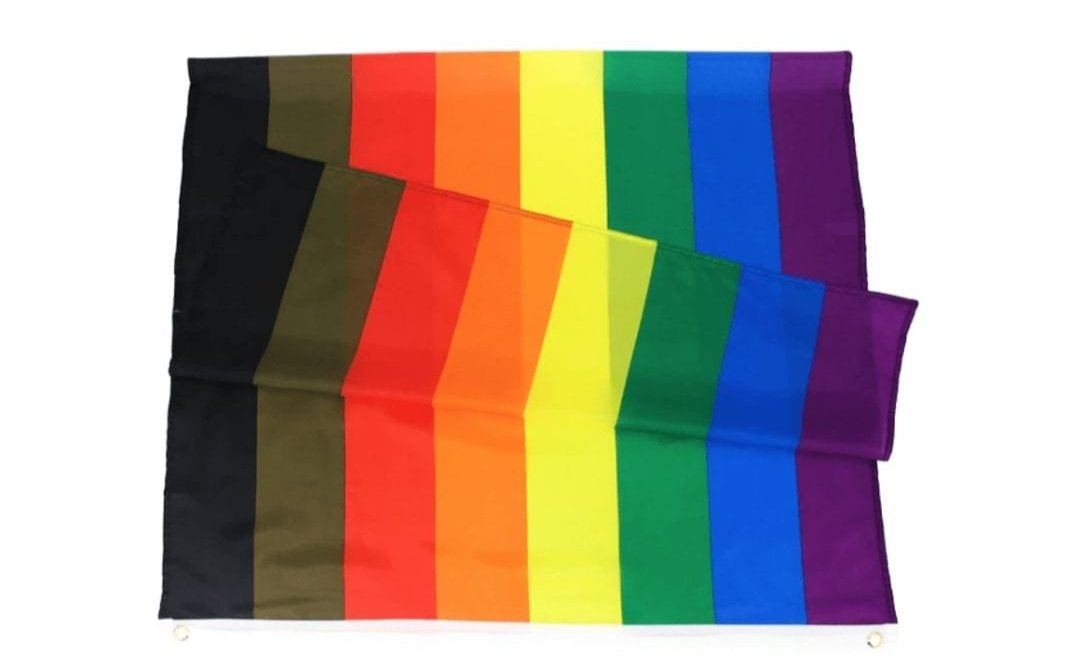
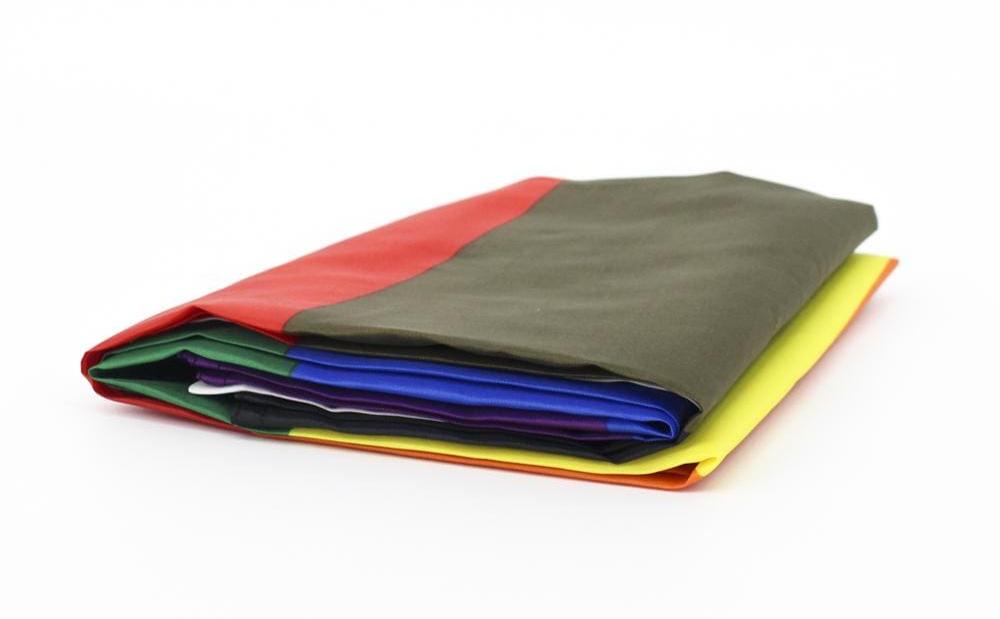
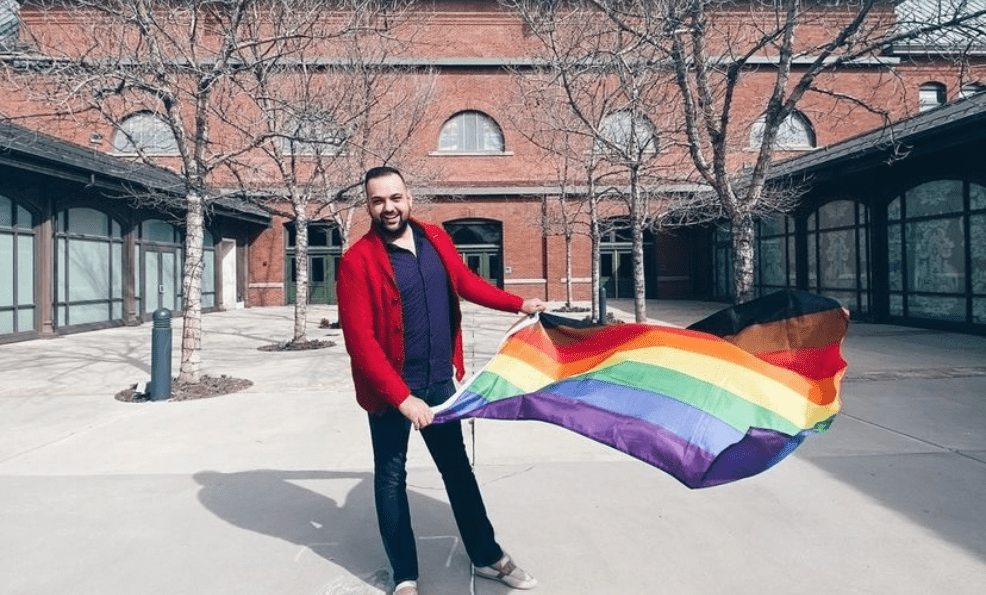
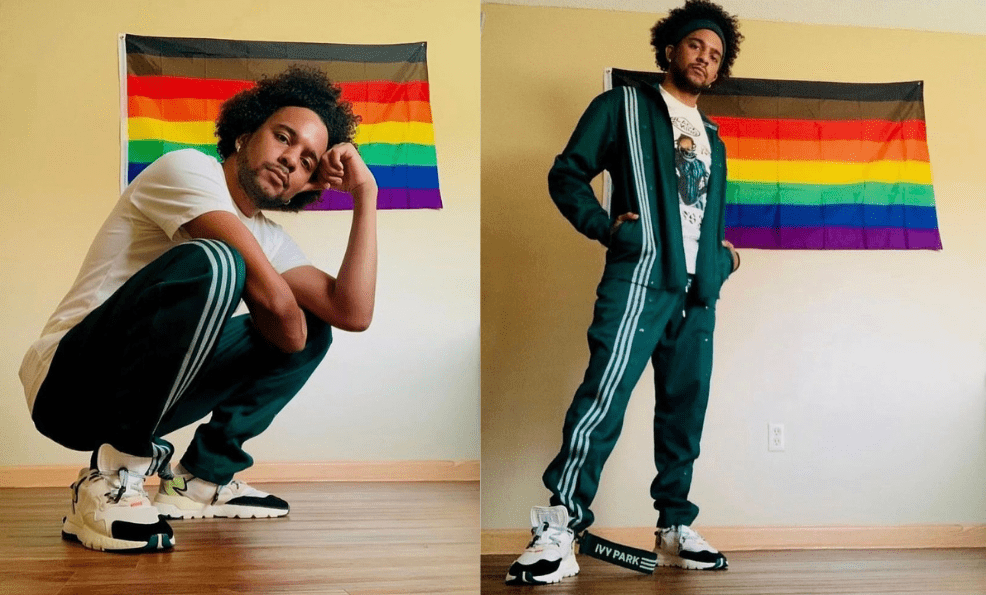
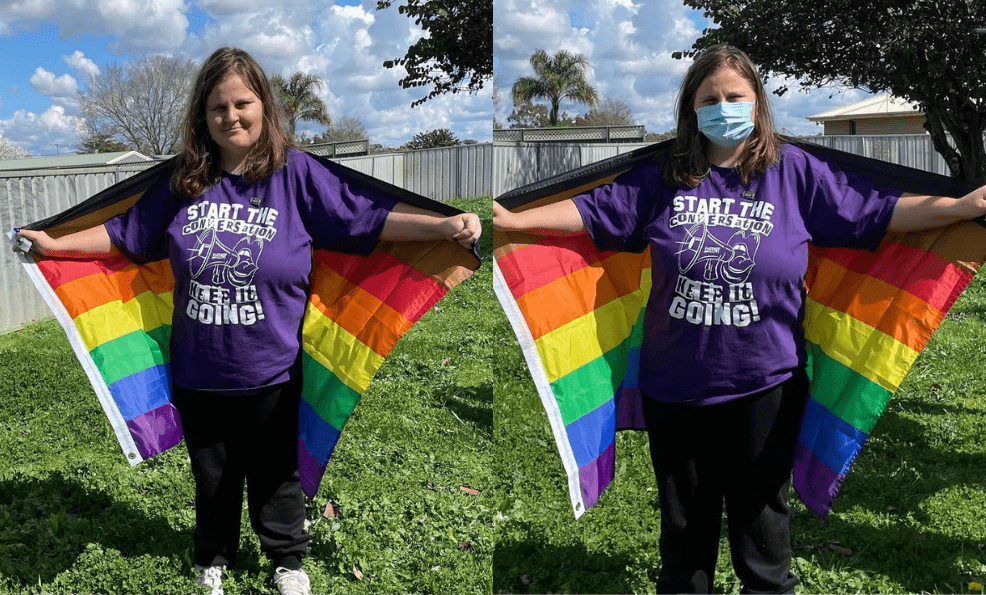
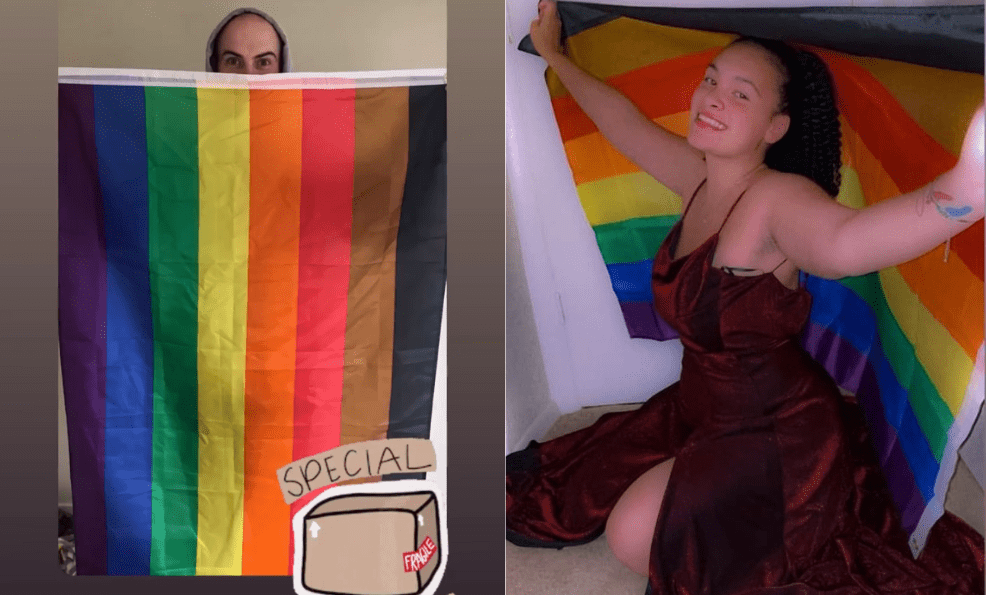
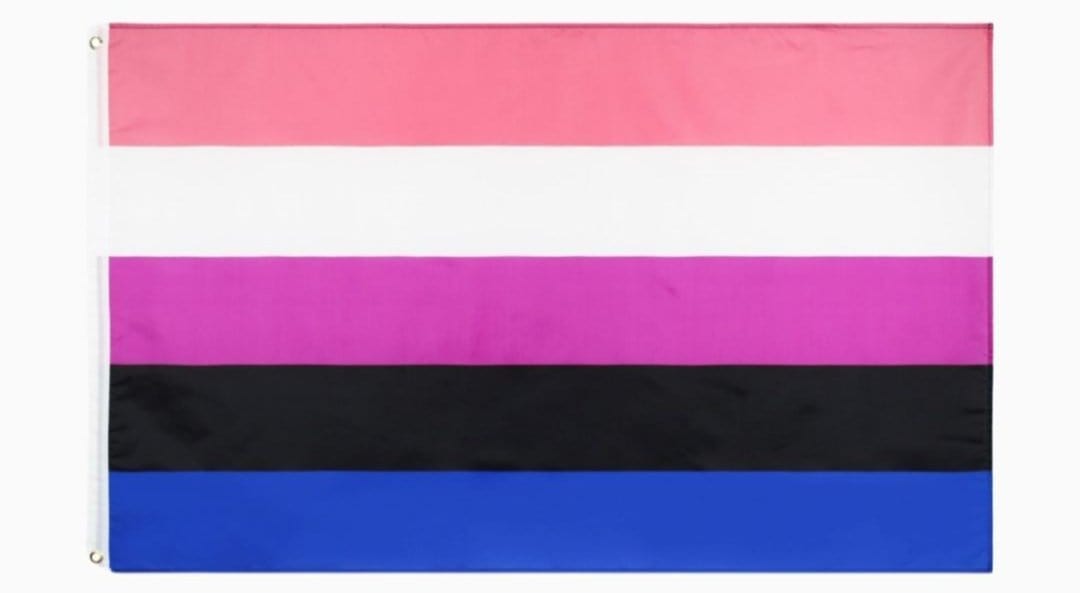
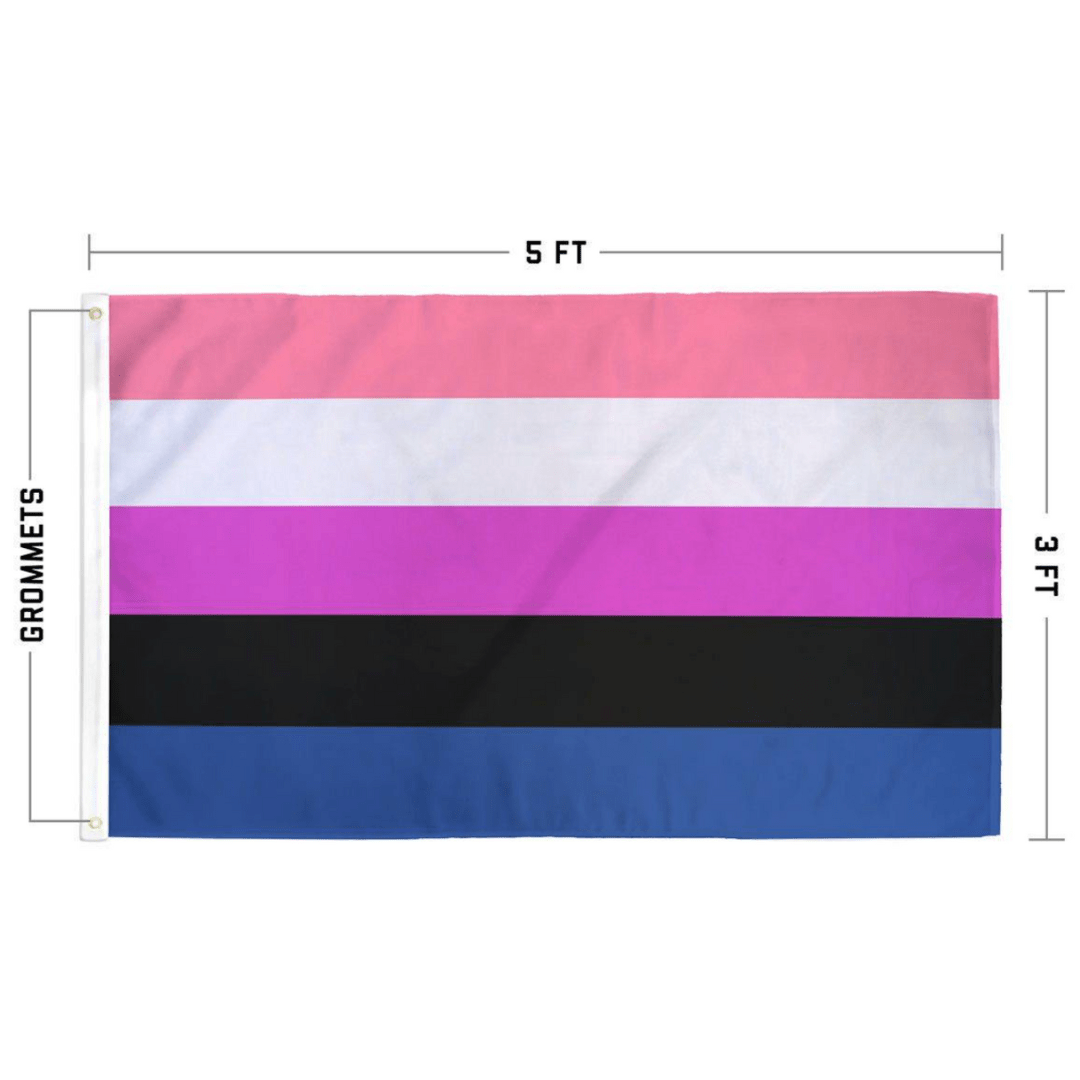
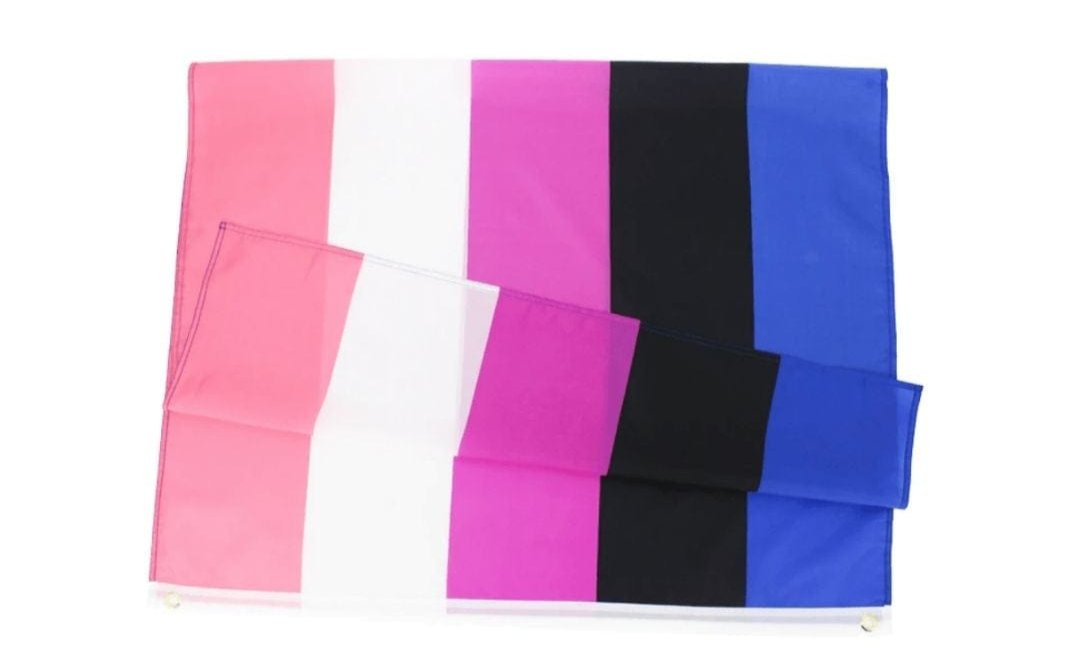
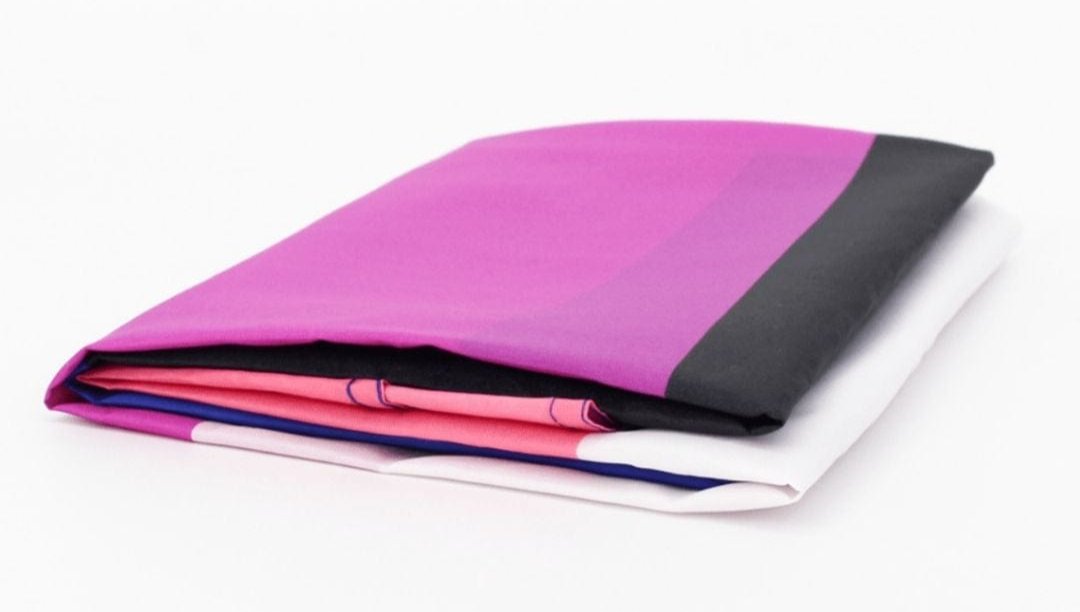
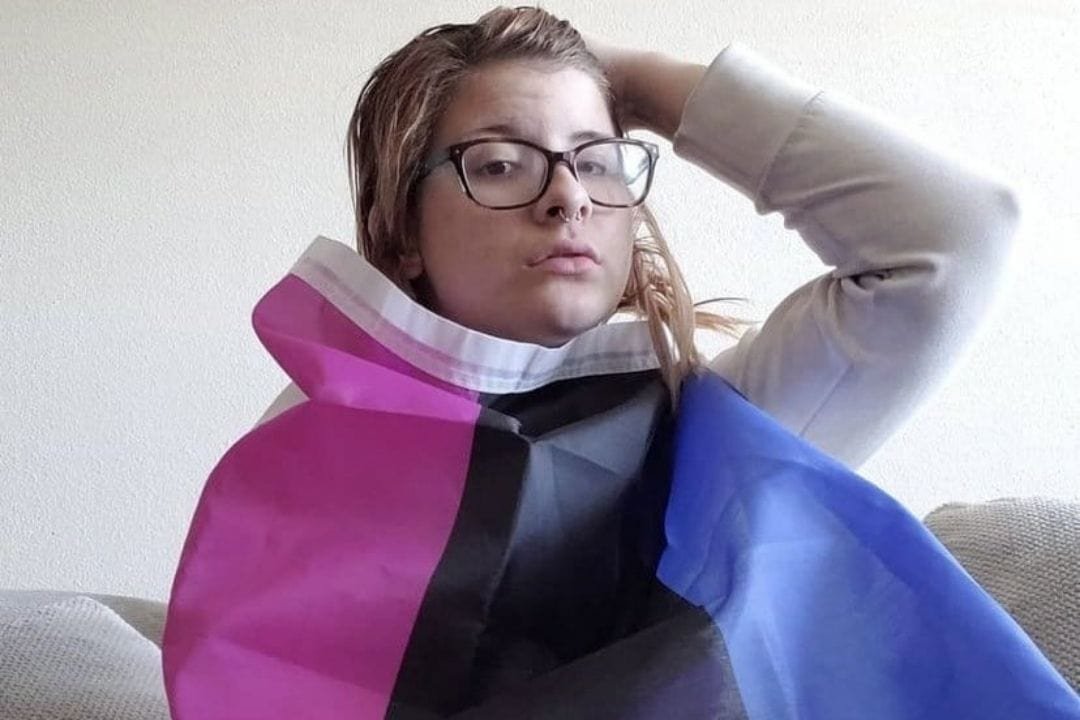
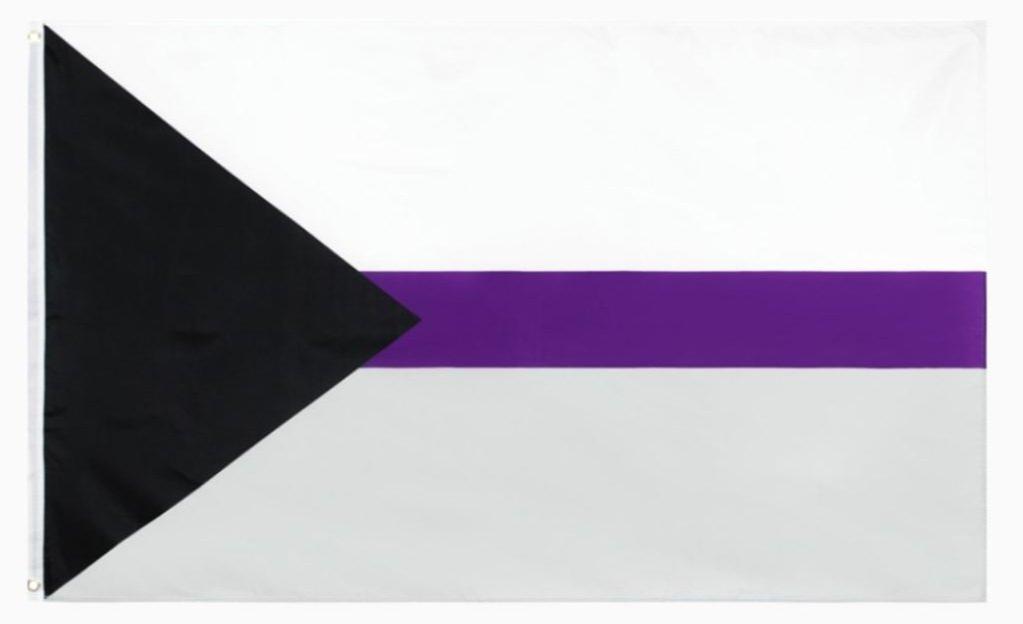
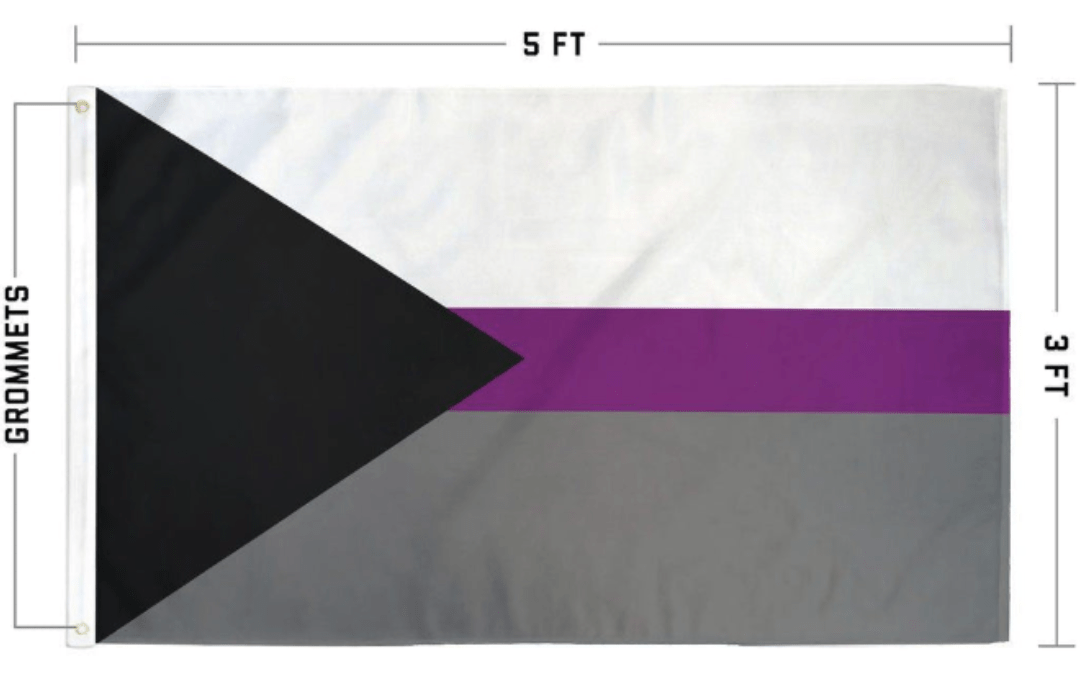
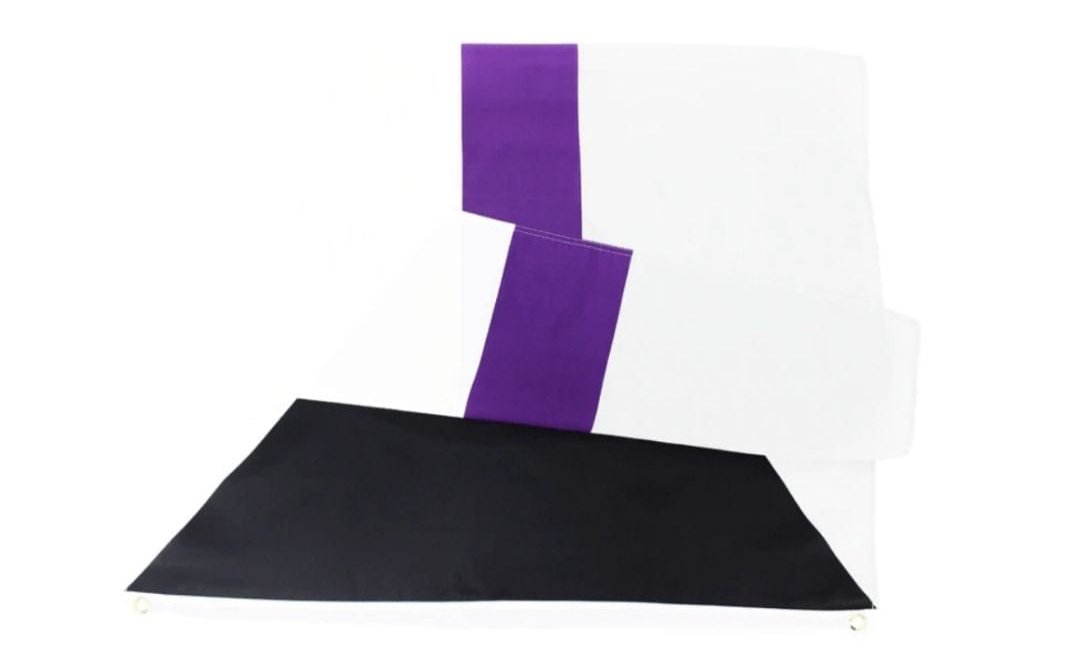
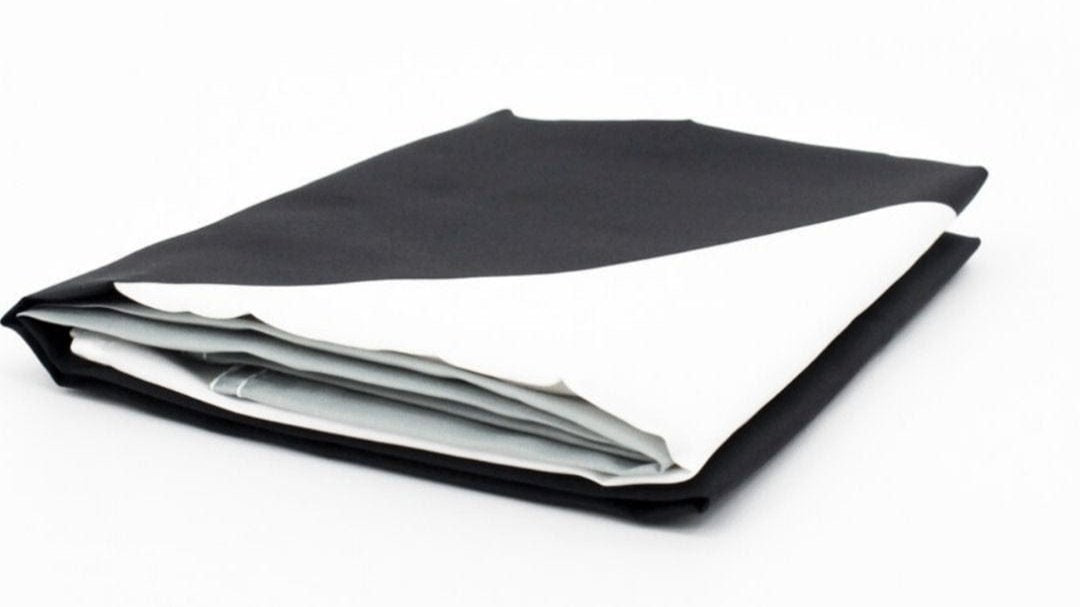
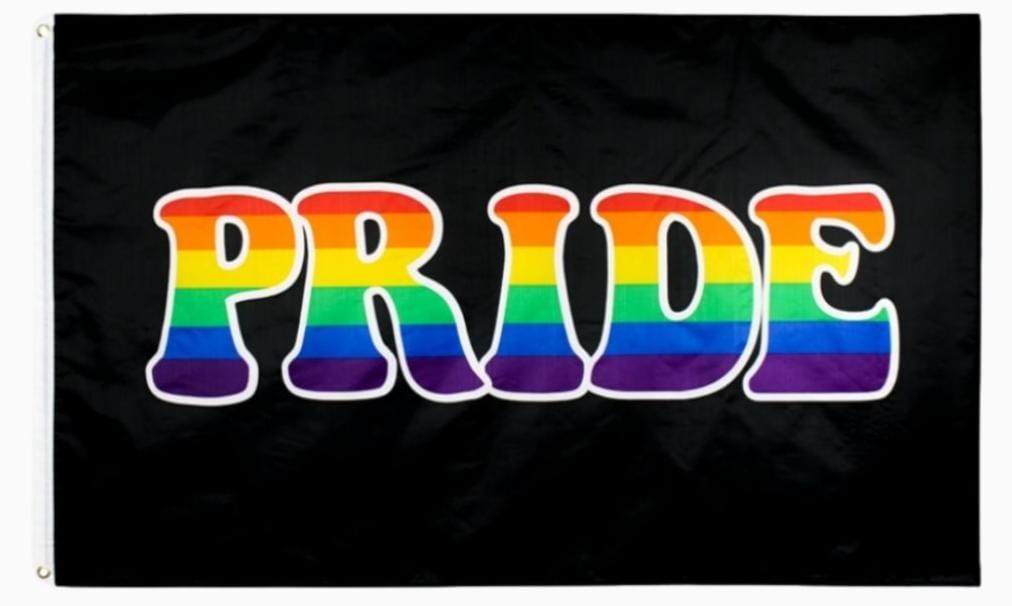
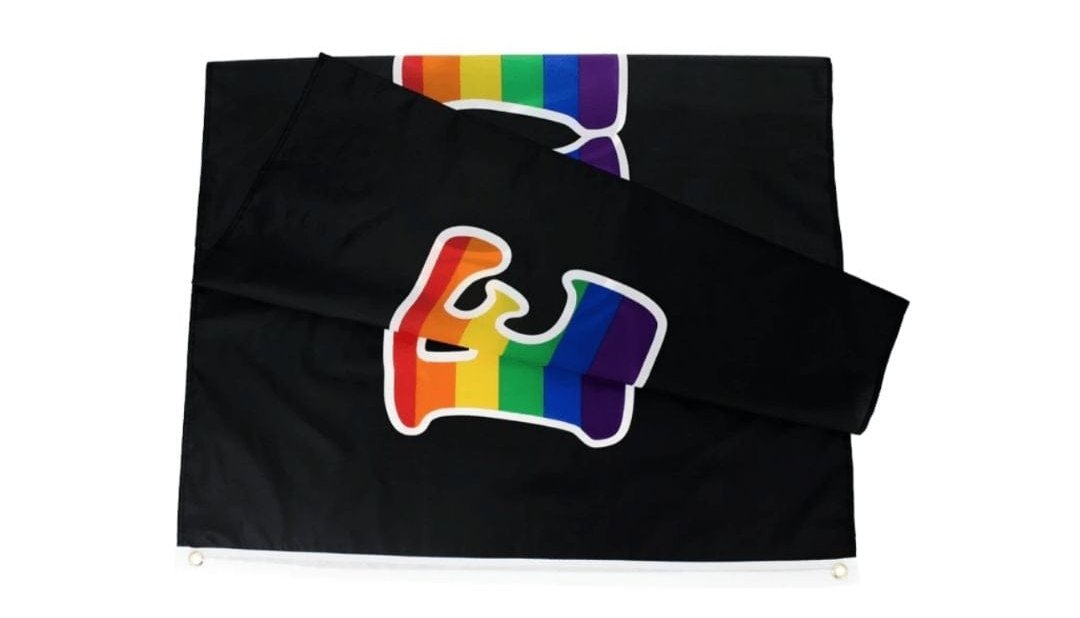
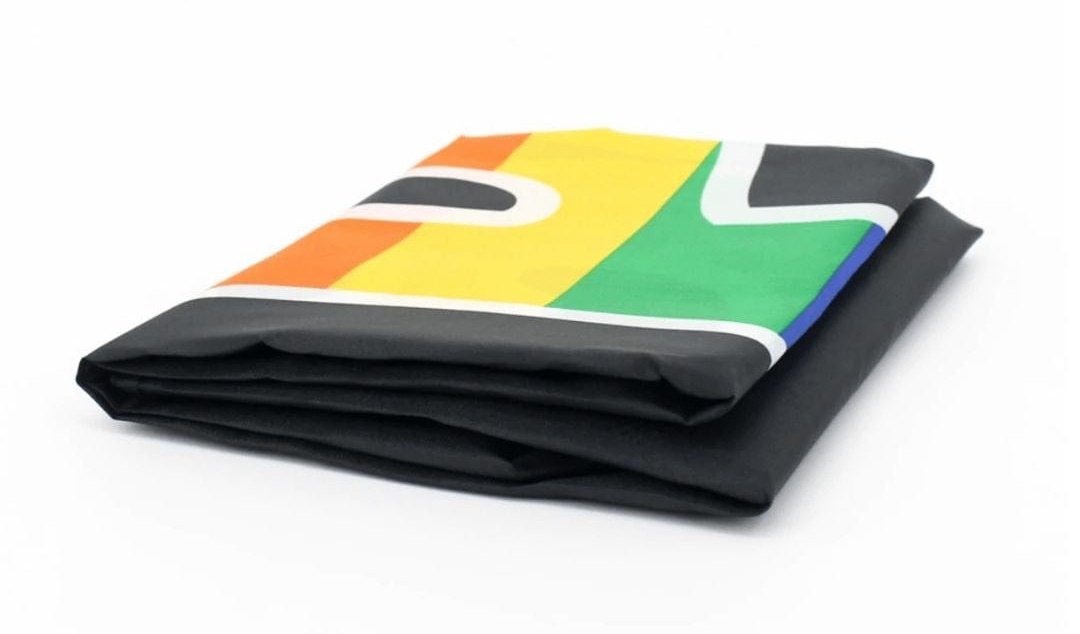
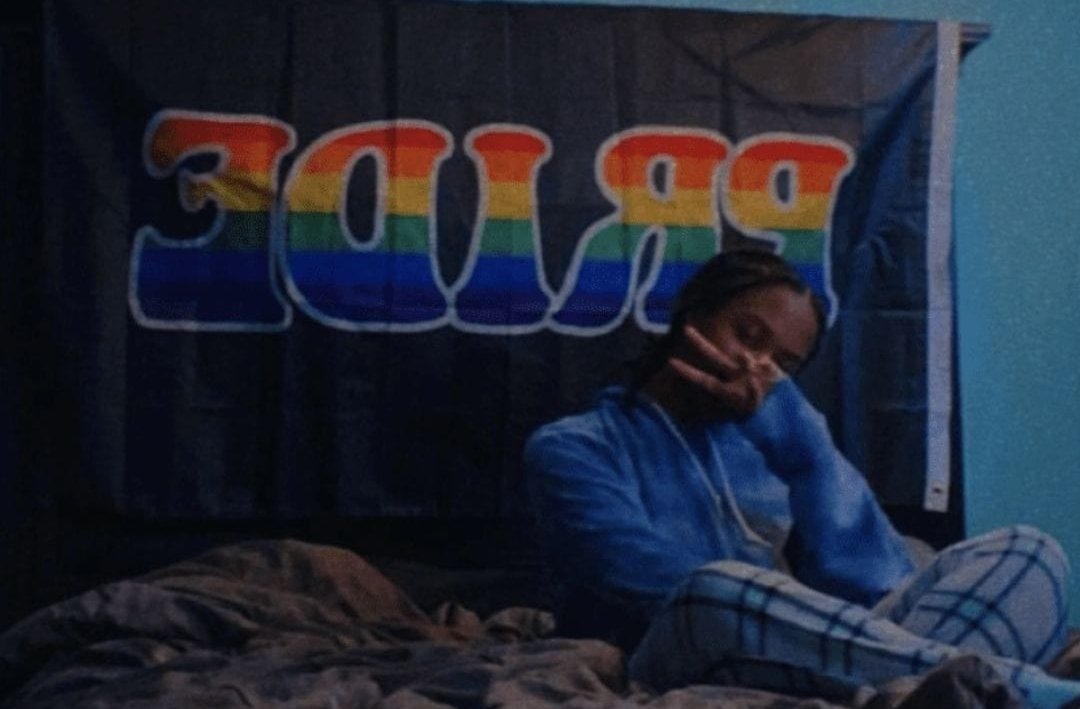
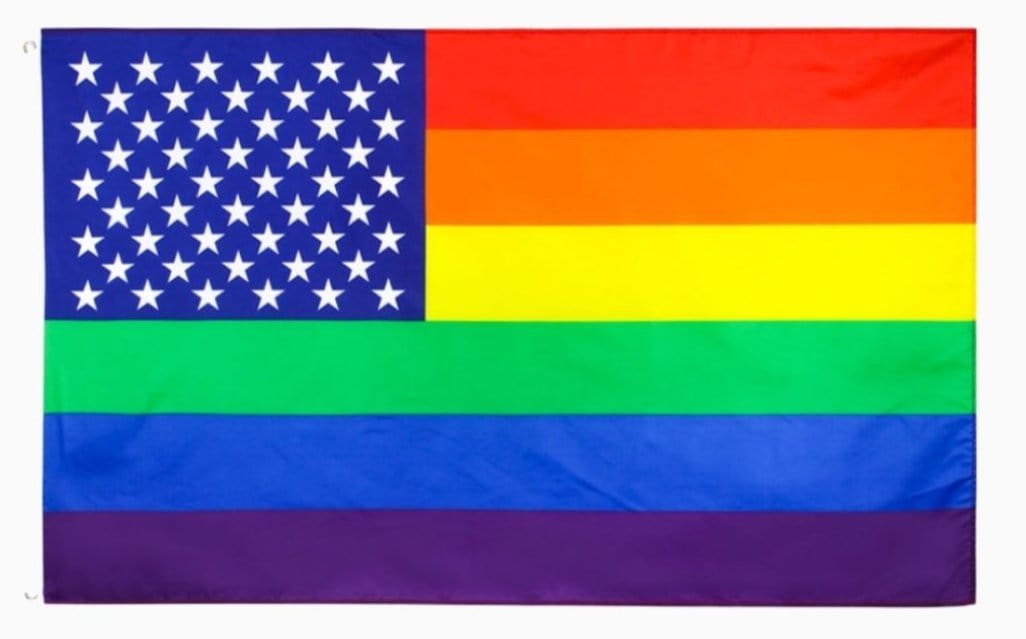
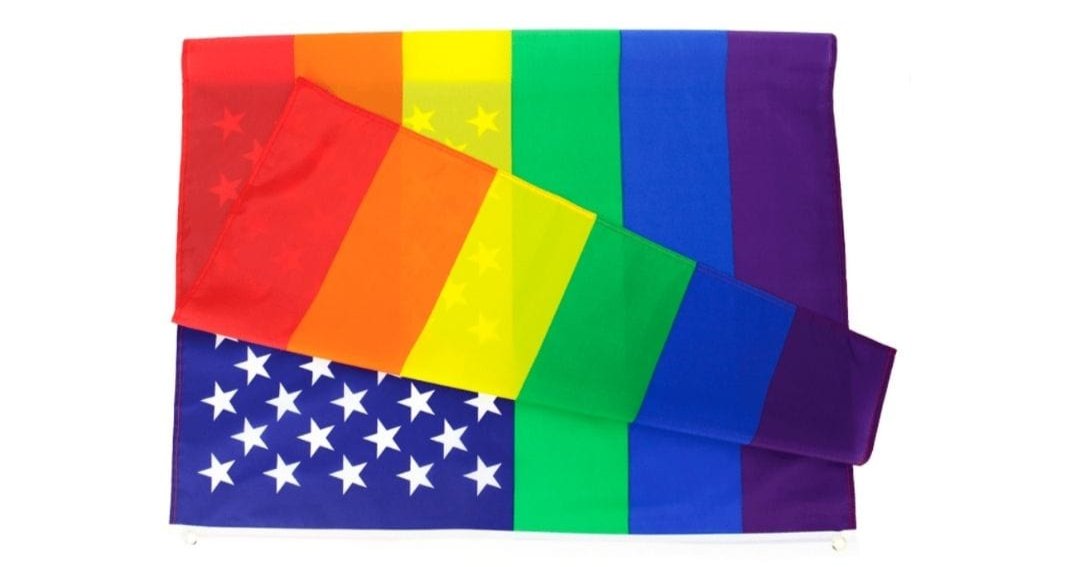
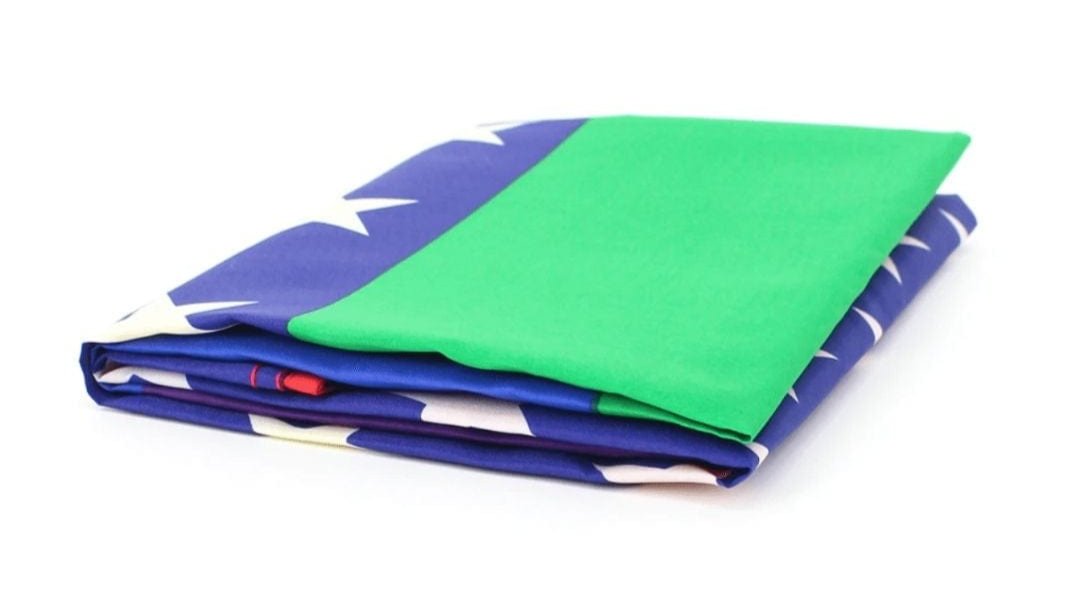
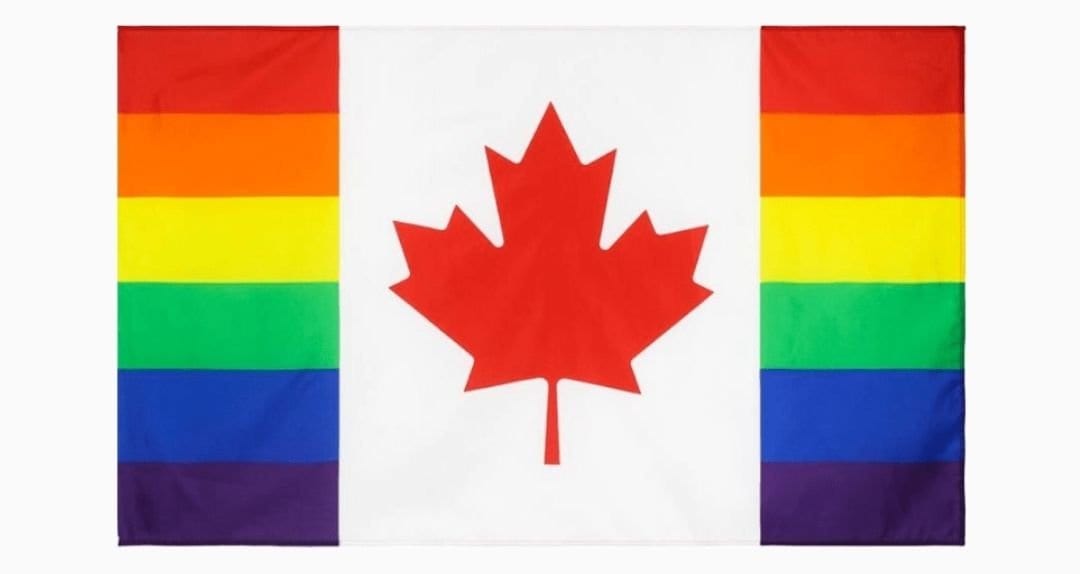
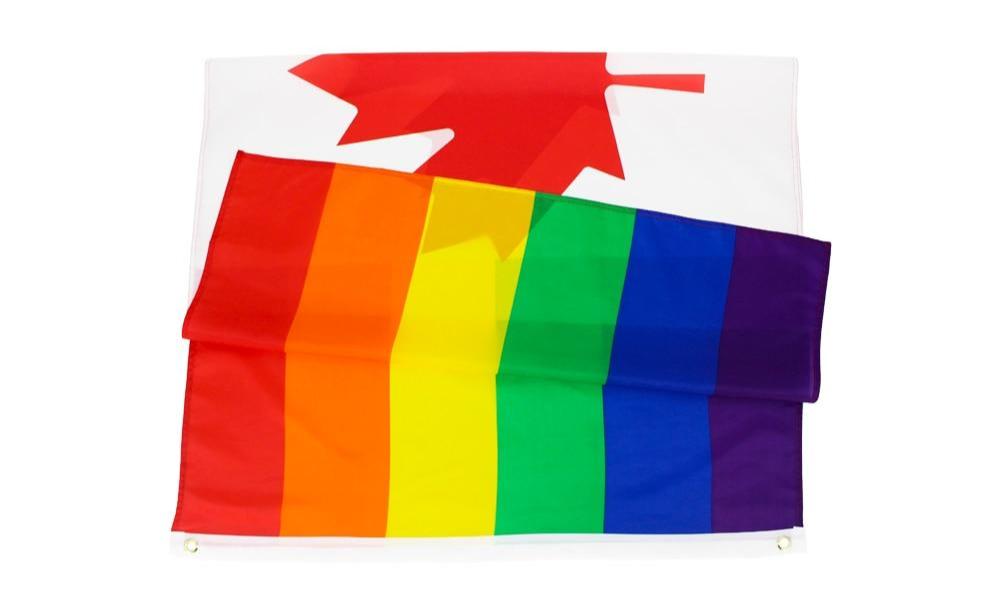
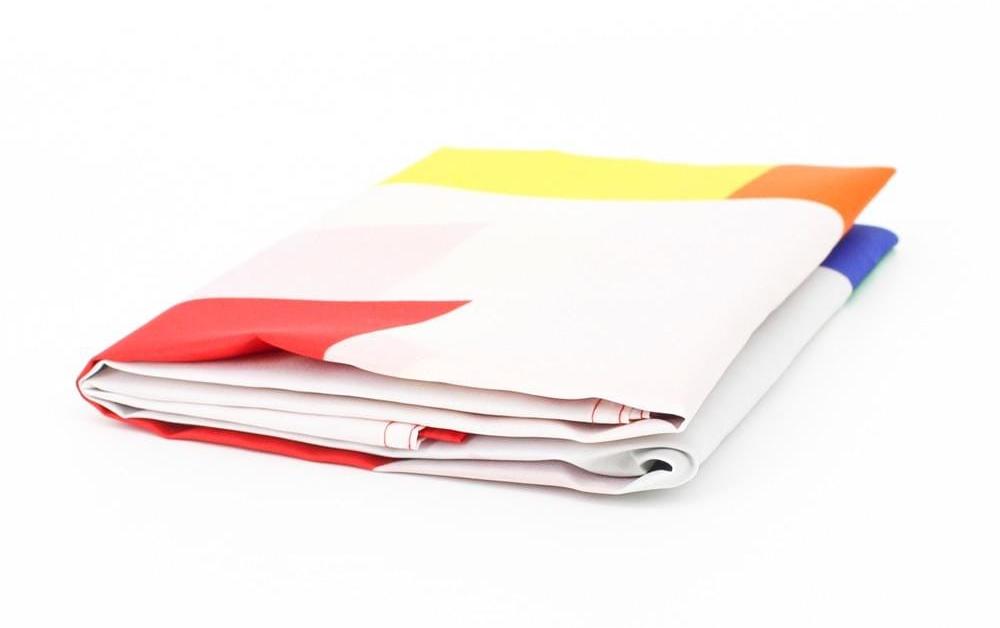
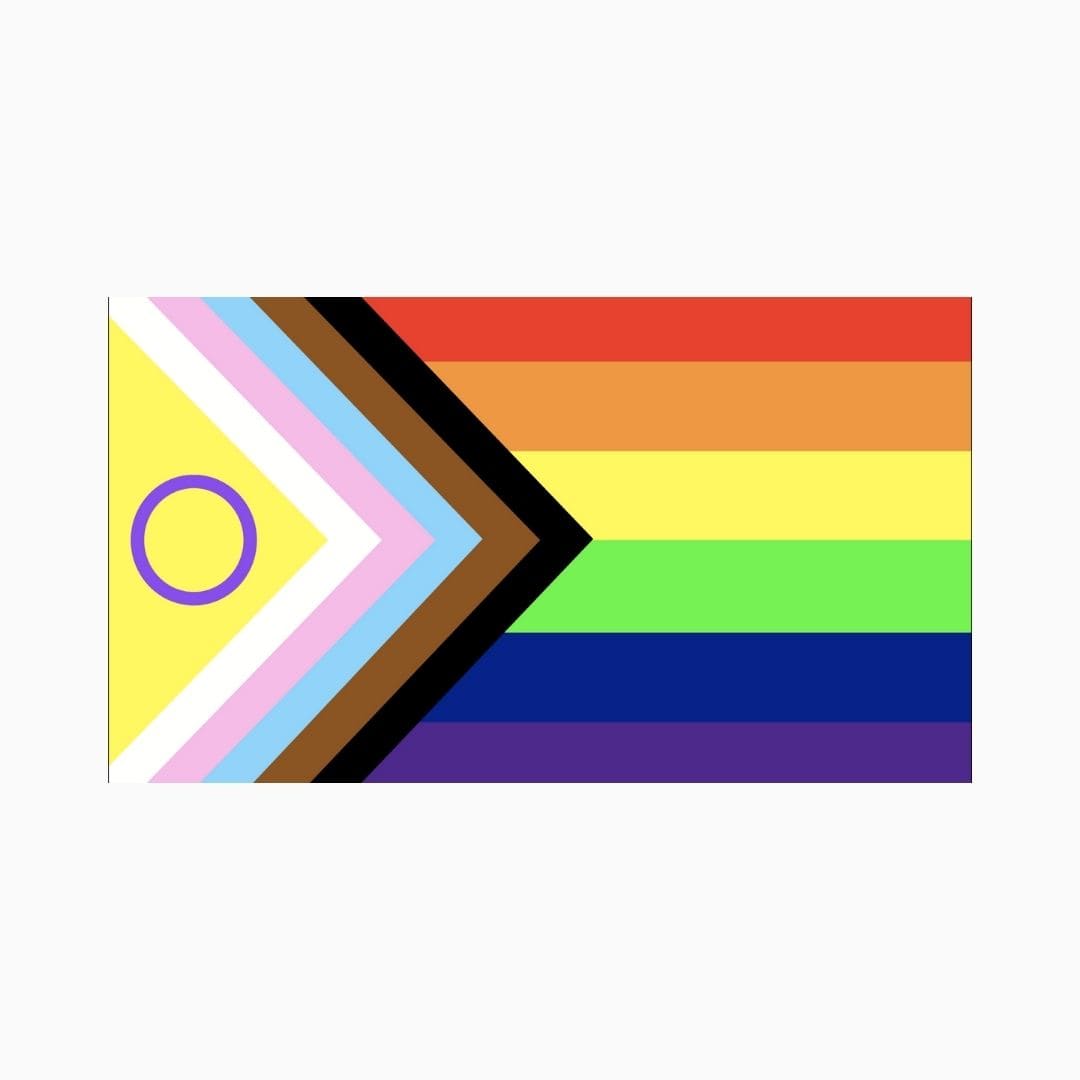
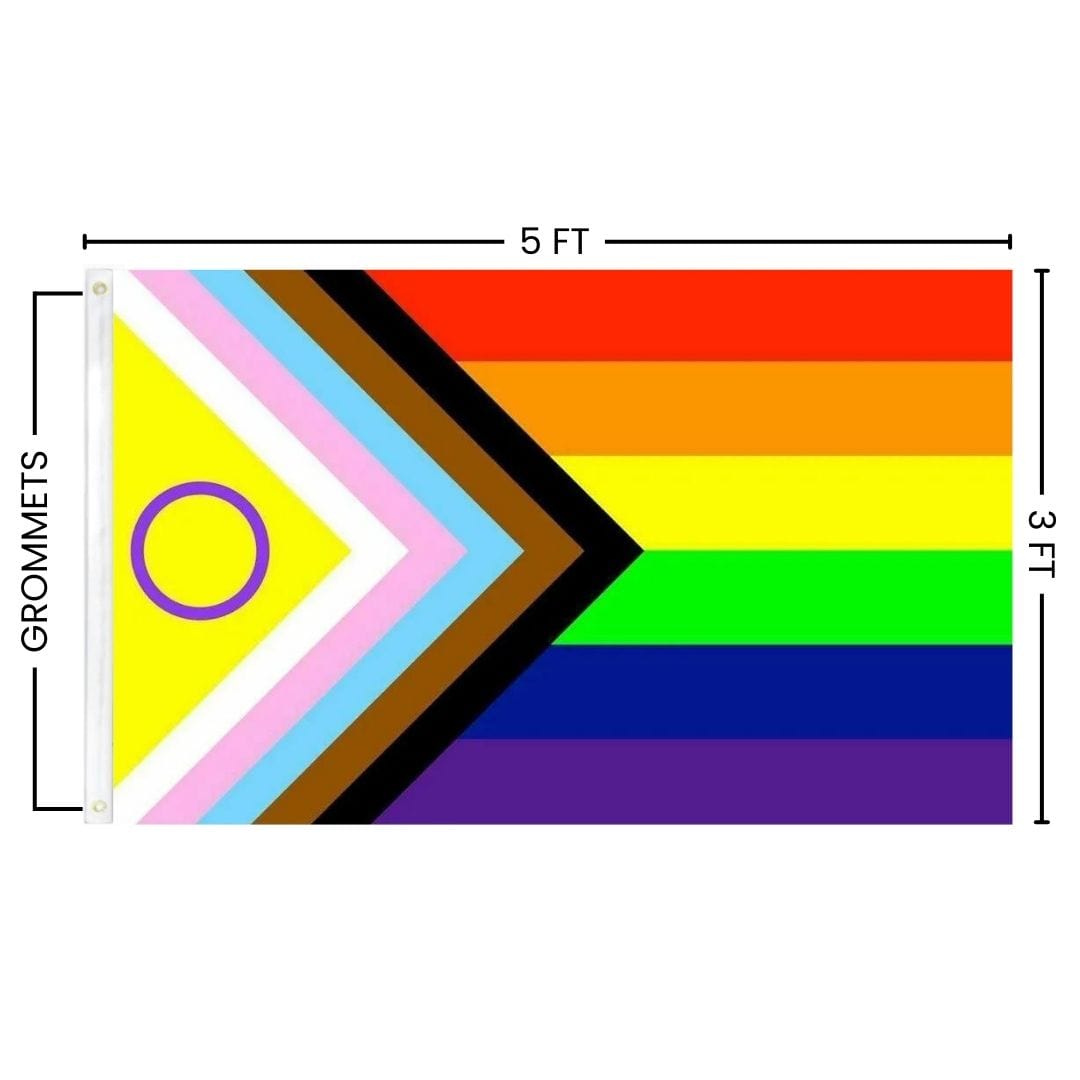
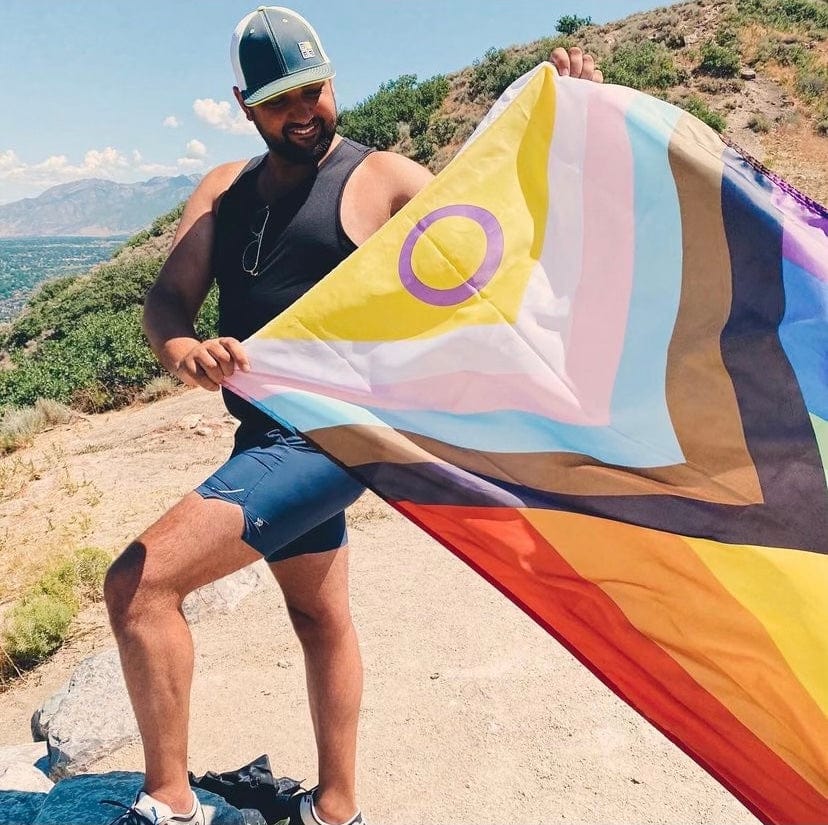
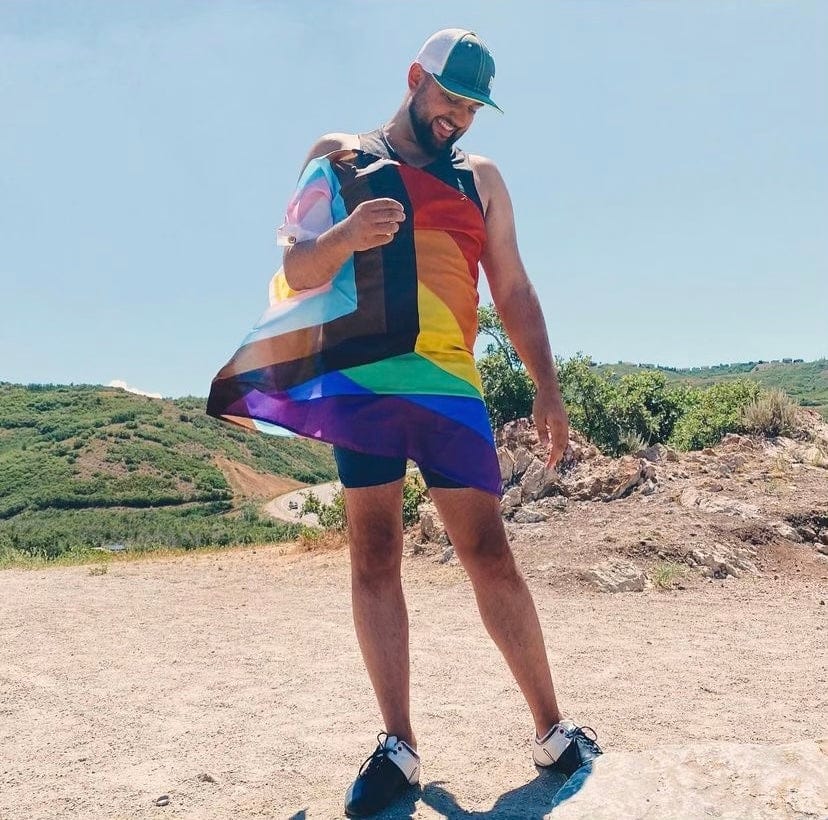
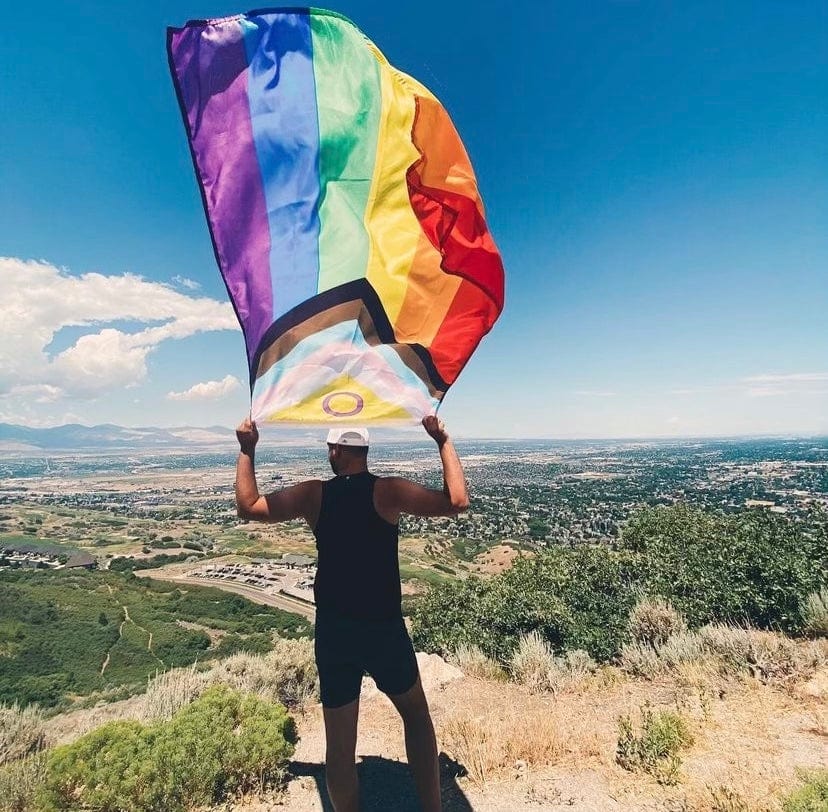
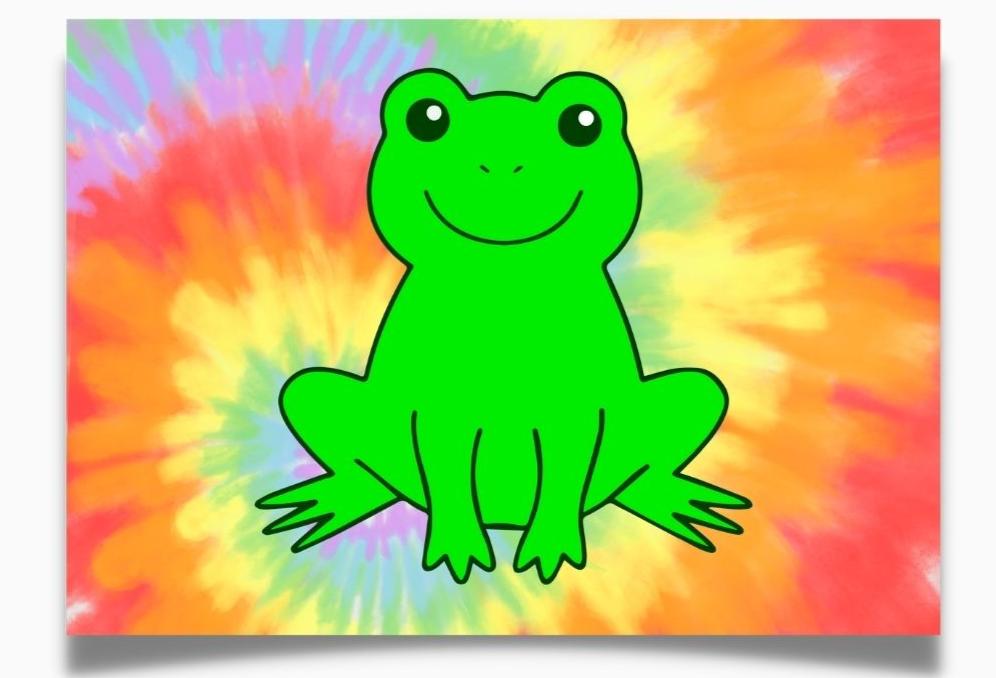
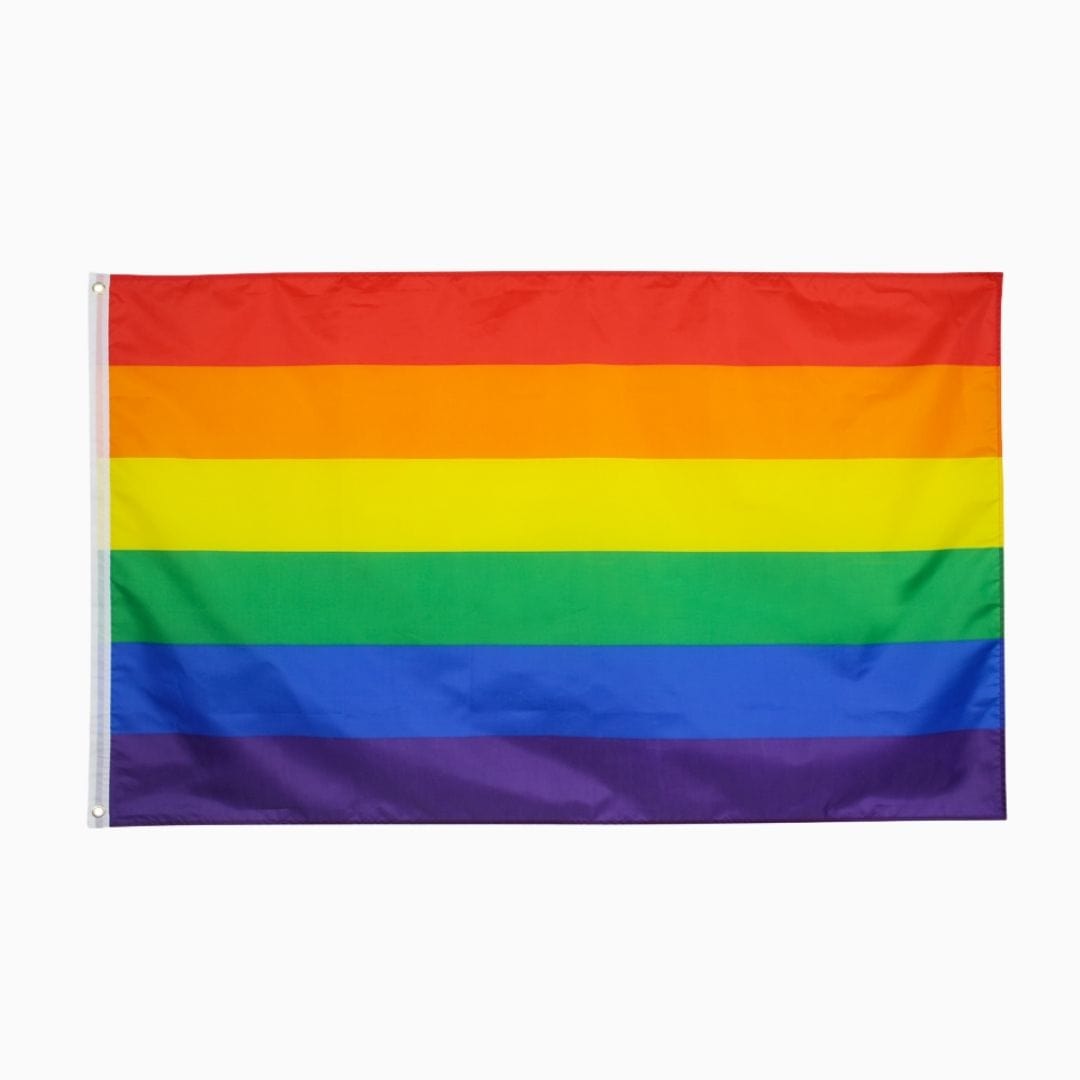
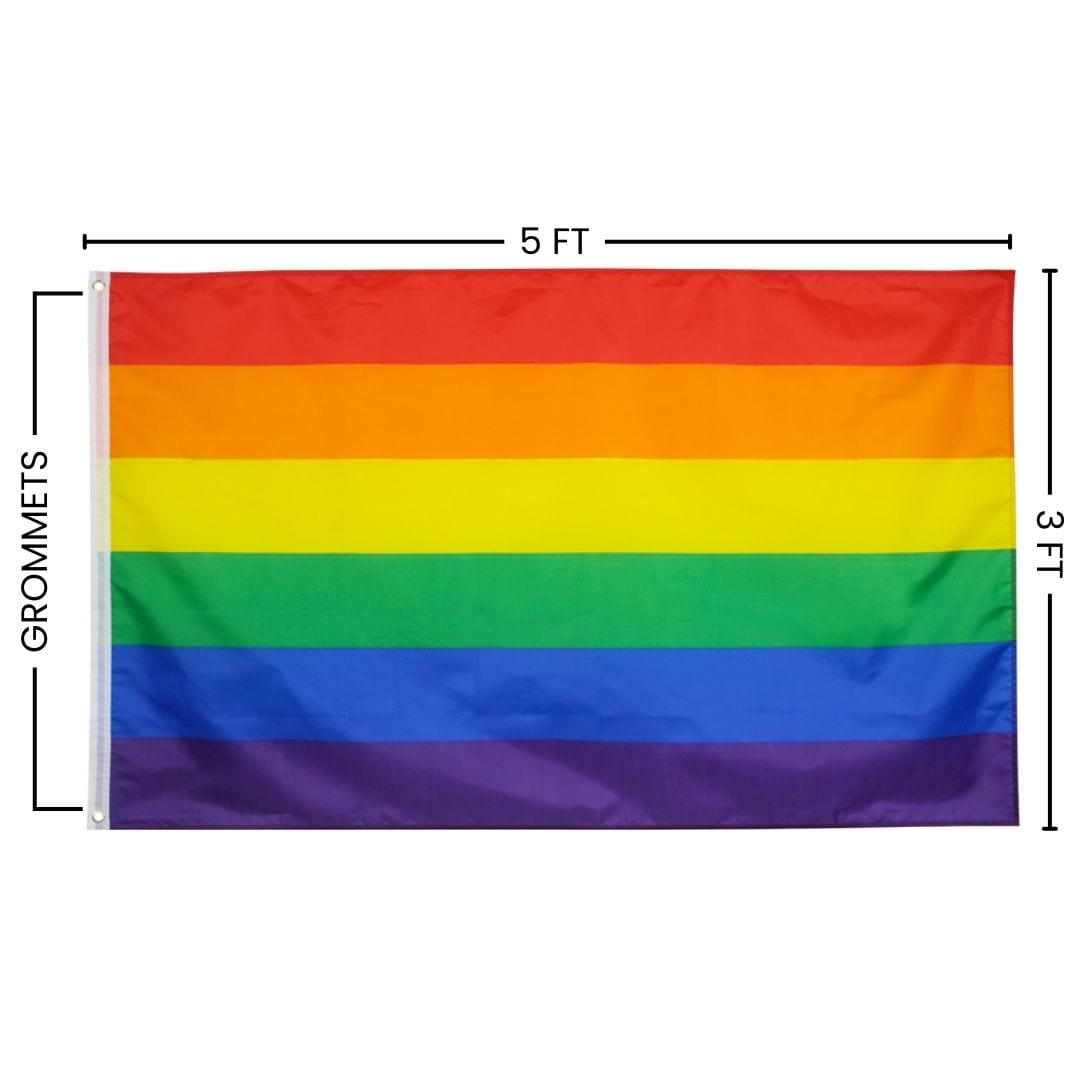
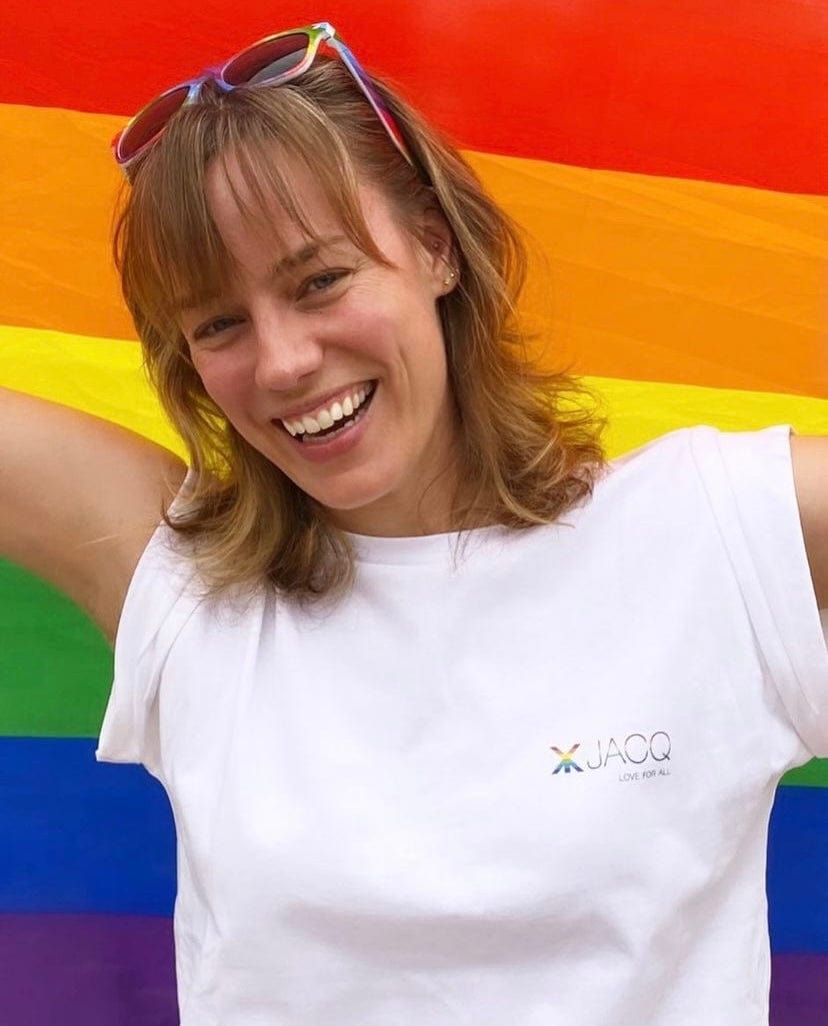
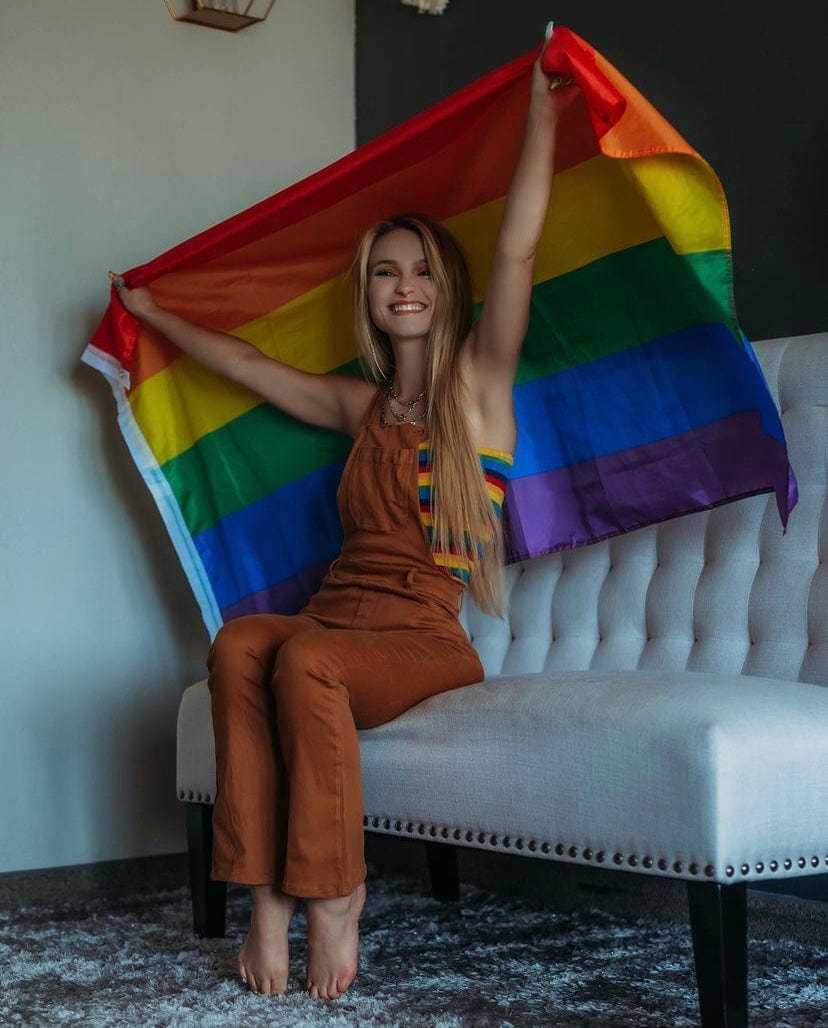
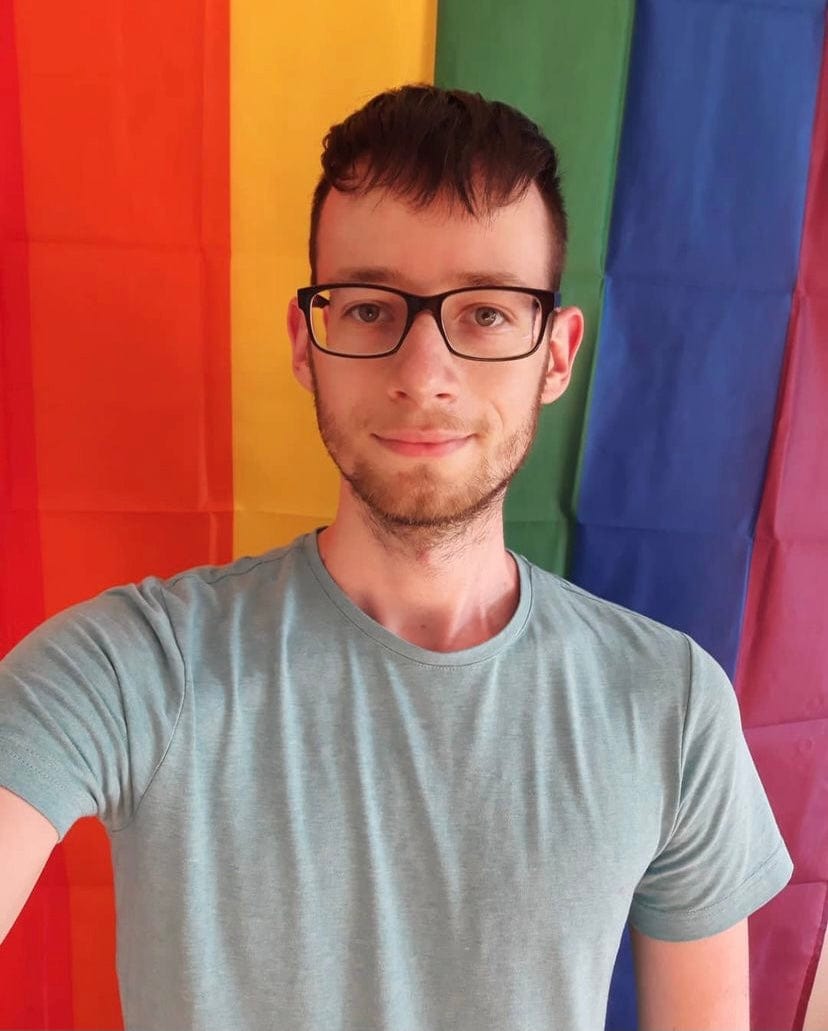
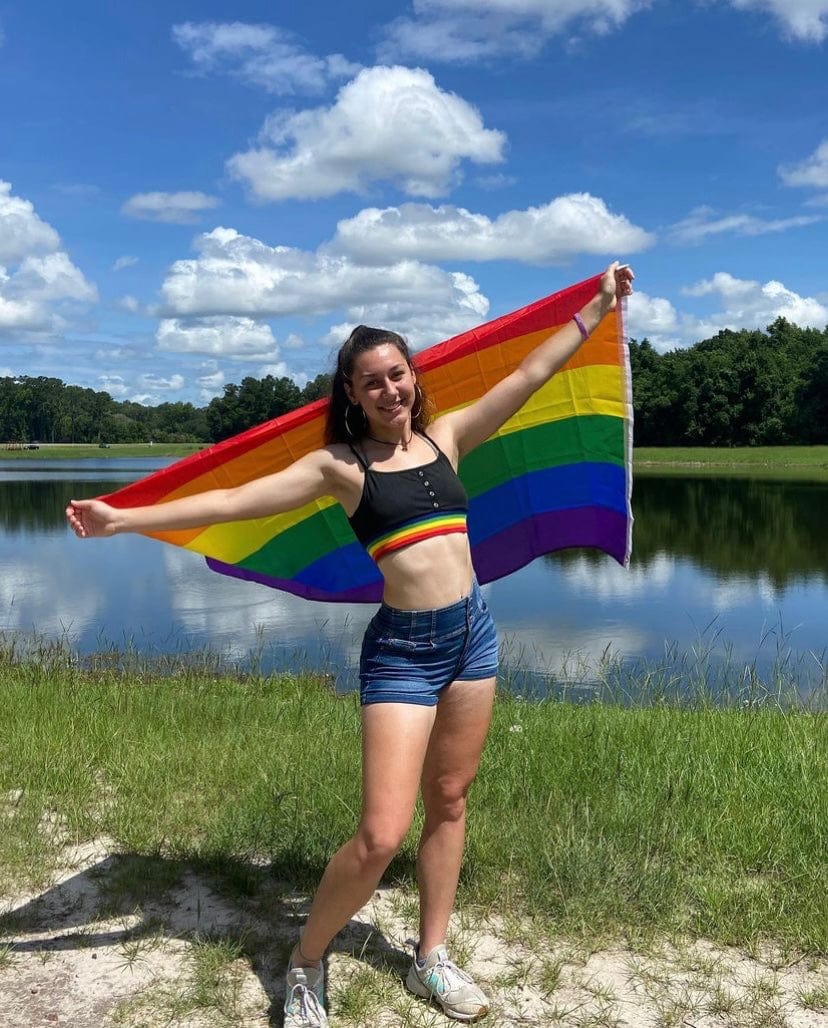
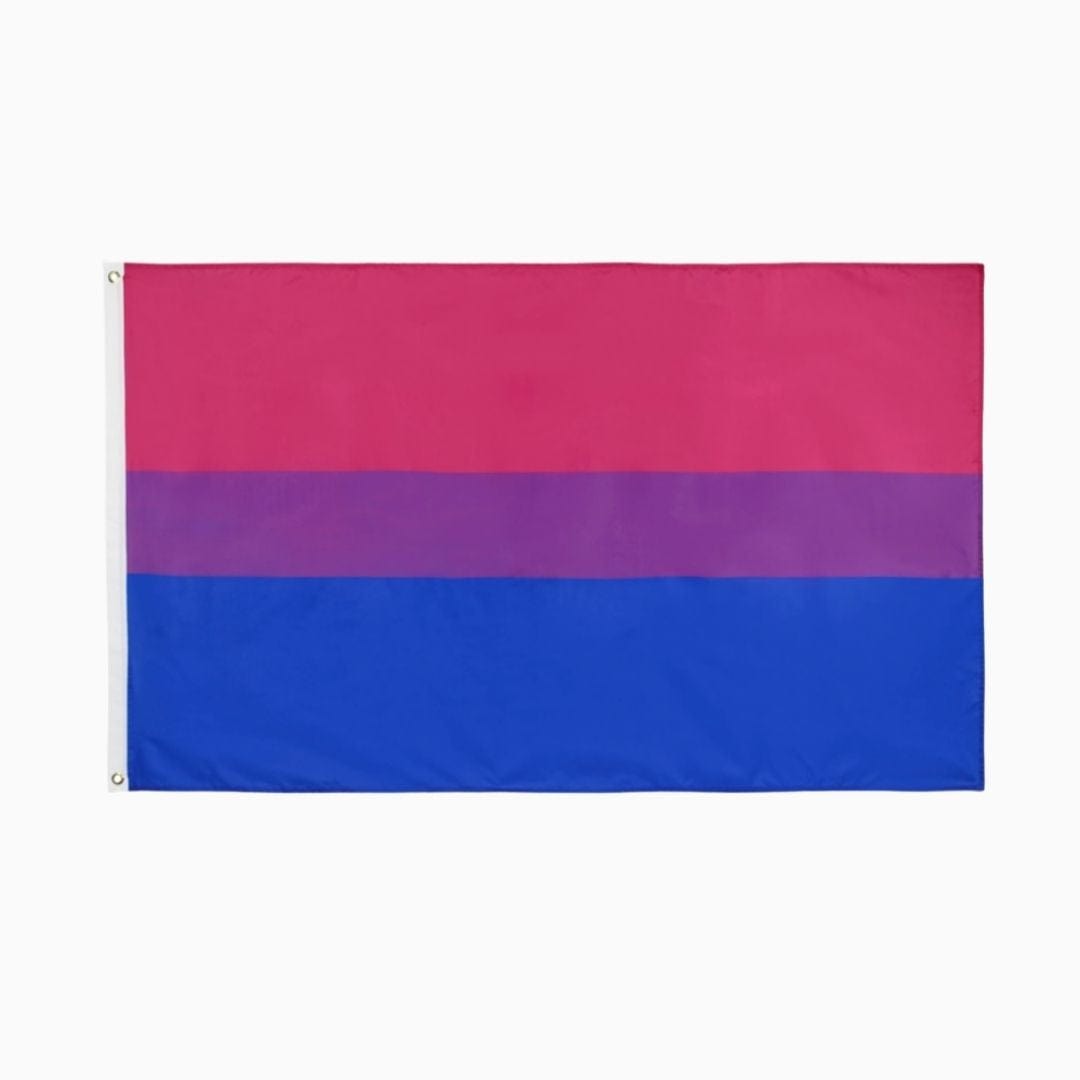
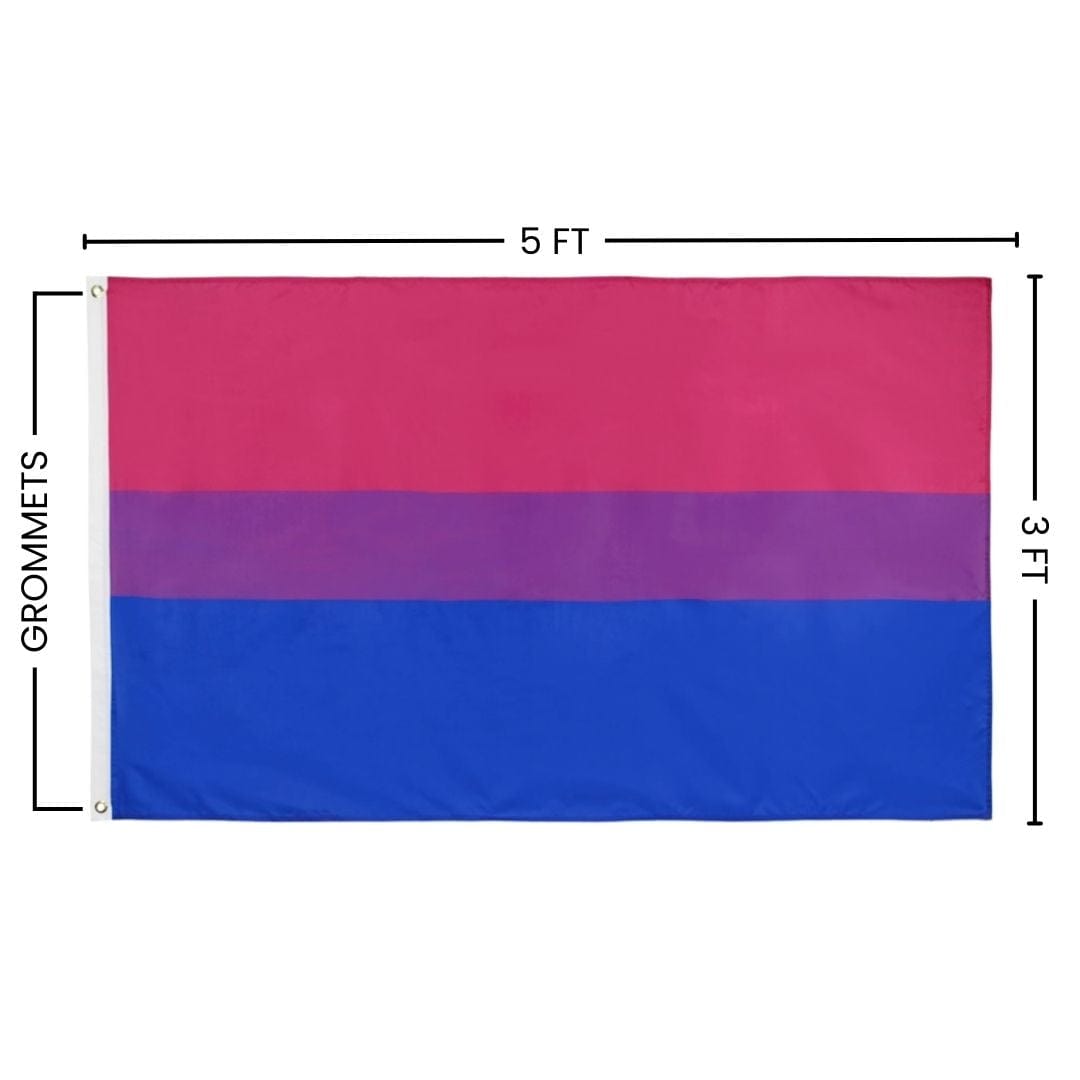
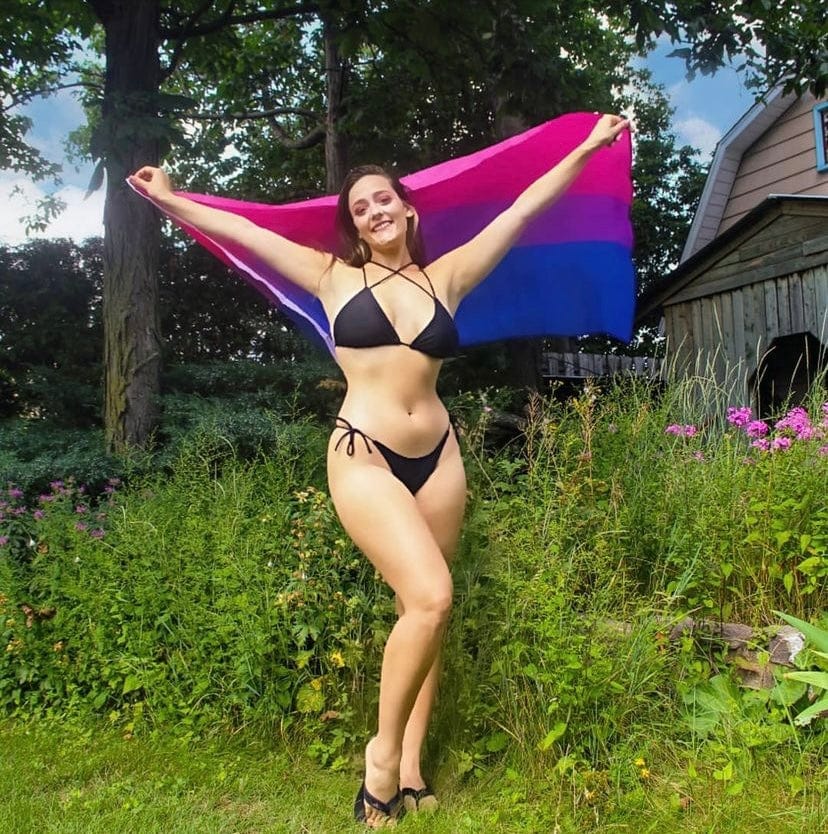
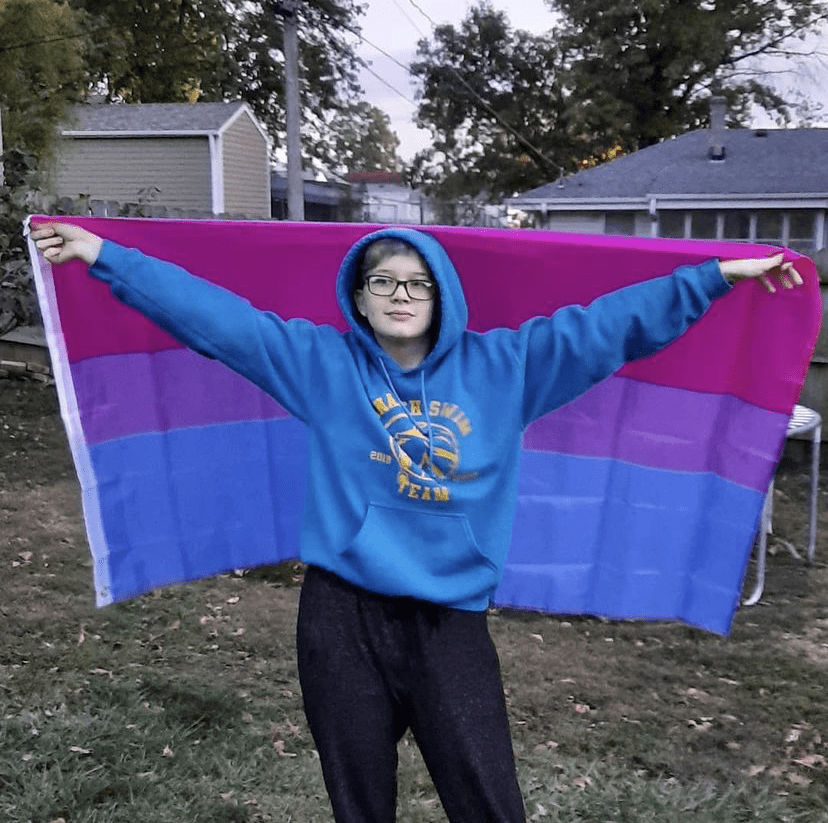
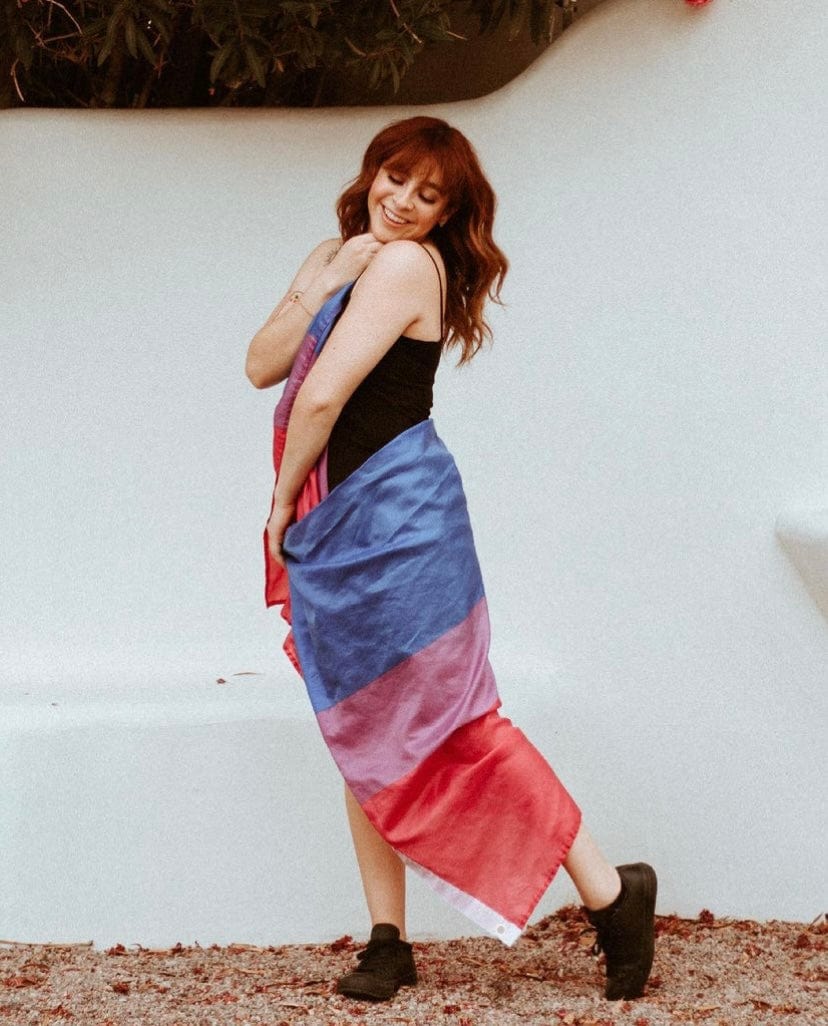
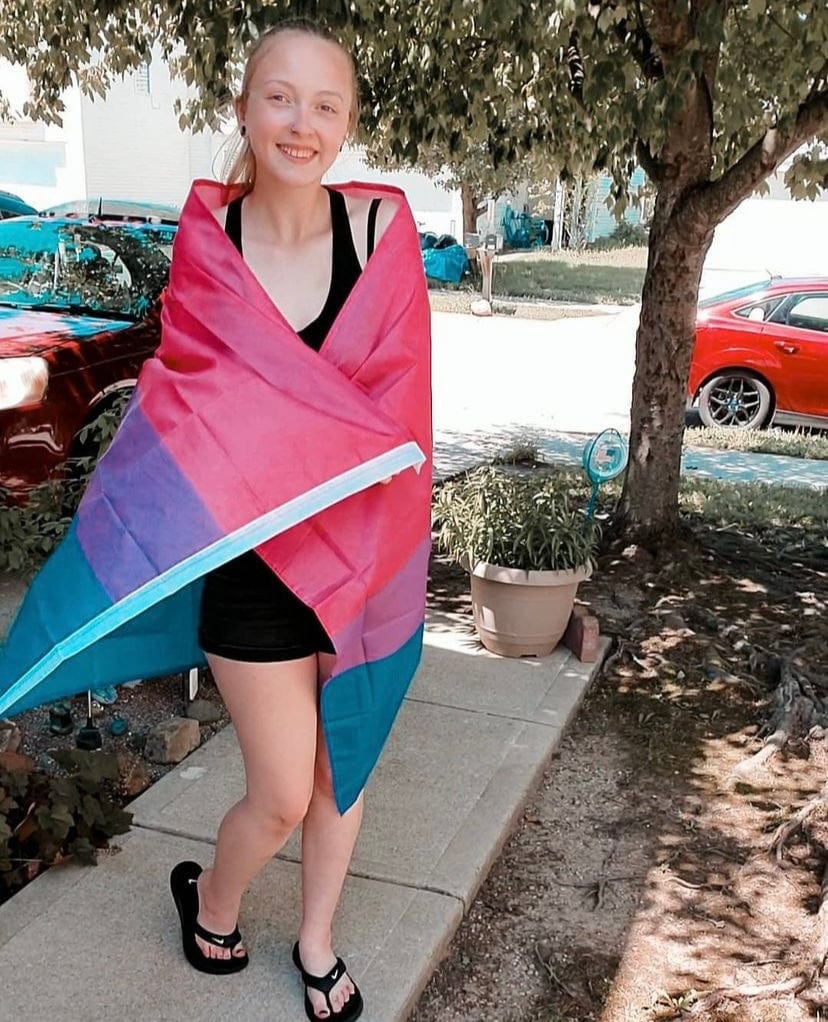
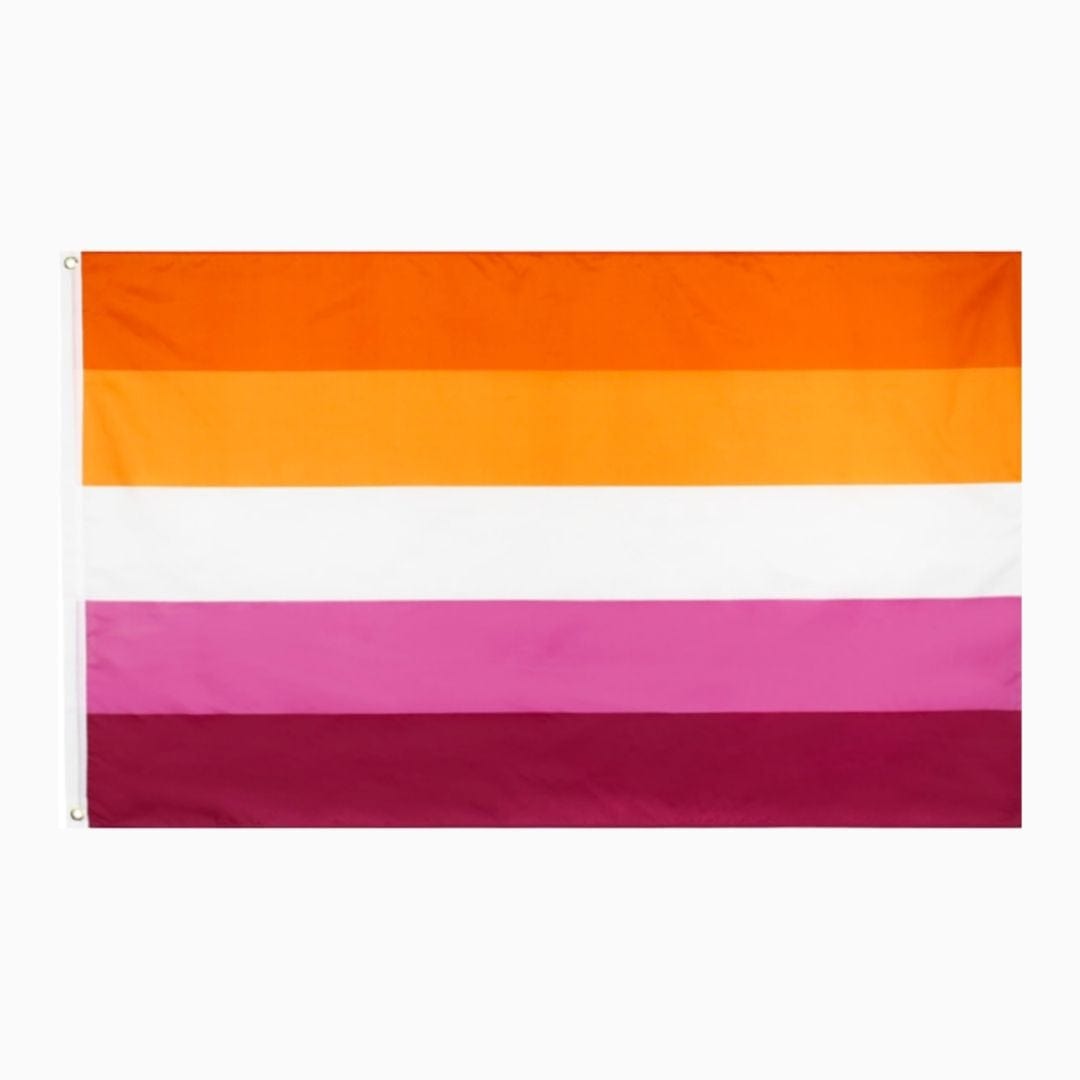
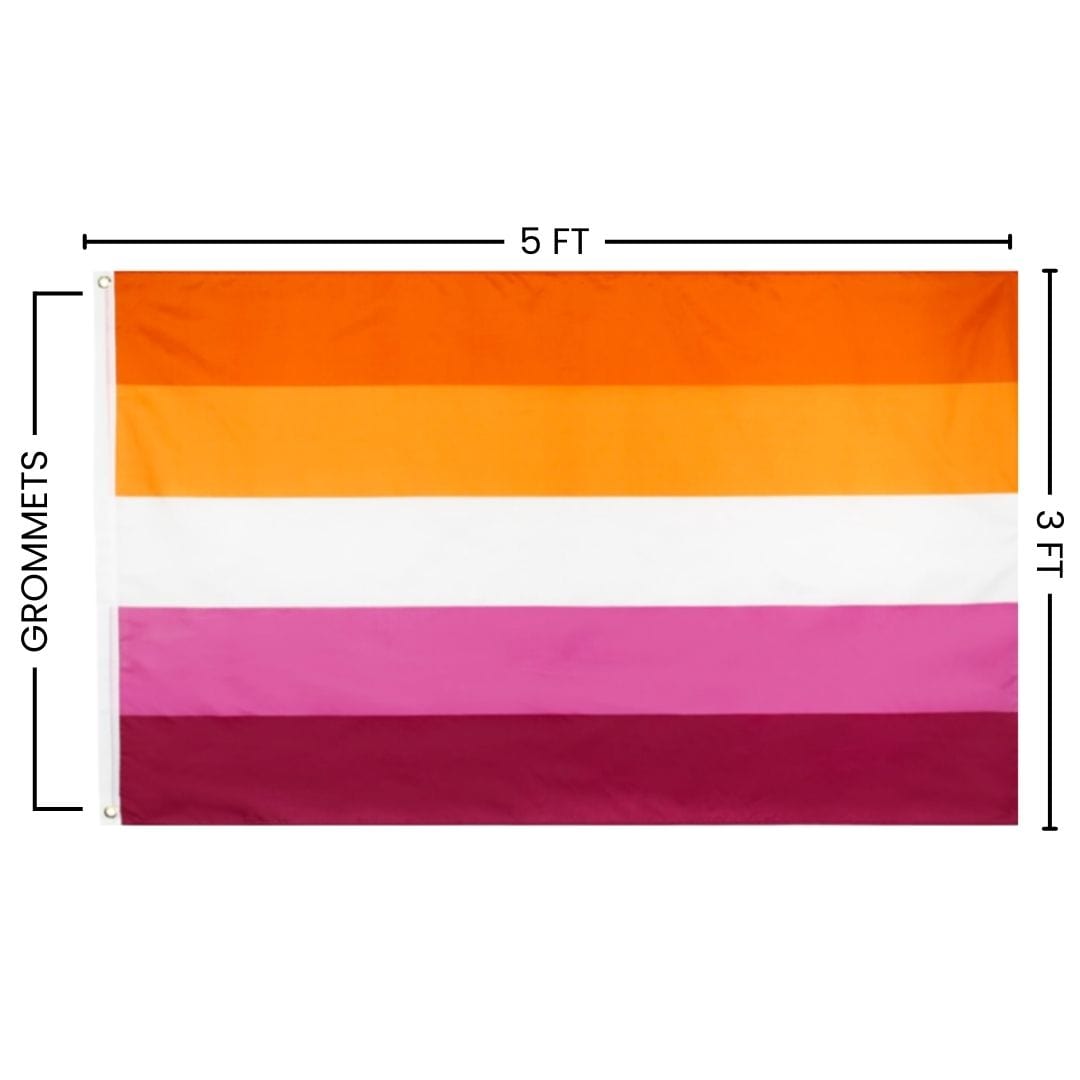
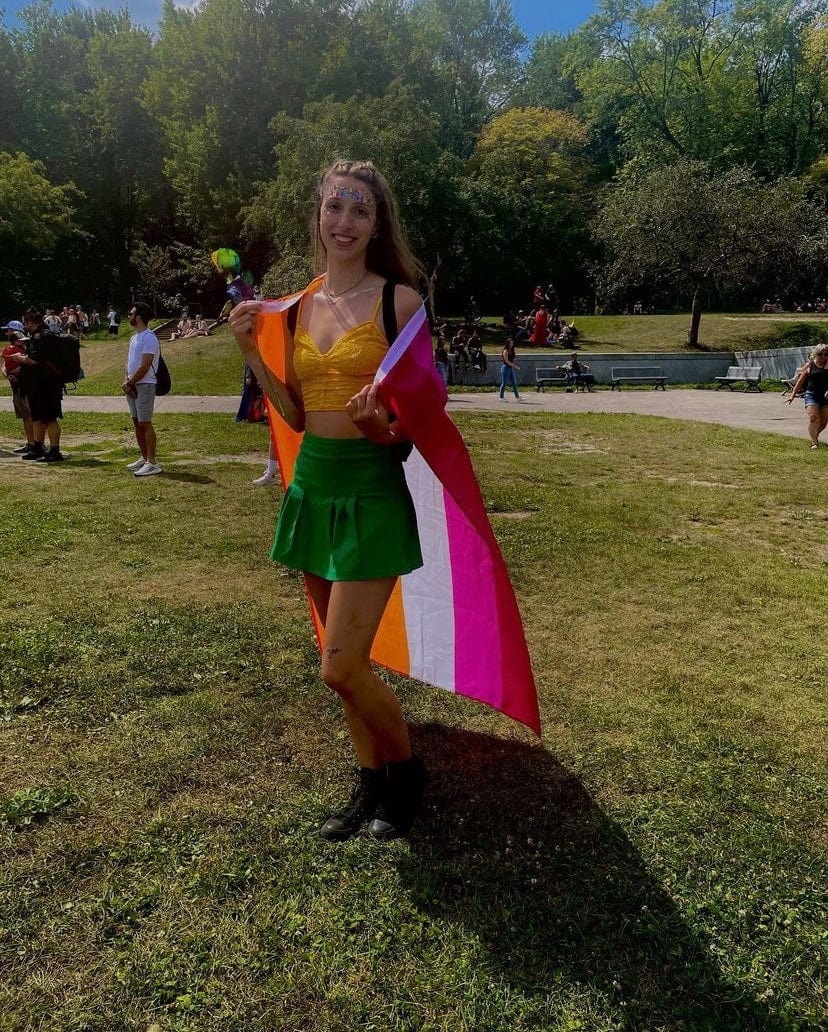
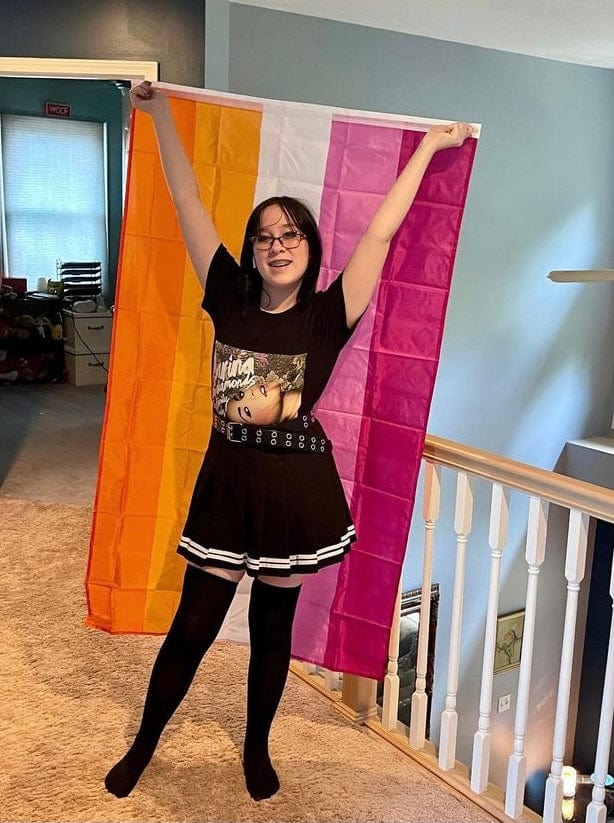
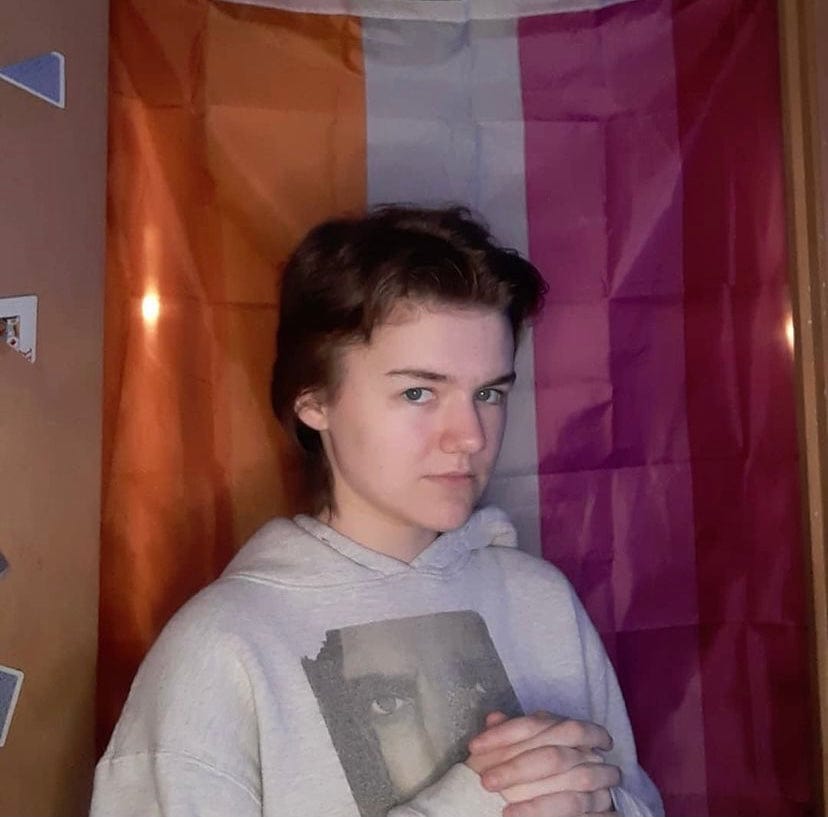
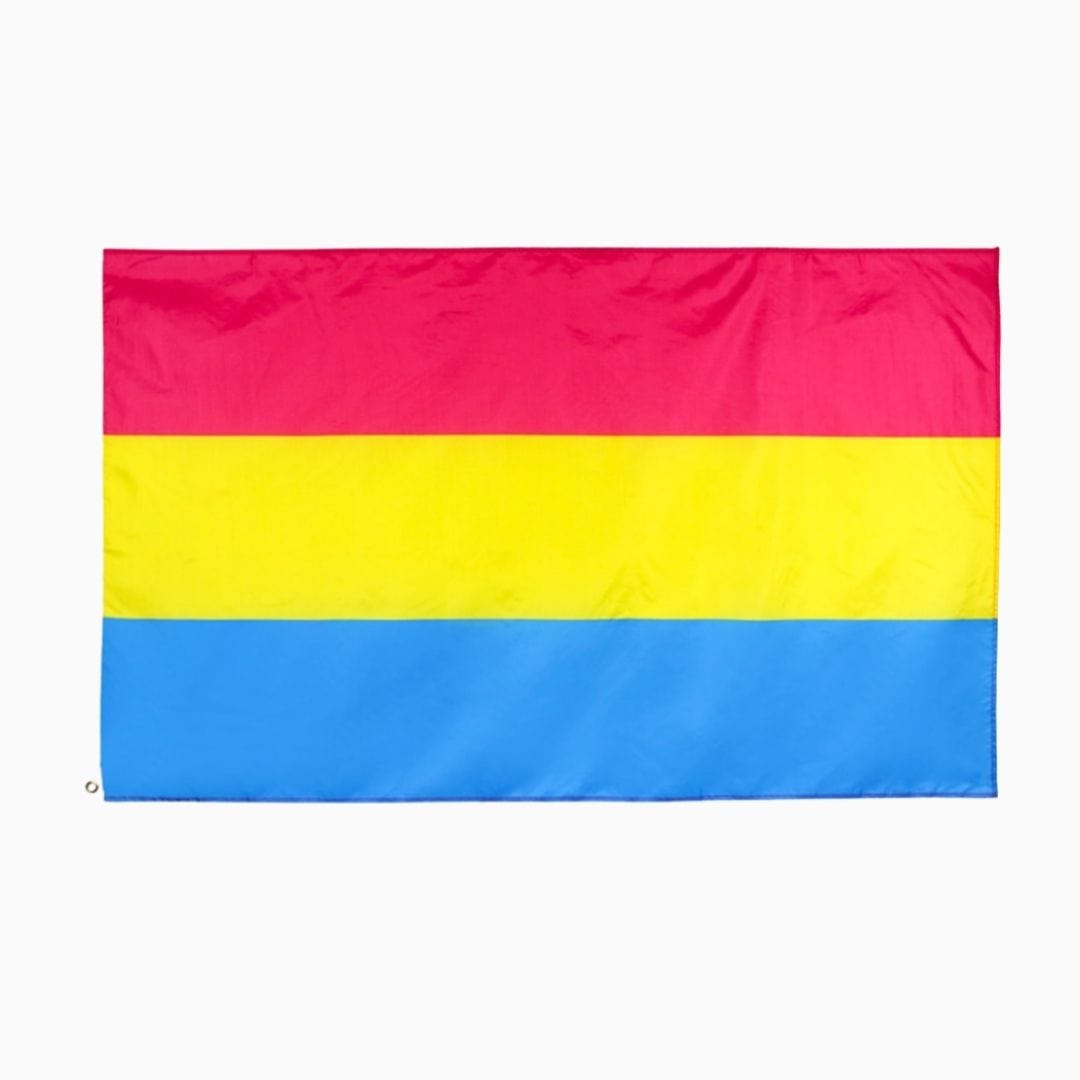
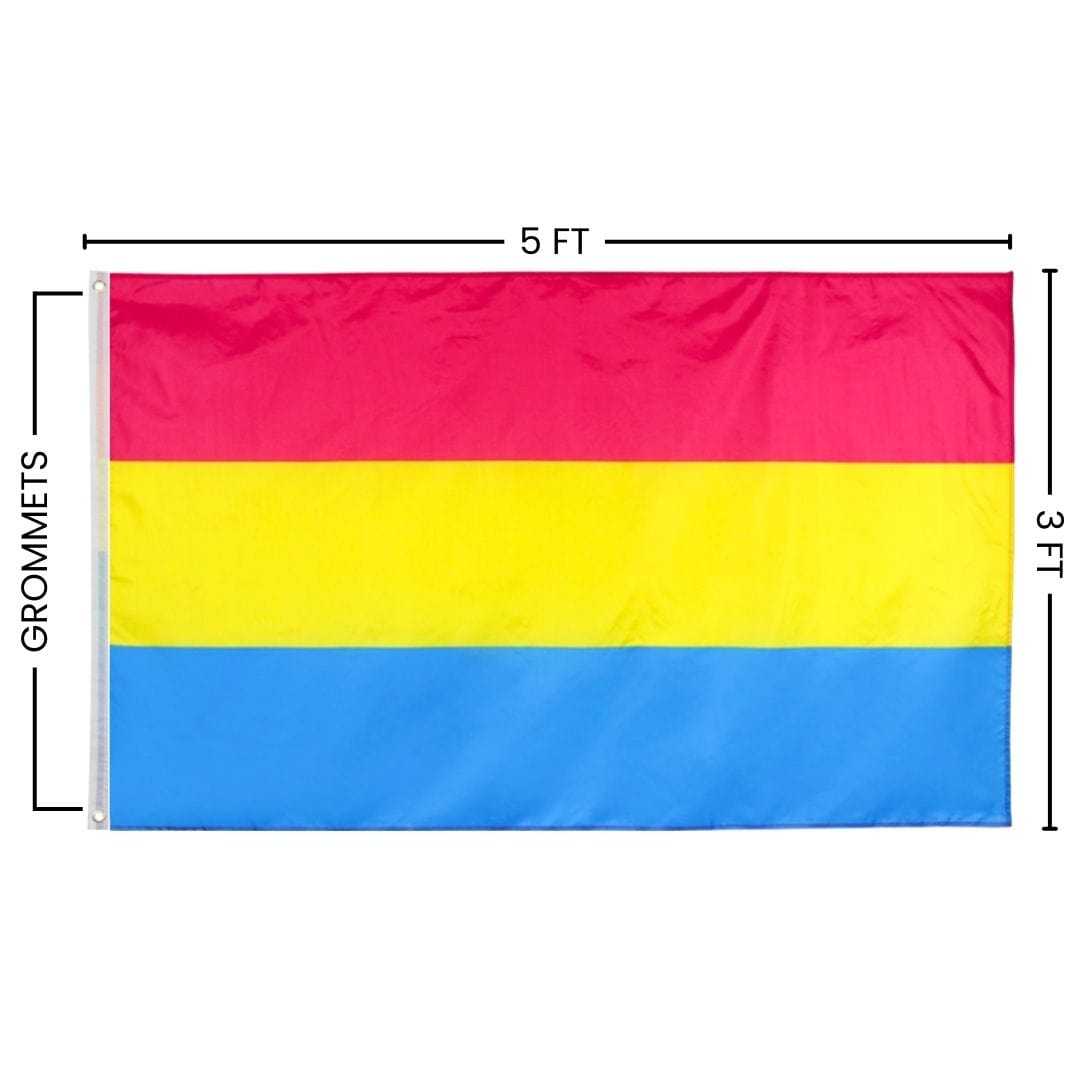
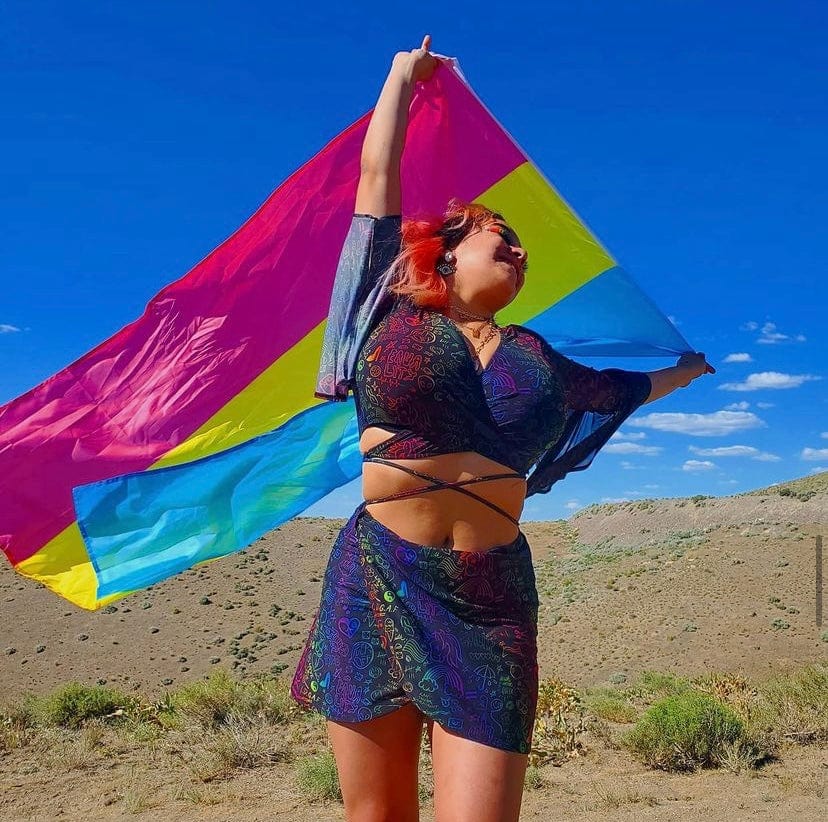
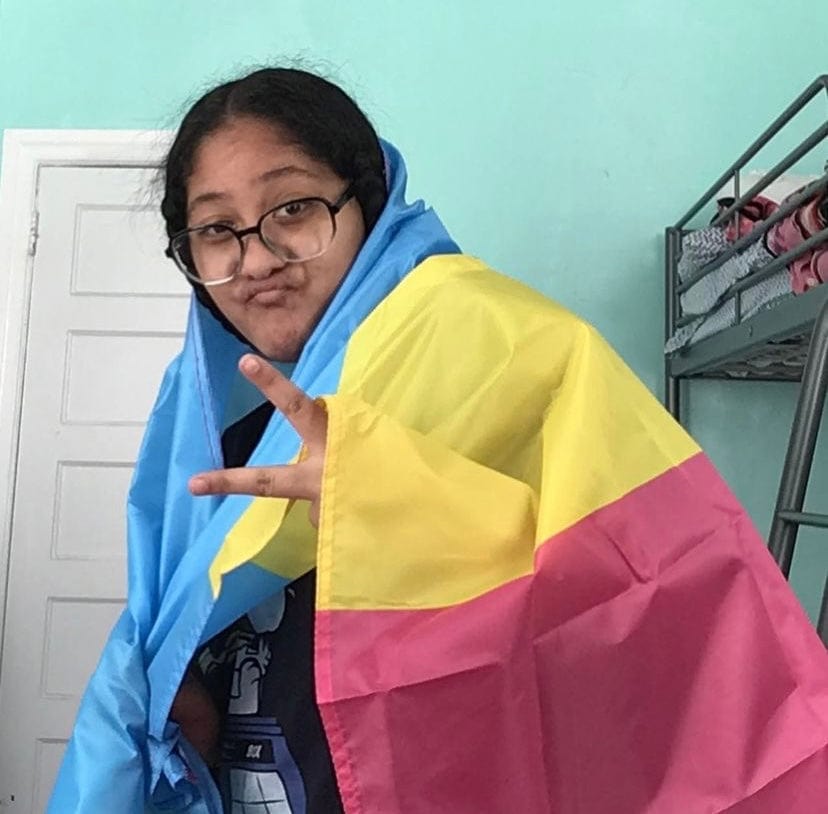
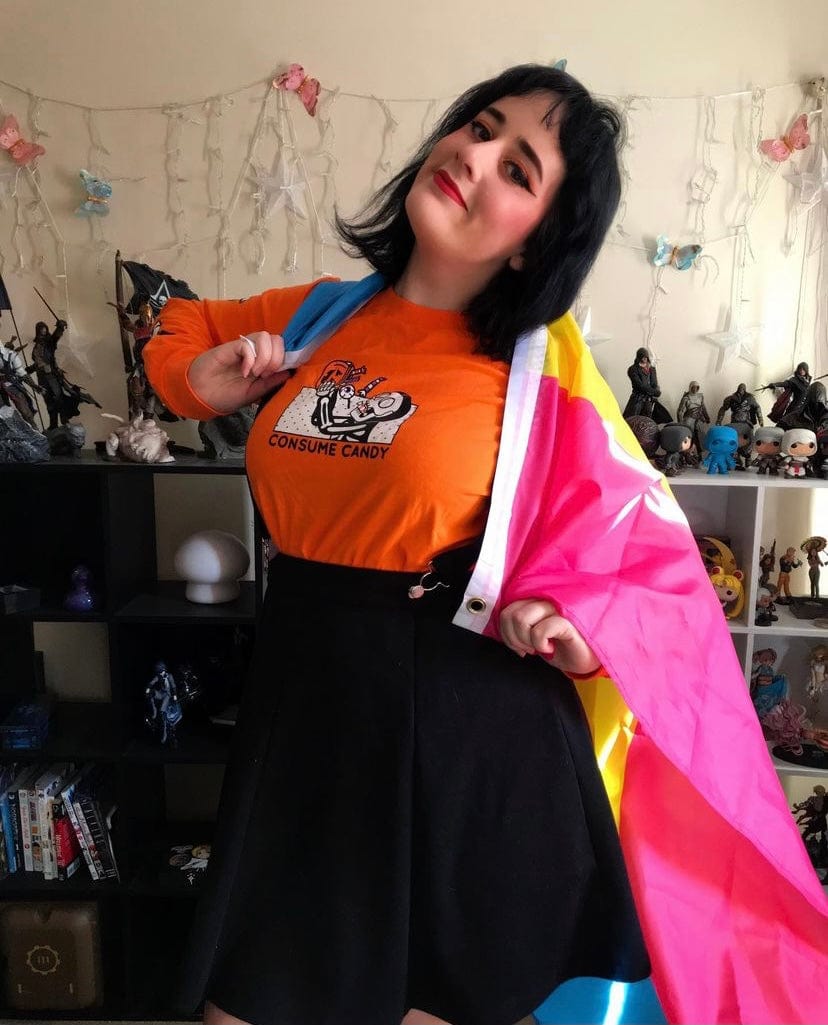
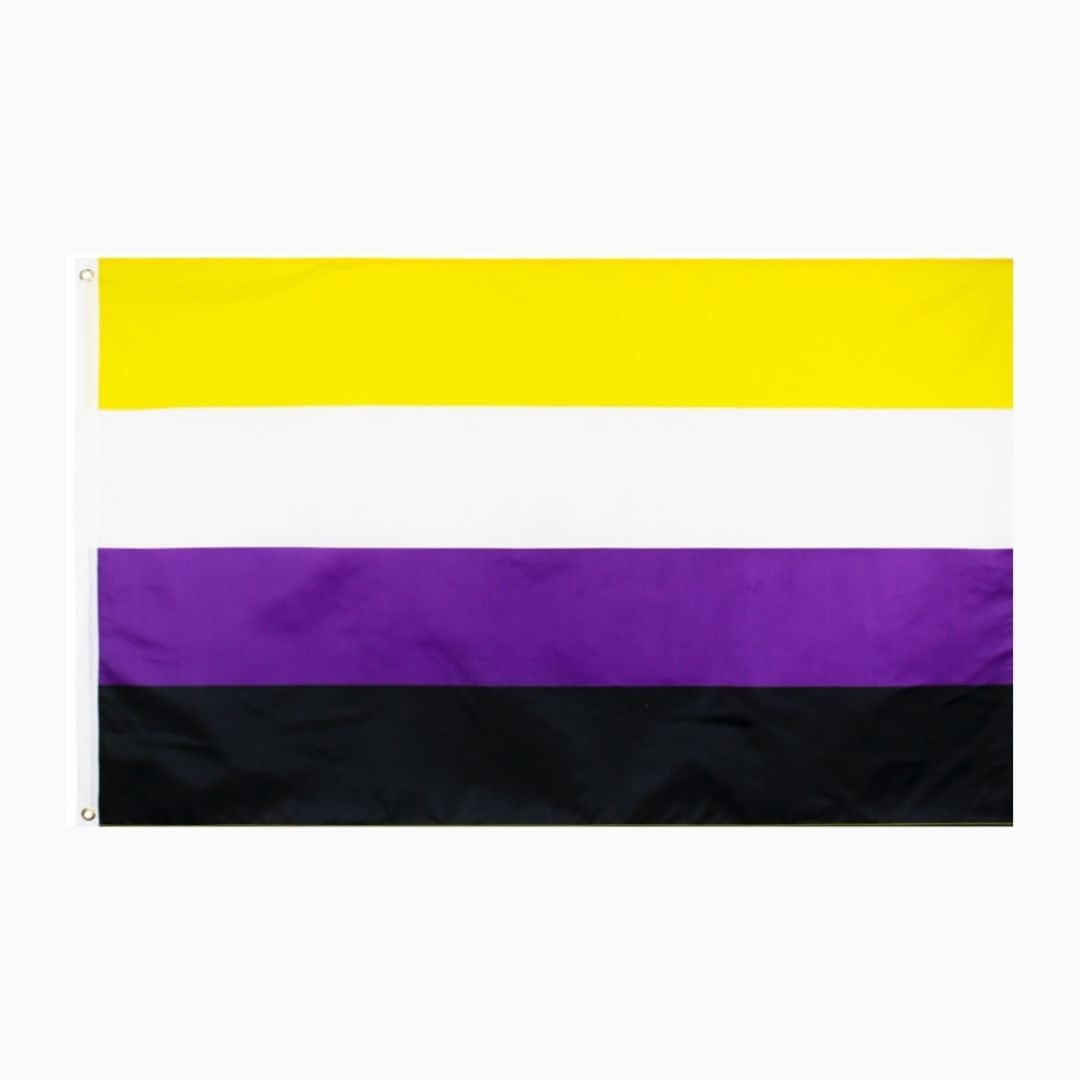
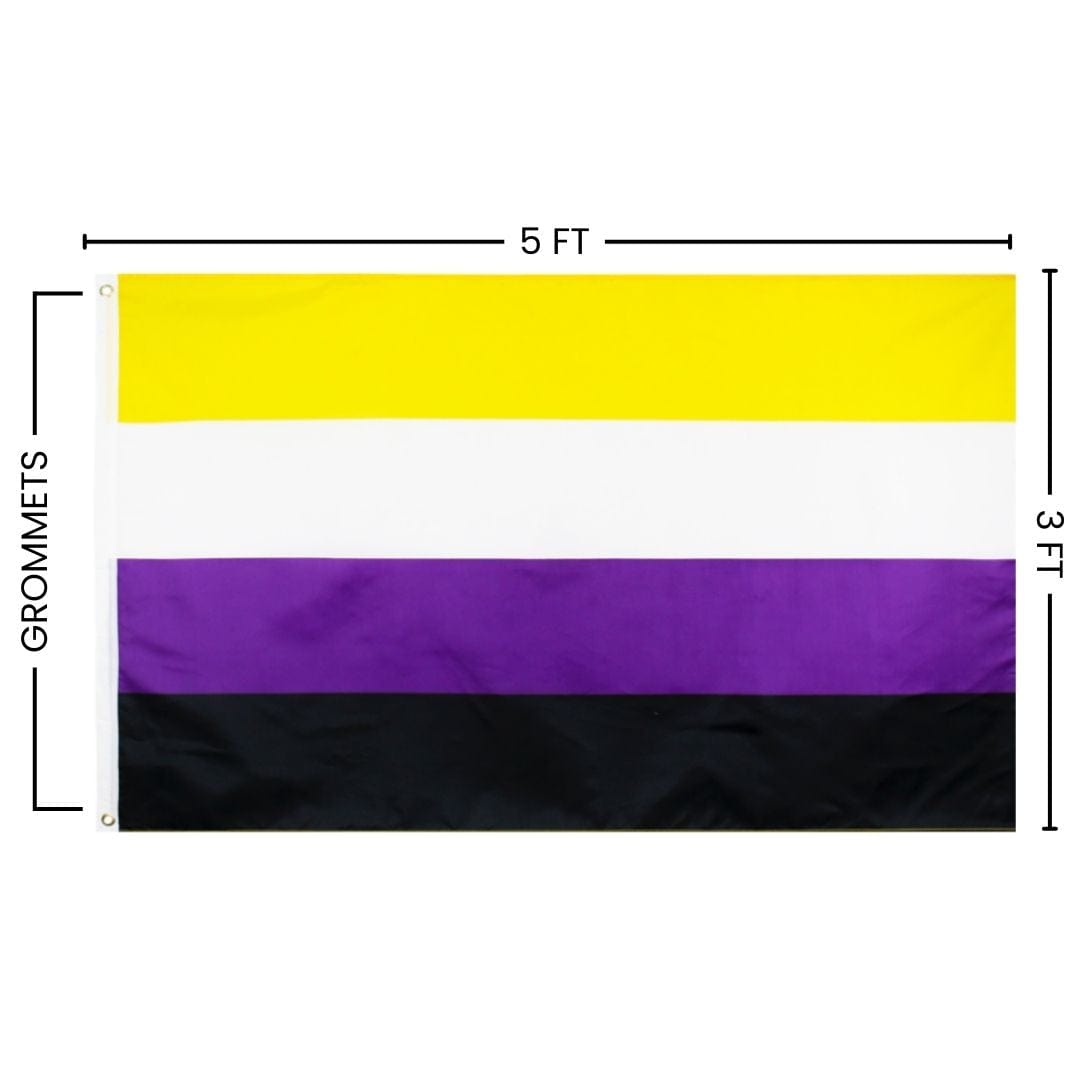
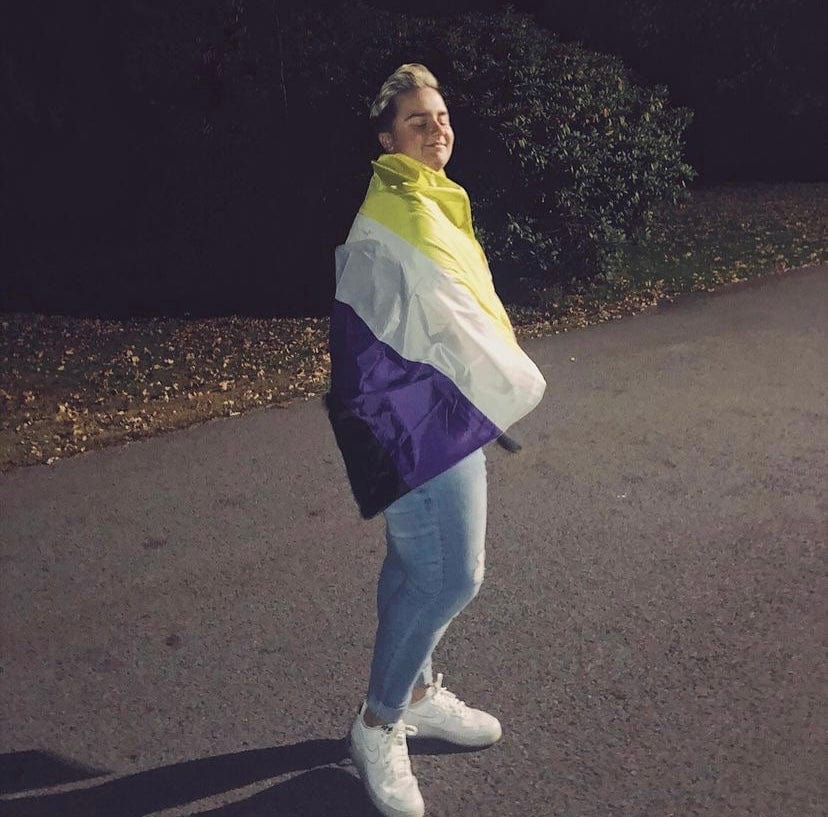
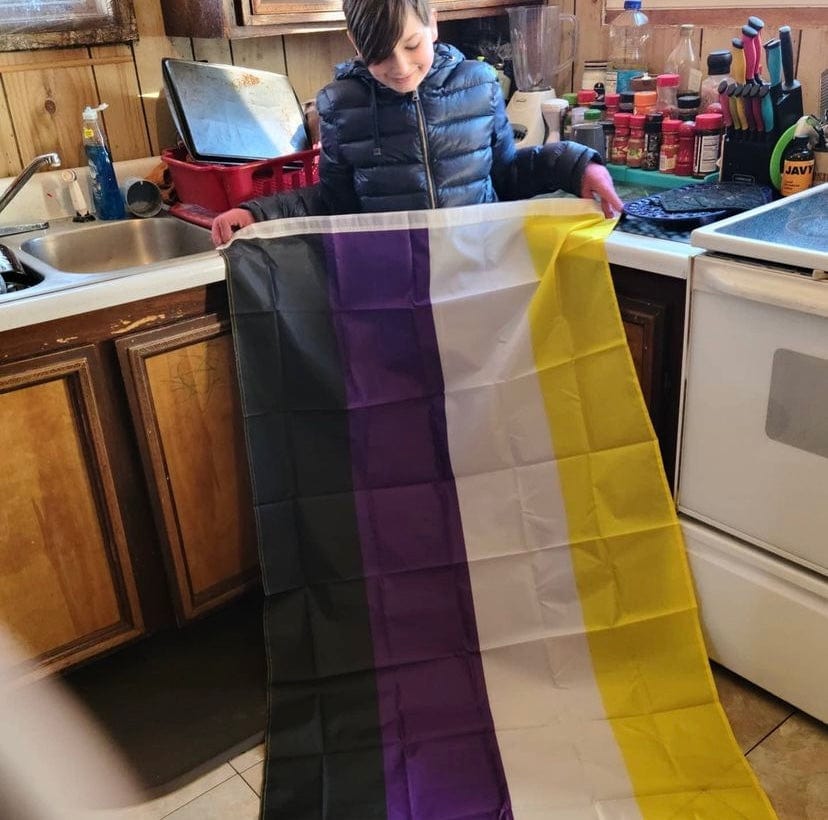
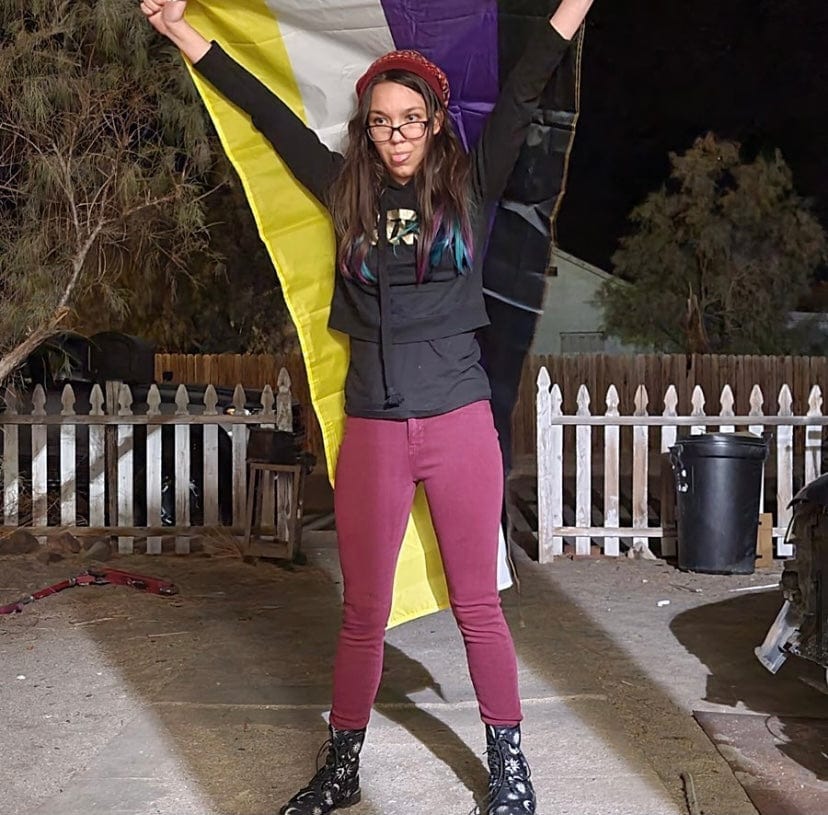
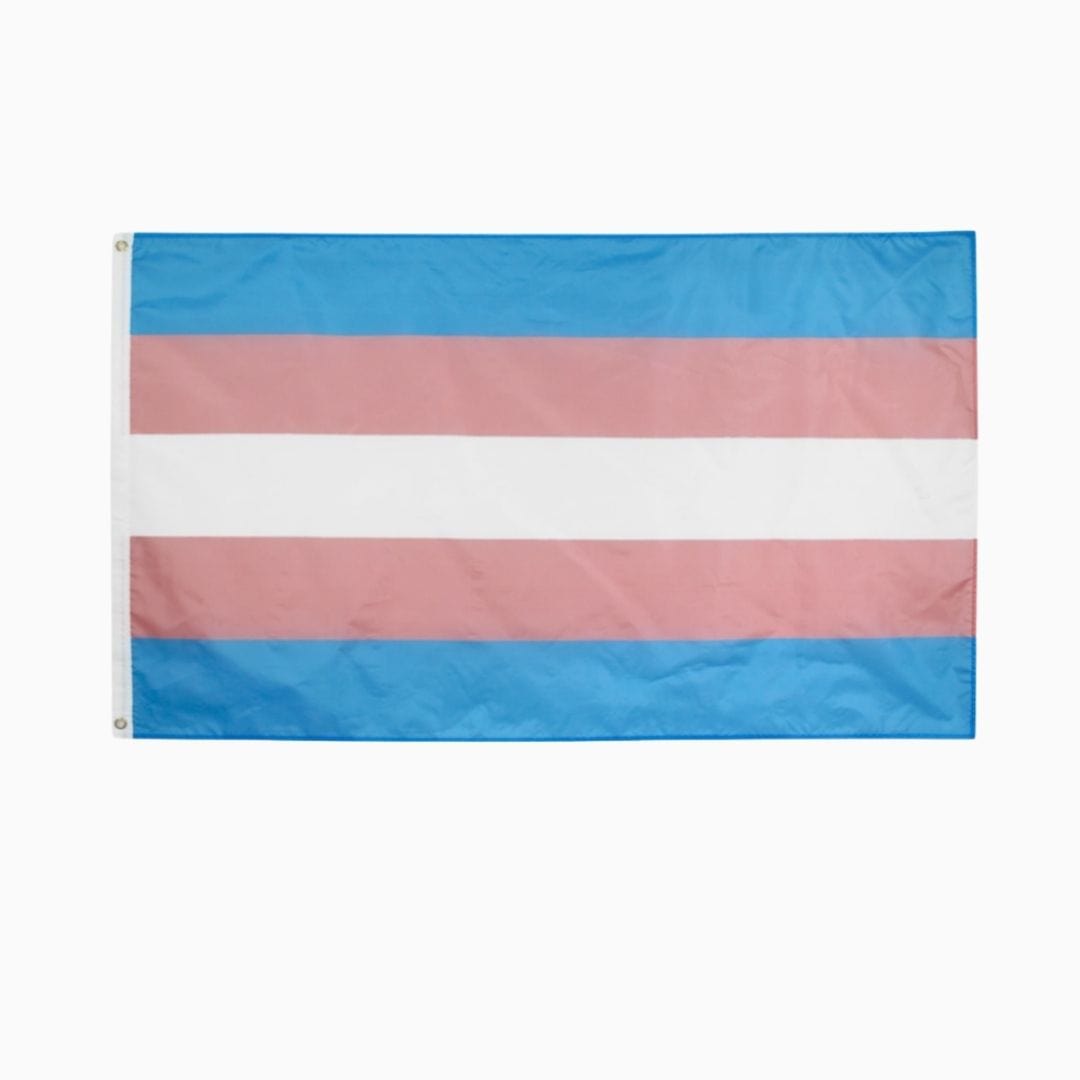
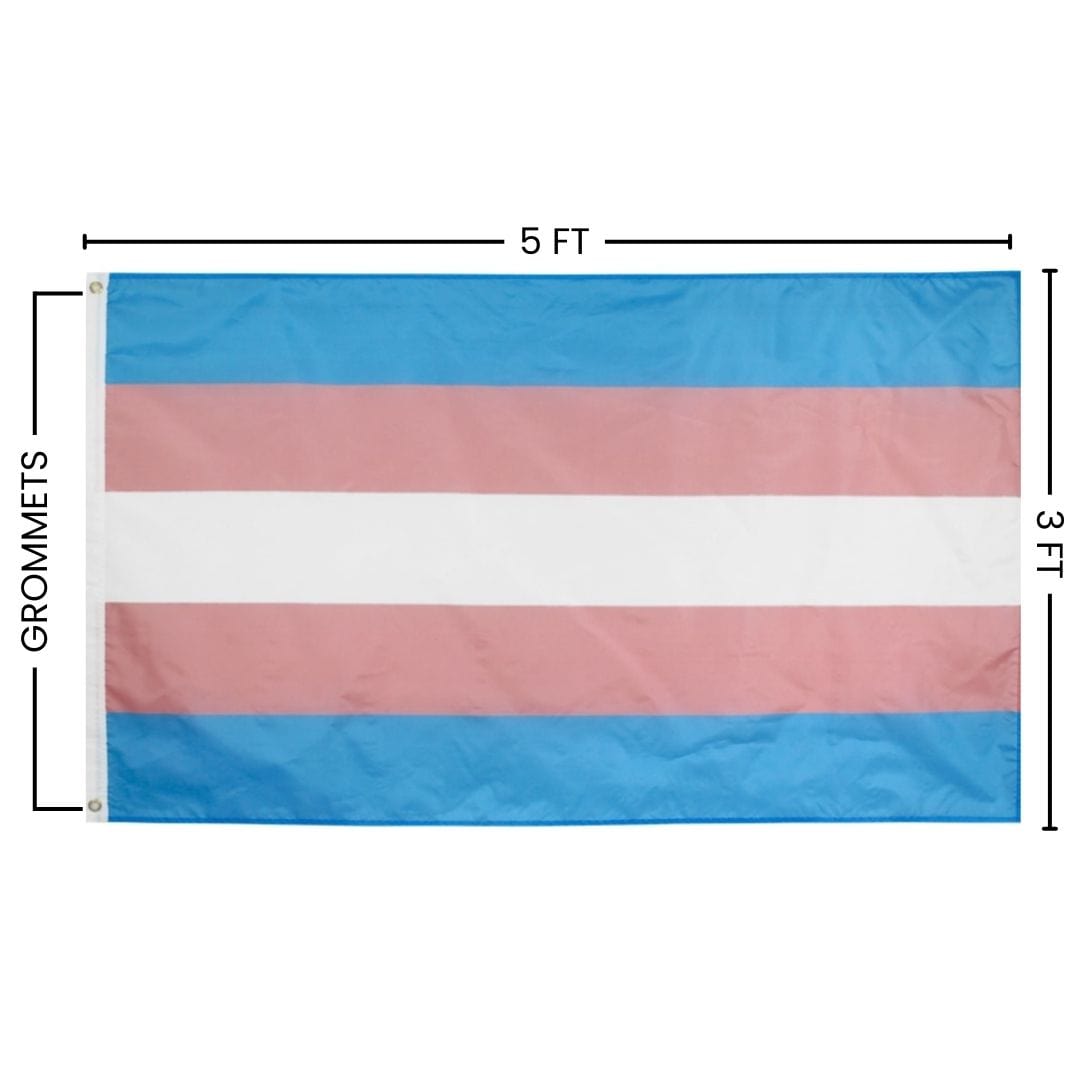
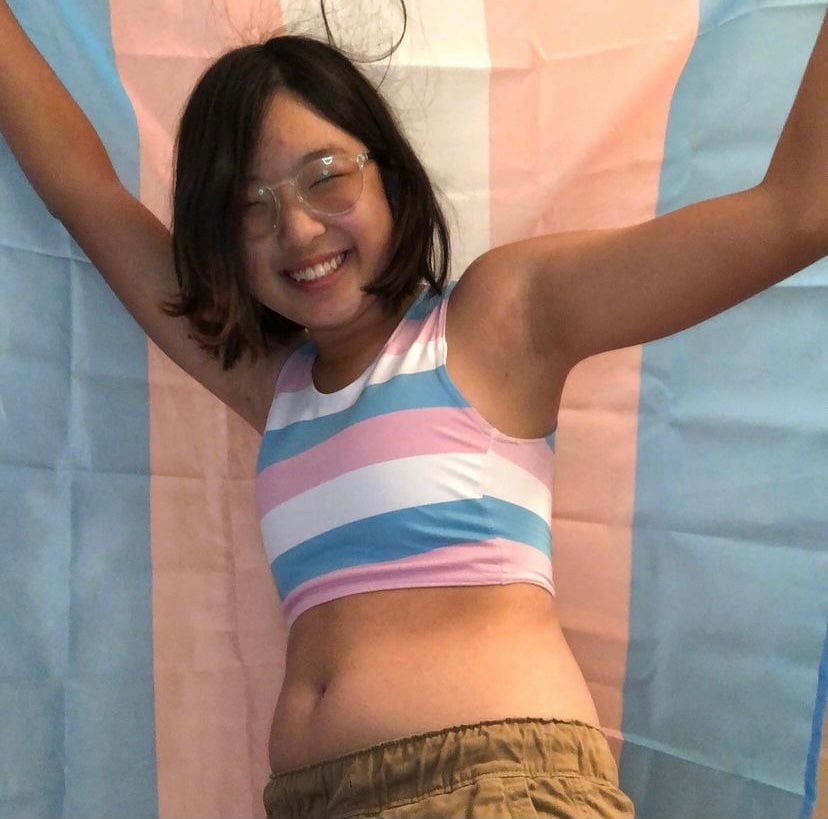
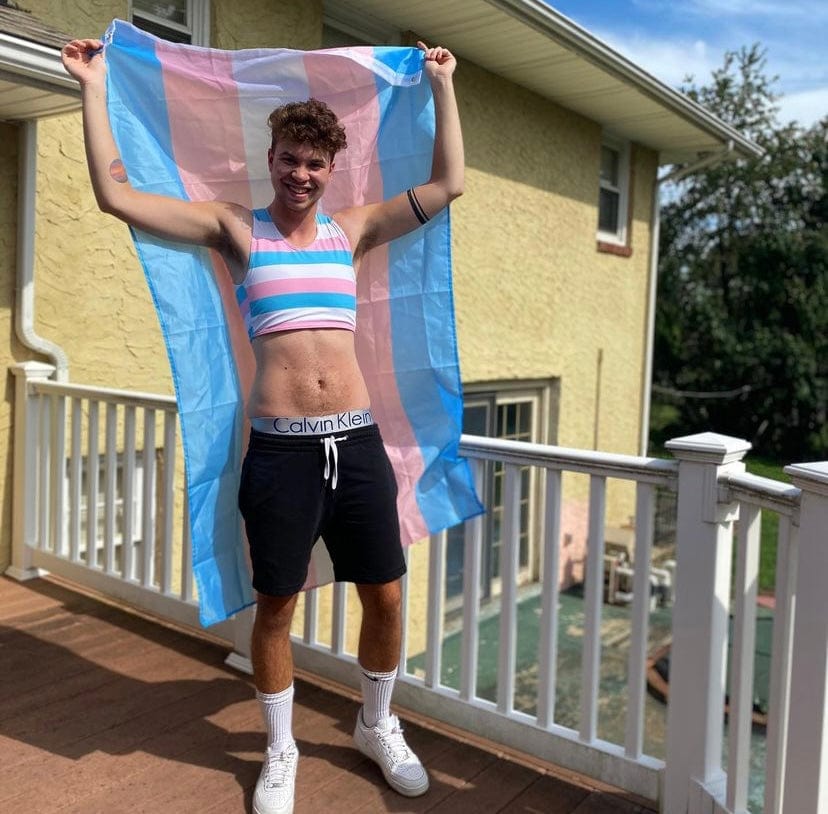
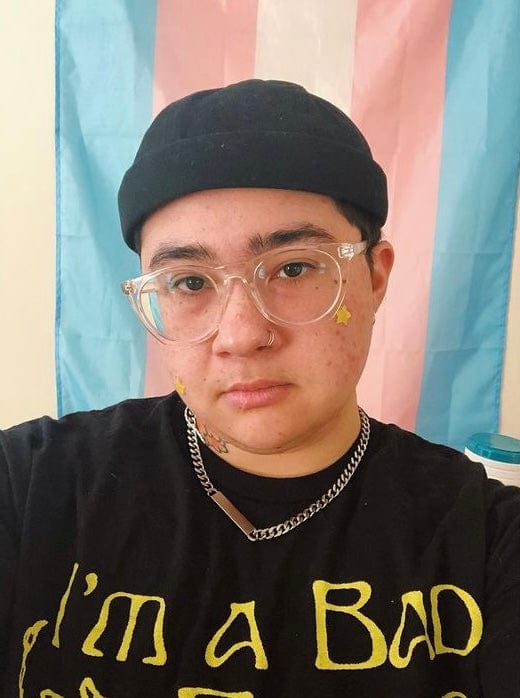
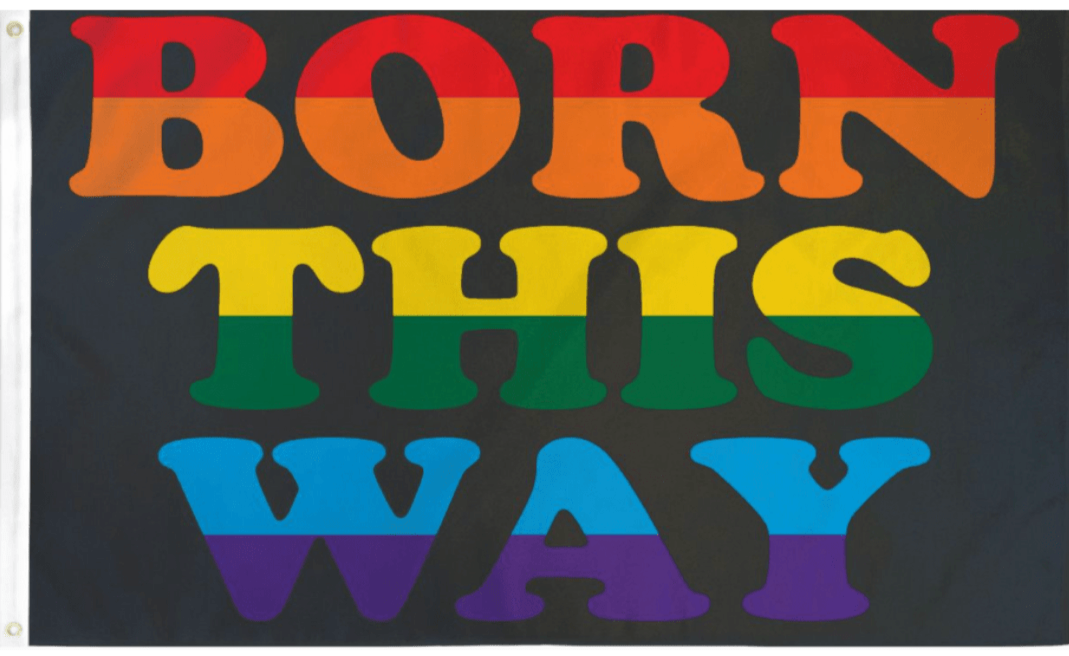
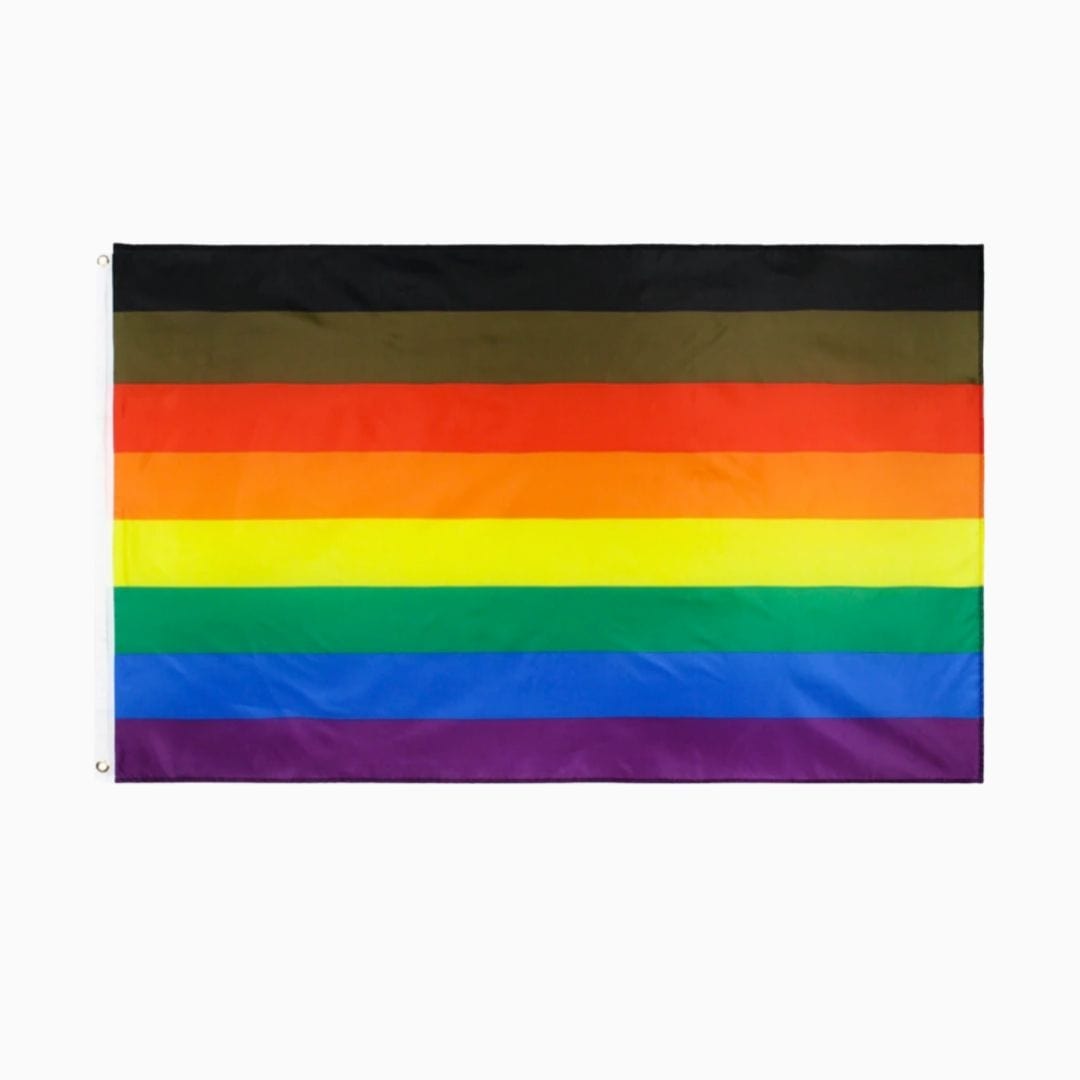
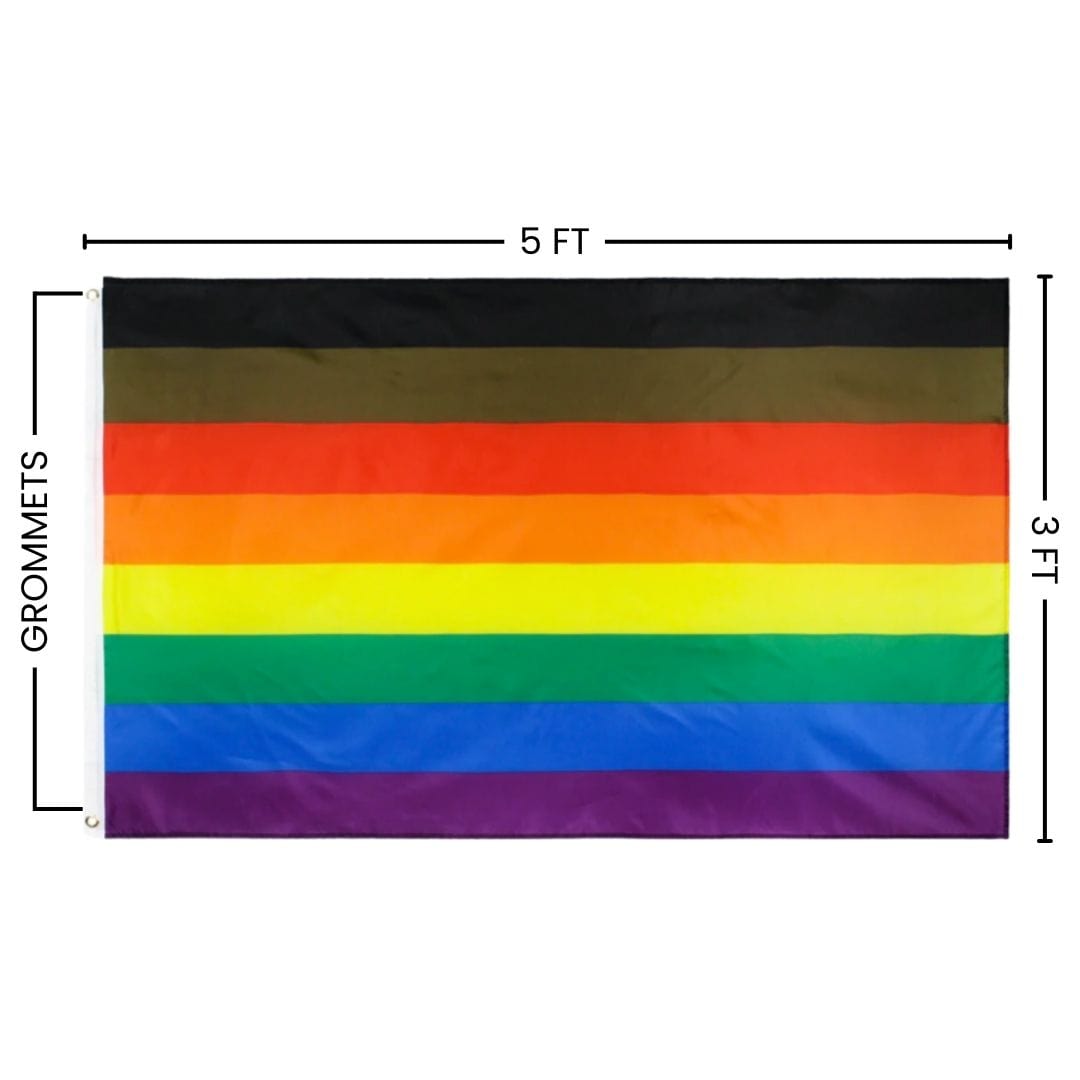
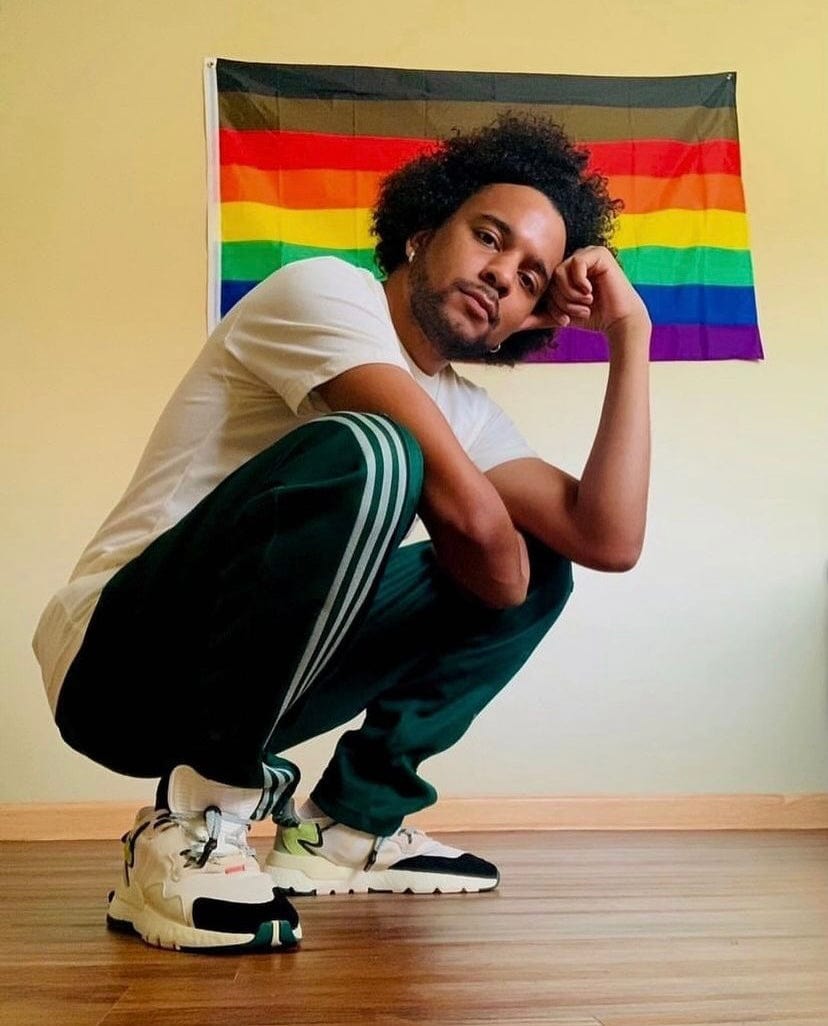
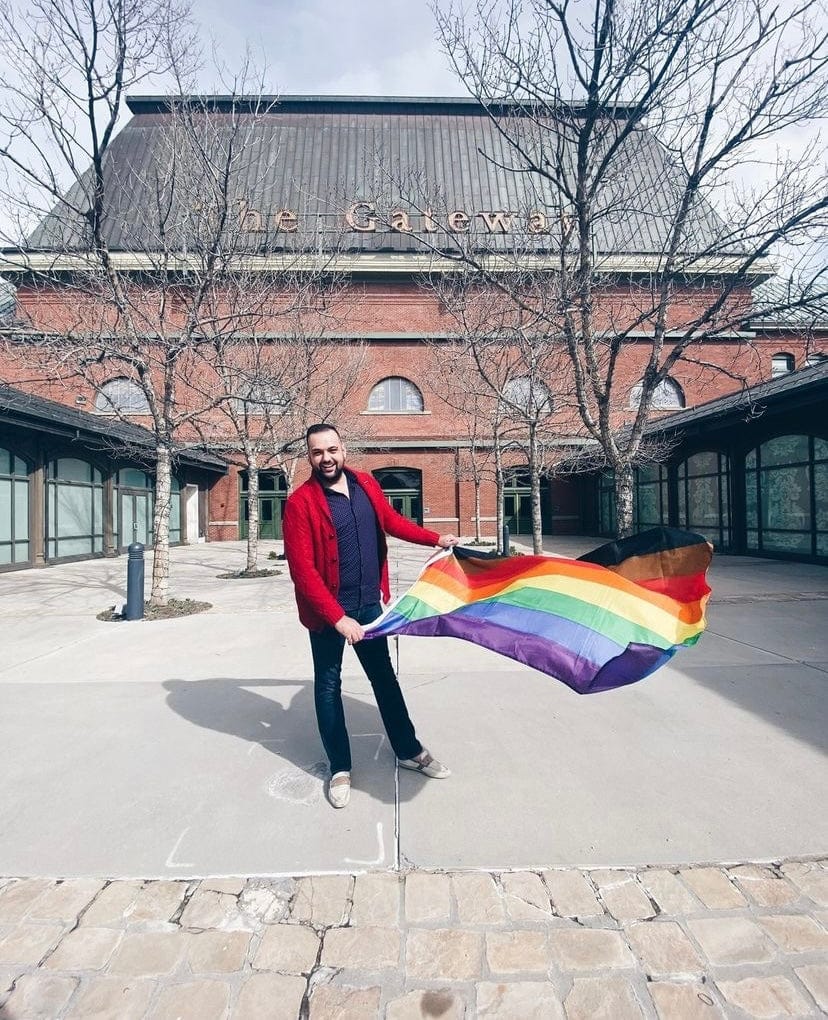
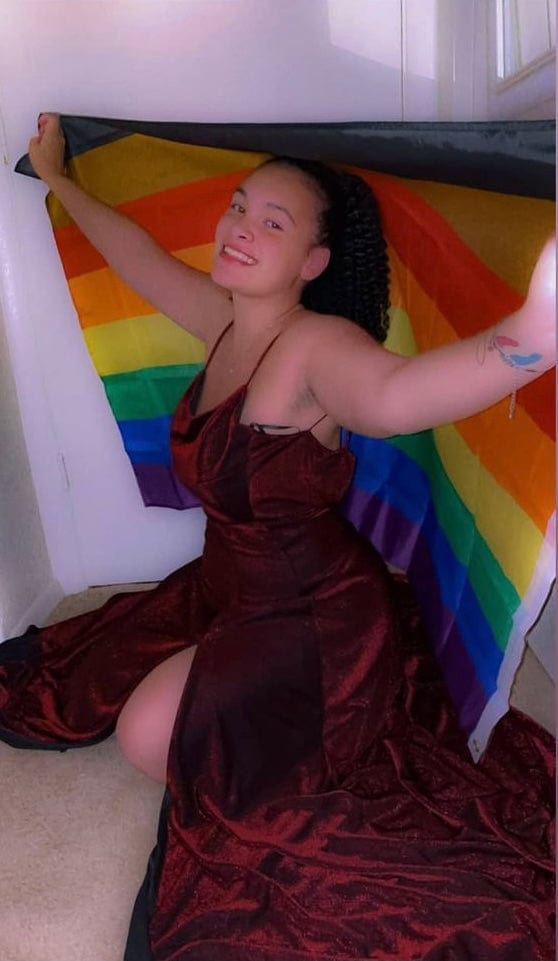
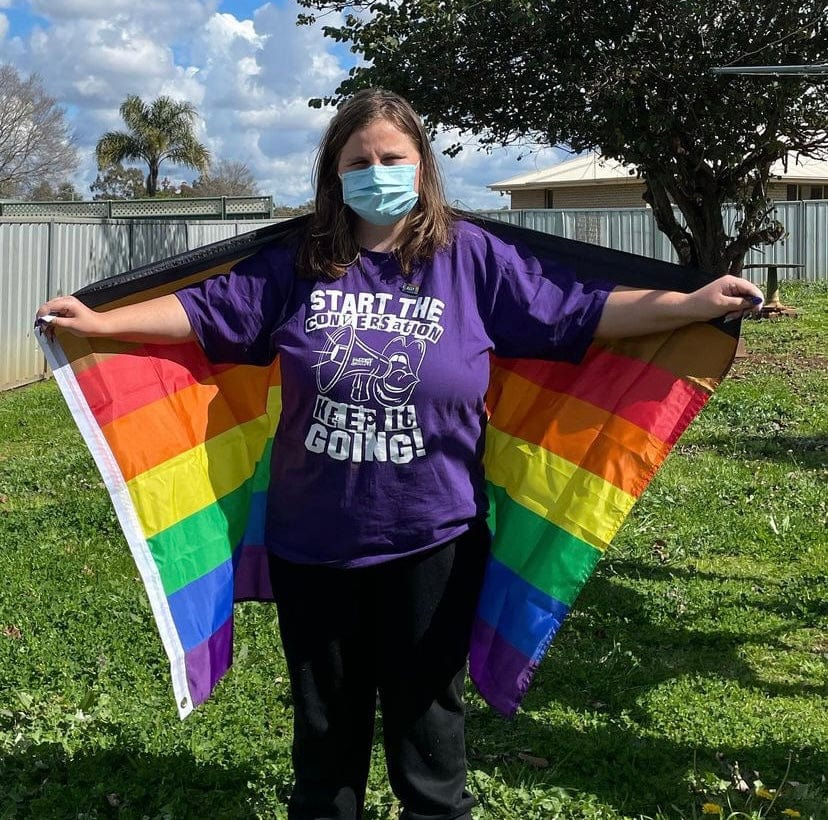
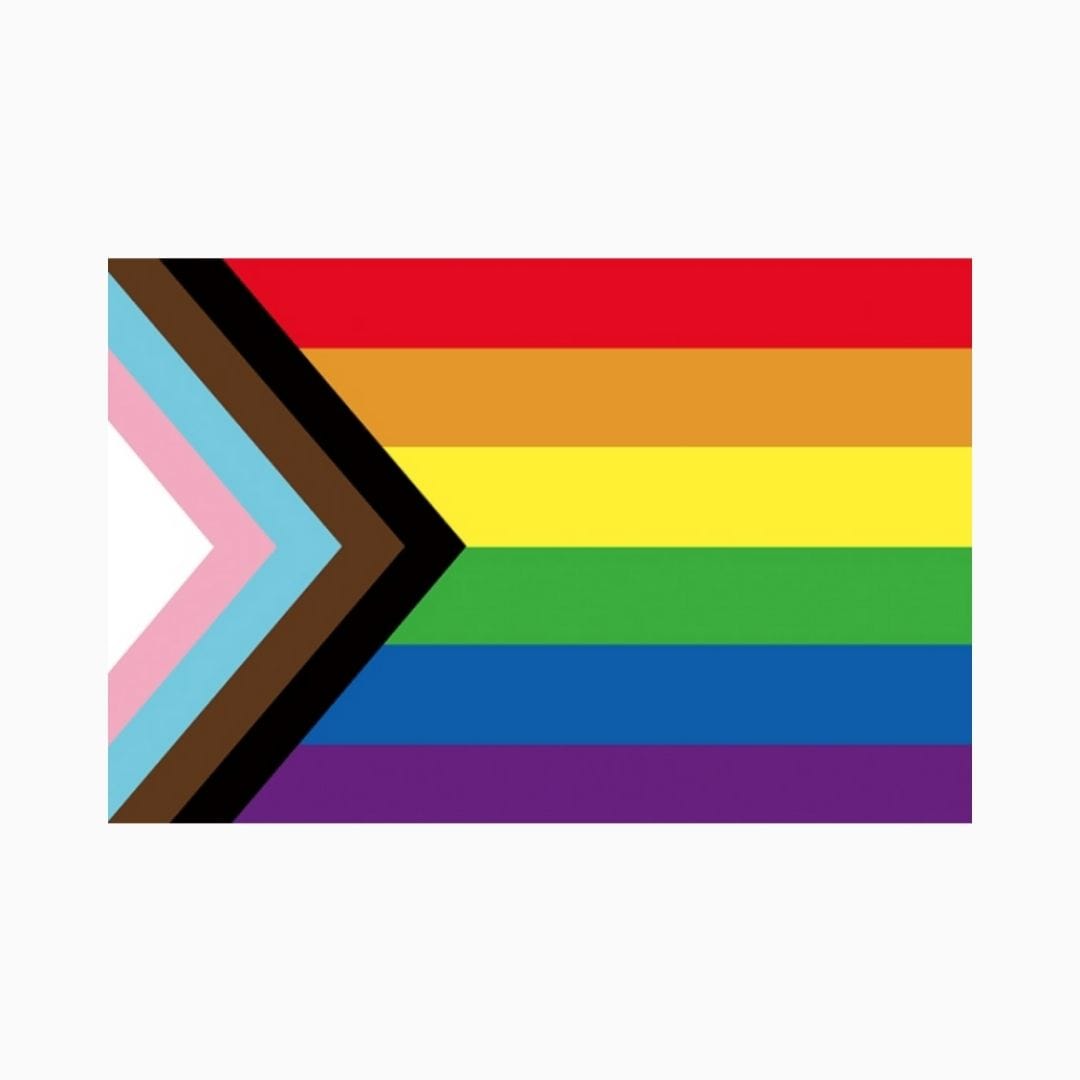
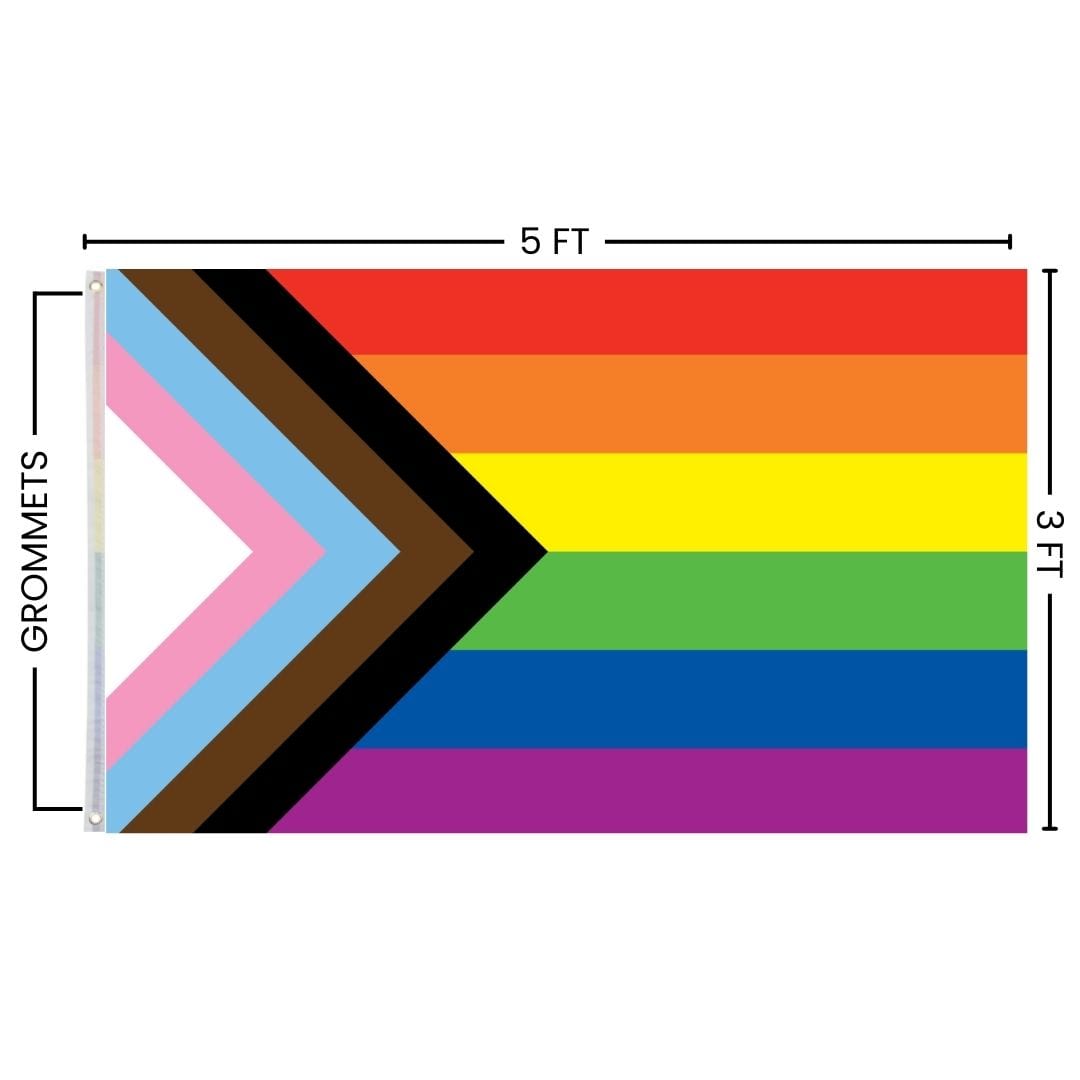
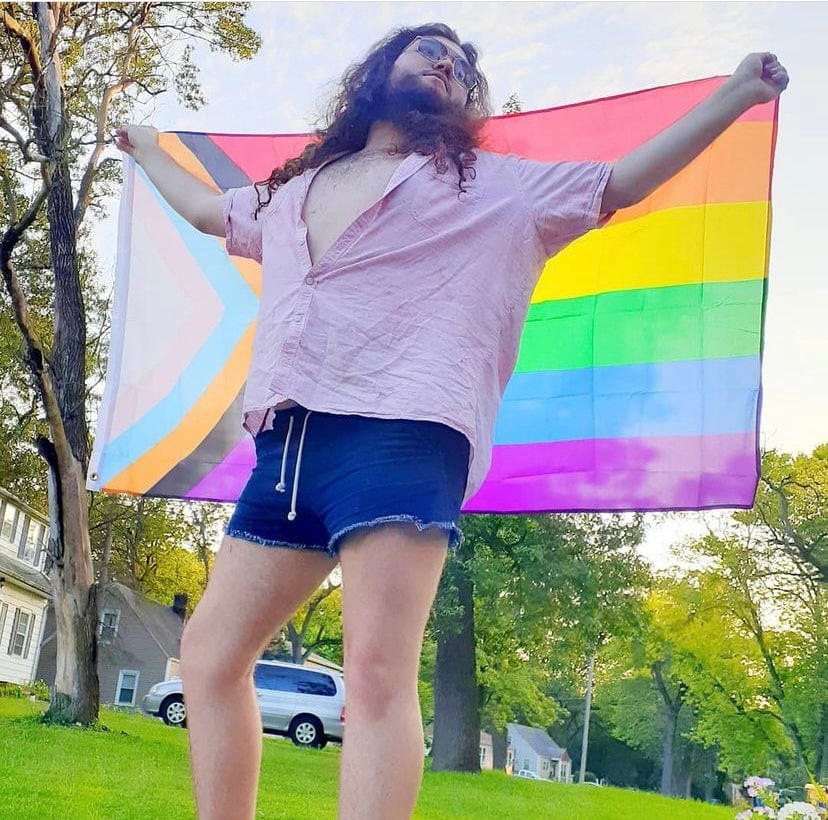
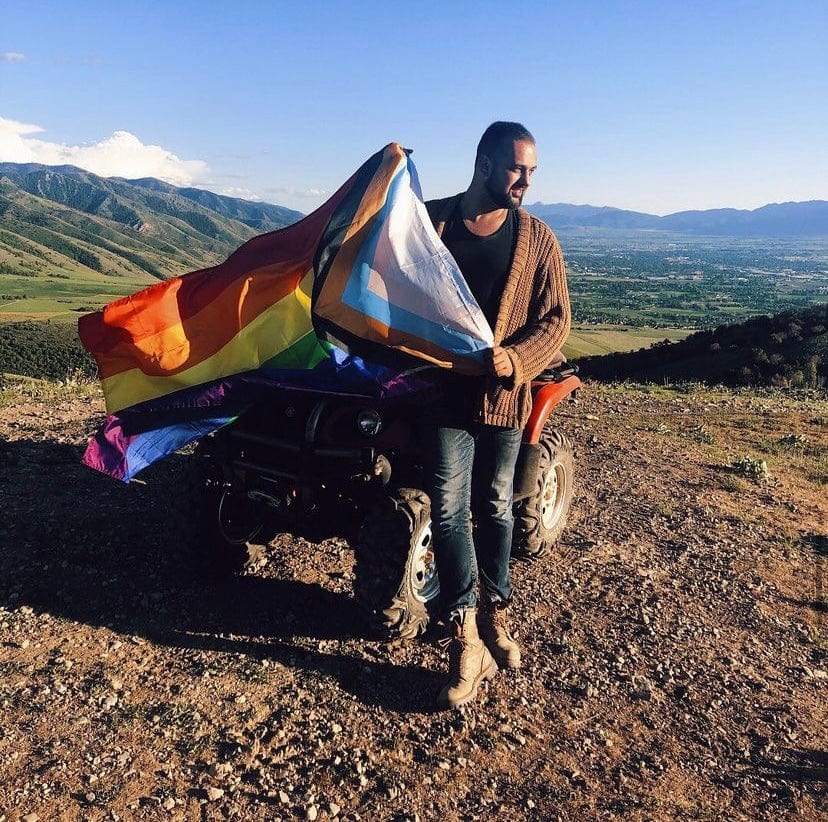
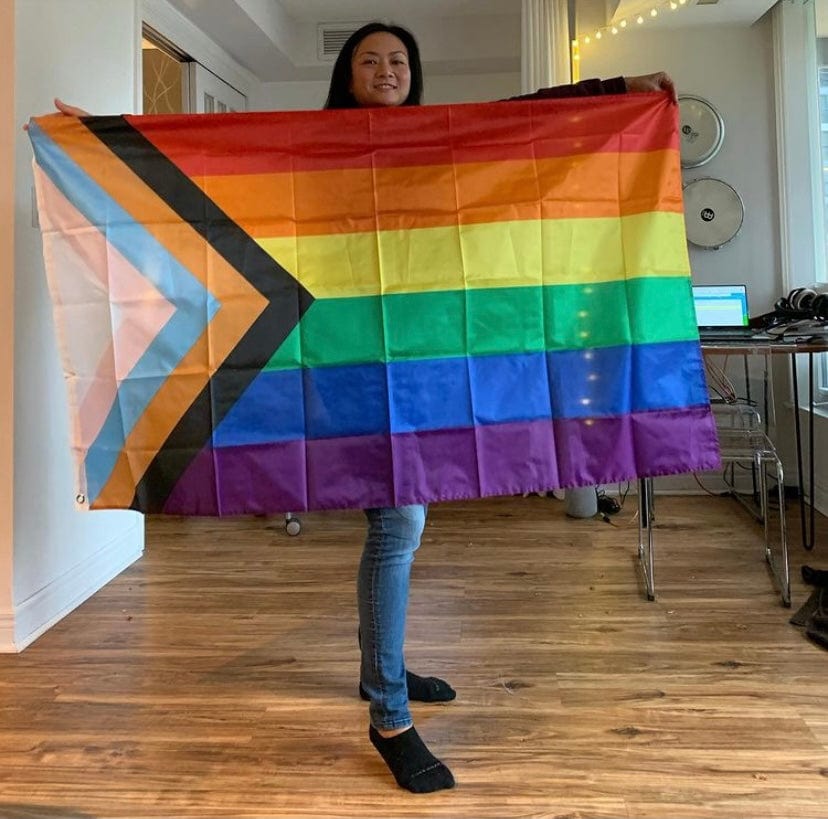
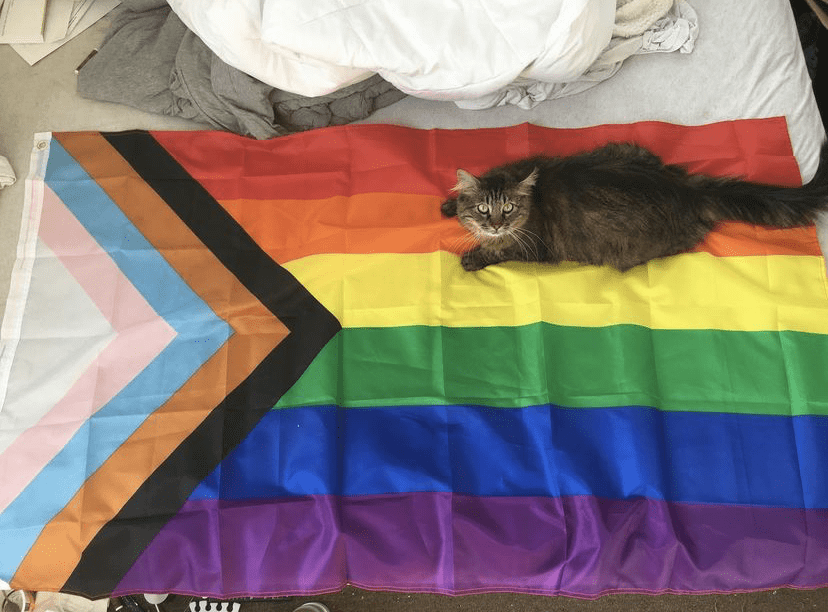
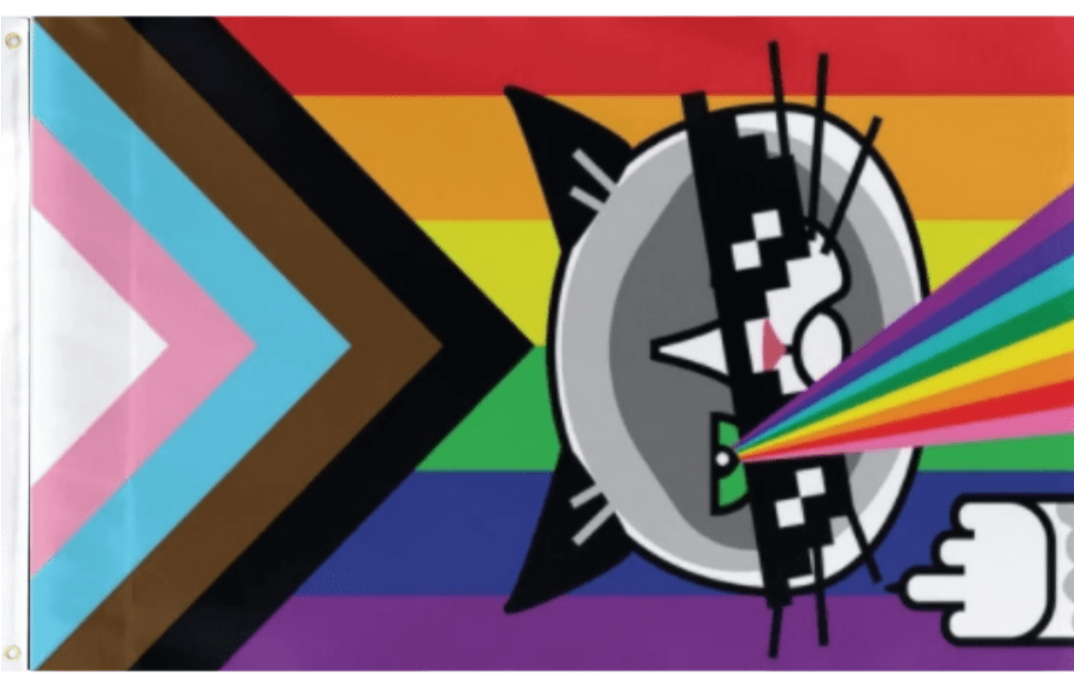

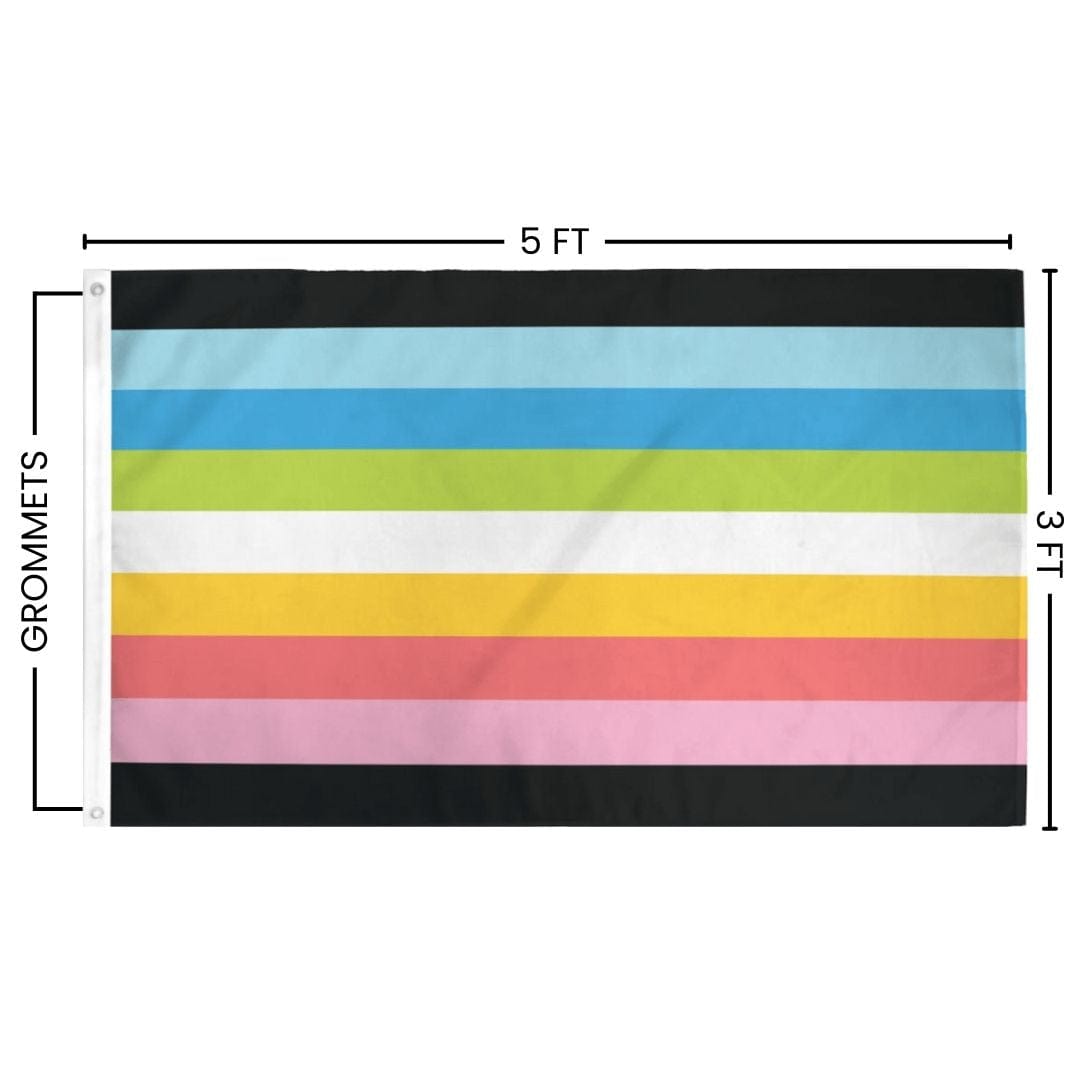
Comments
Visa
aiwgxzdwpye
iwgxzdwpye http://www.g2j7bd0cq57d280e3jbt4w24i01y1nm4s.org/
[url=http://www.g2j7bd0cq57d280e3jbt4w24i01y1nm4s.org/]uiwgxzdwpye[/url]